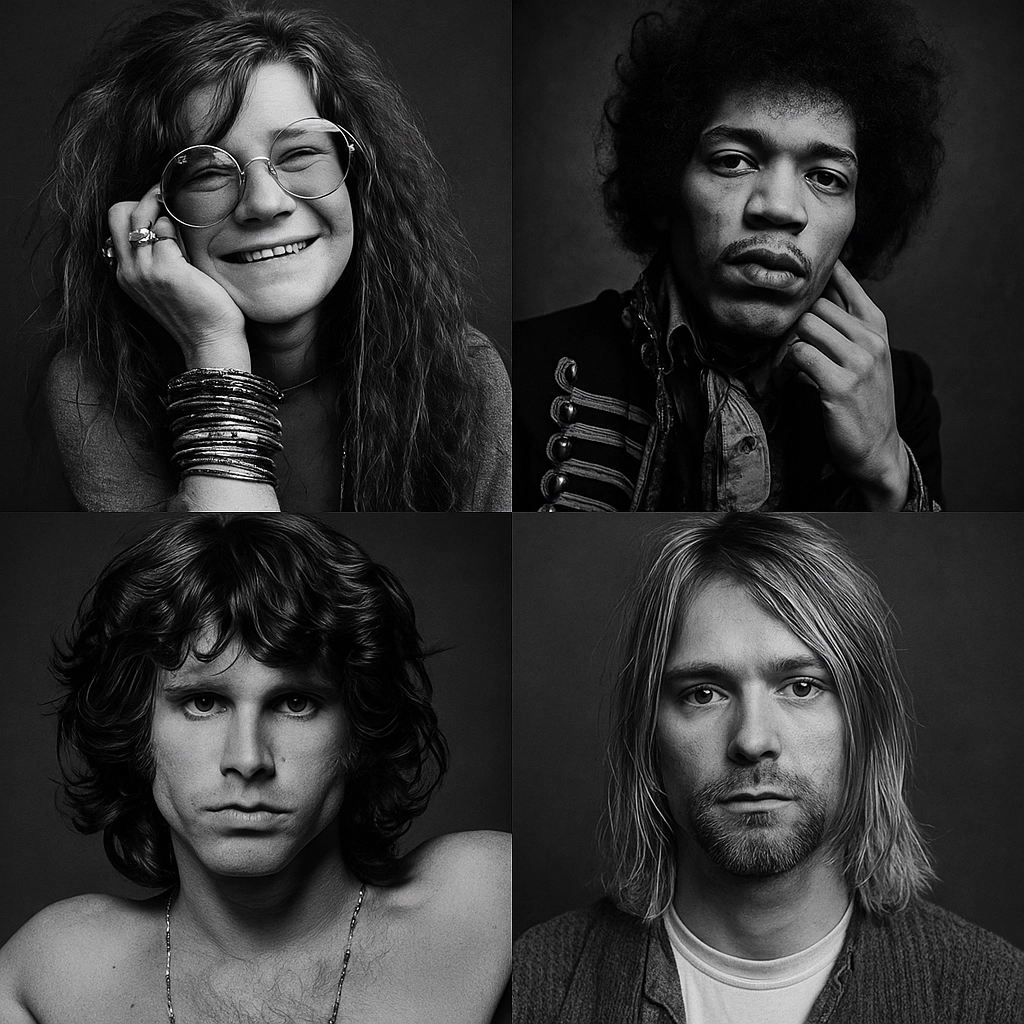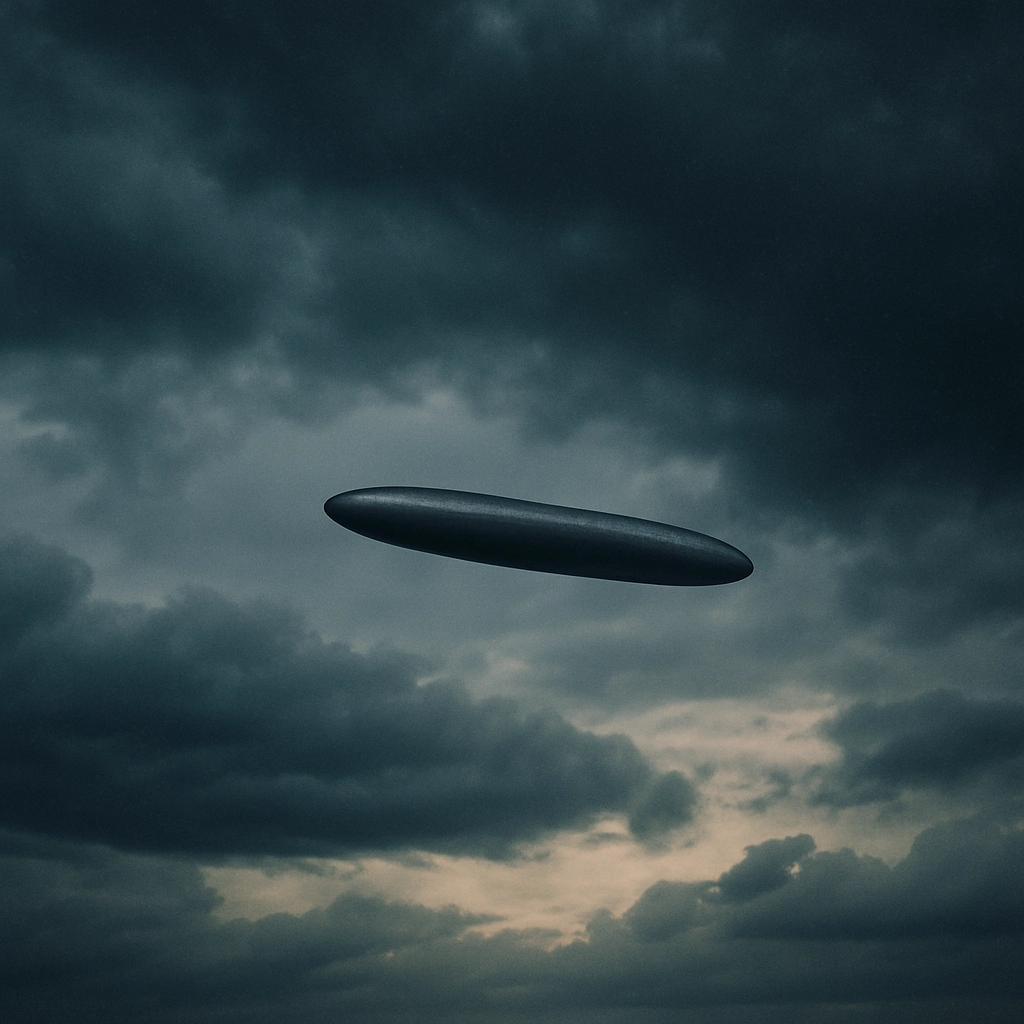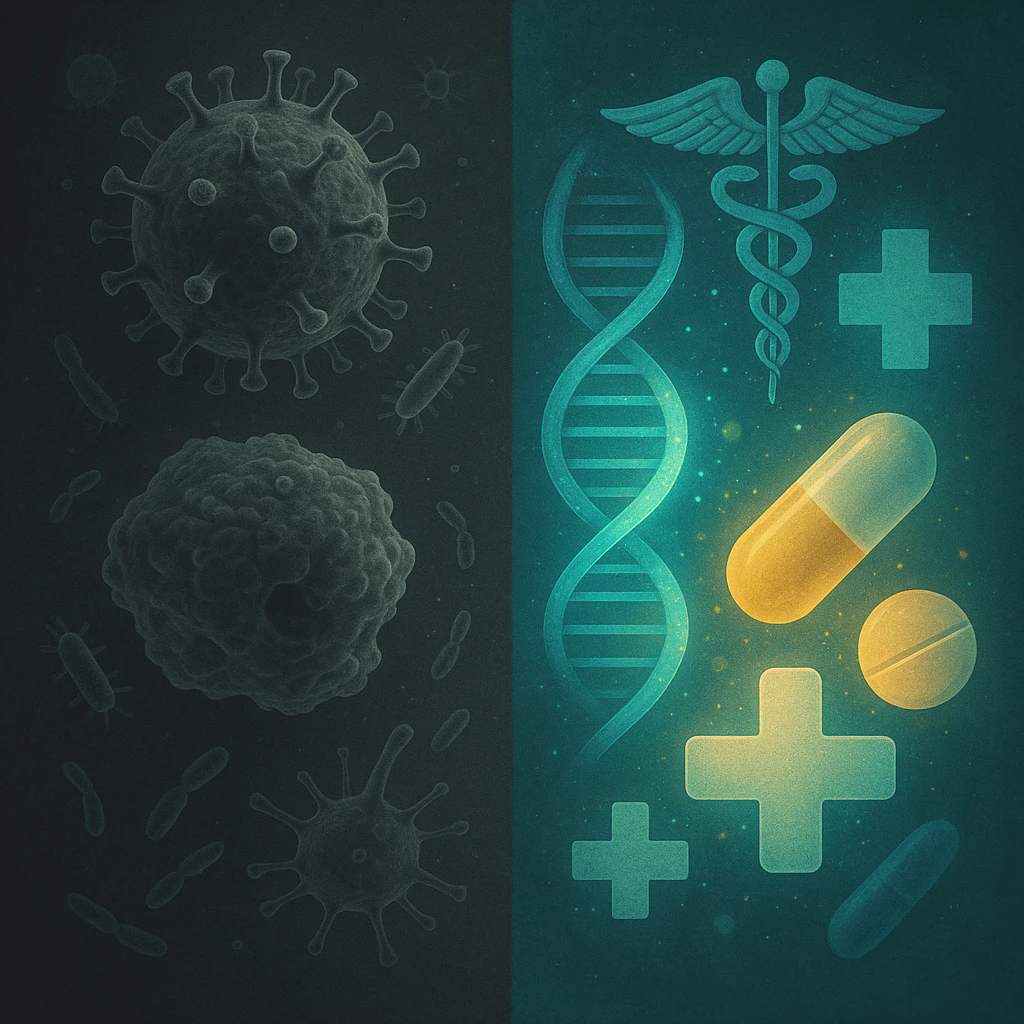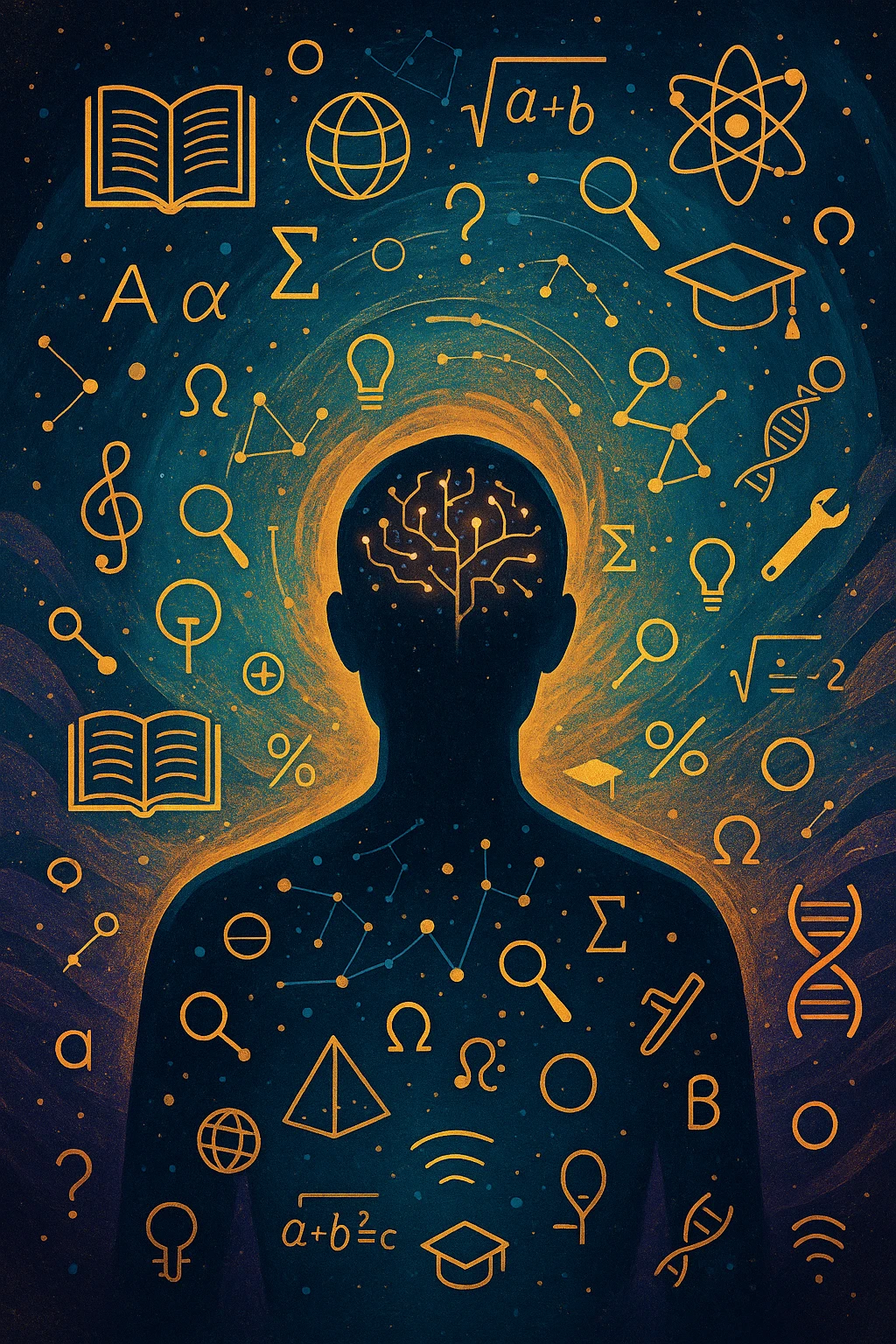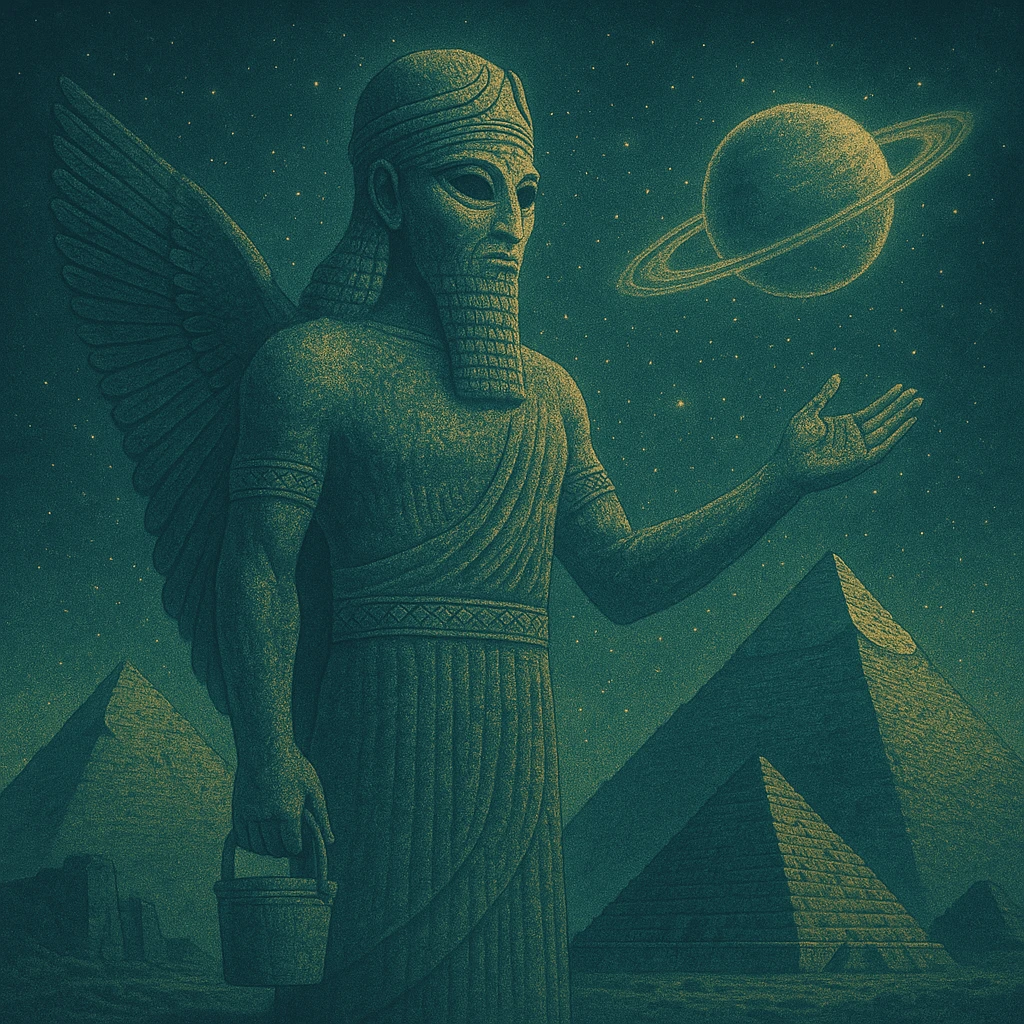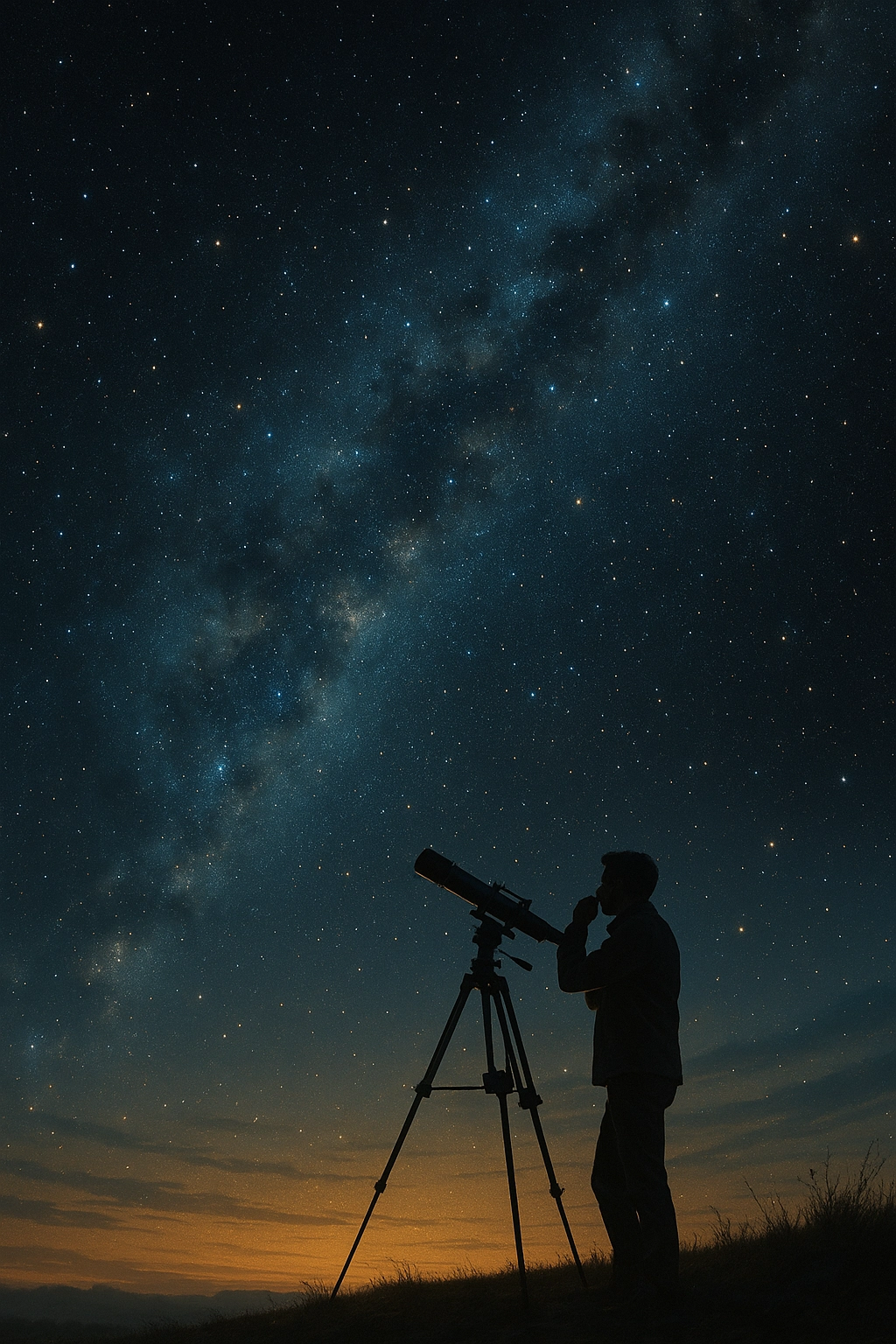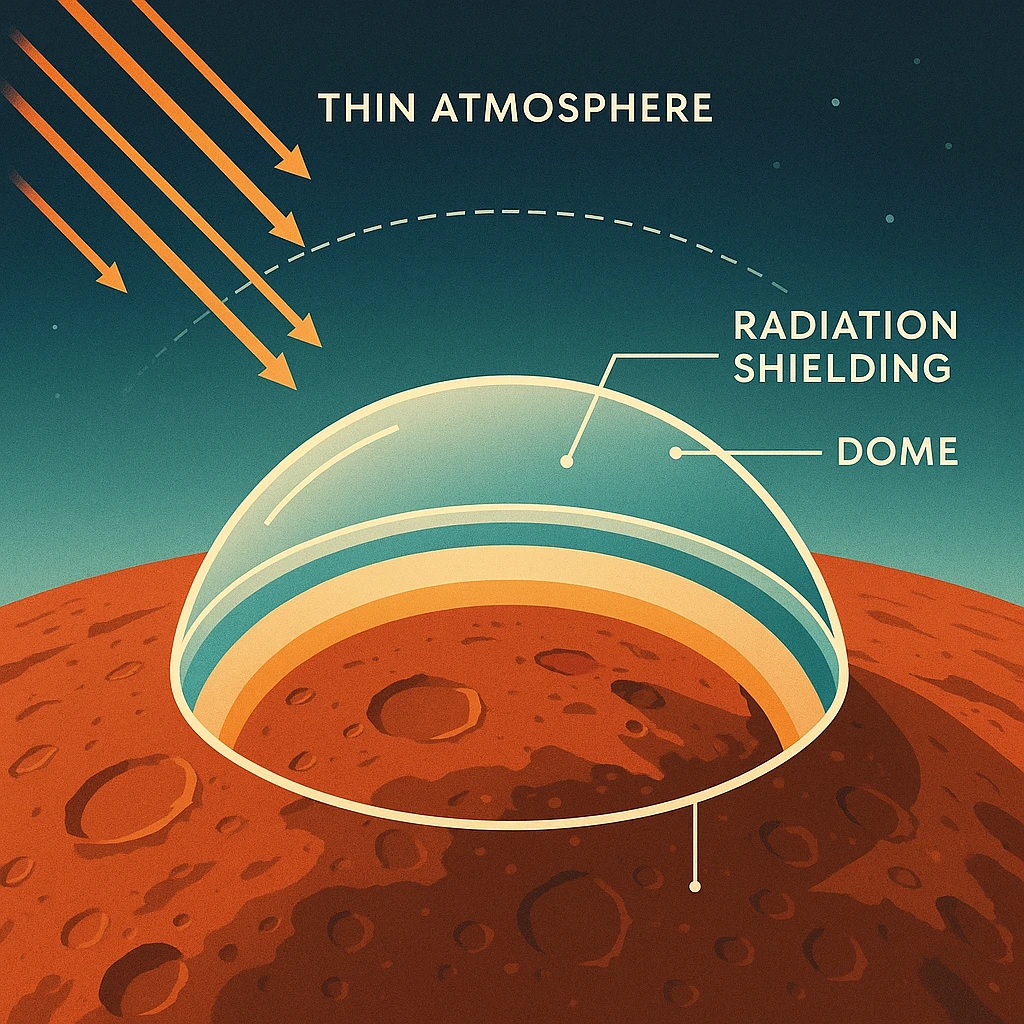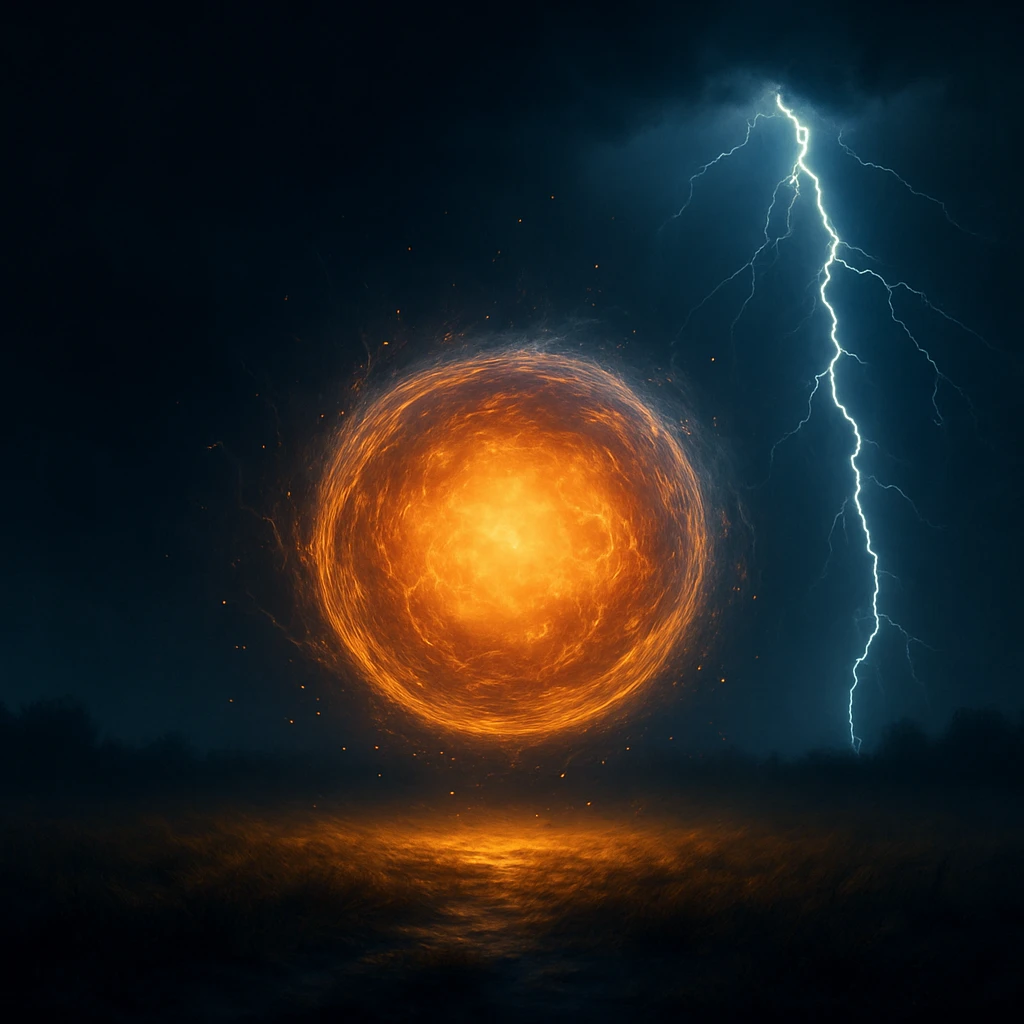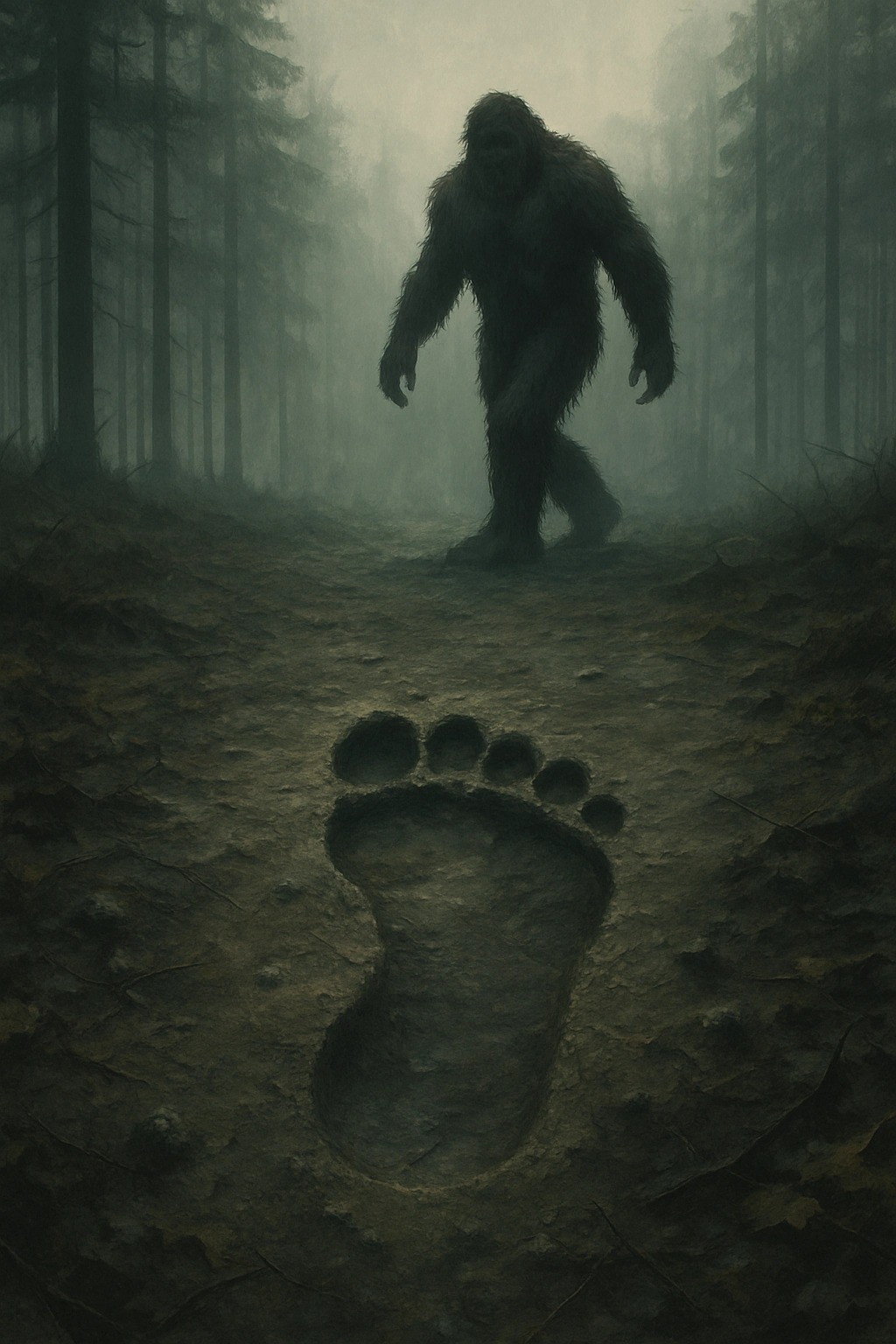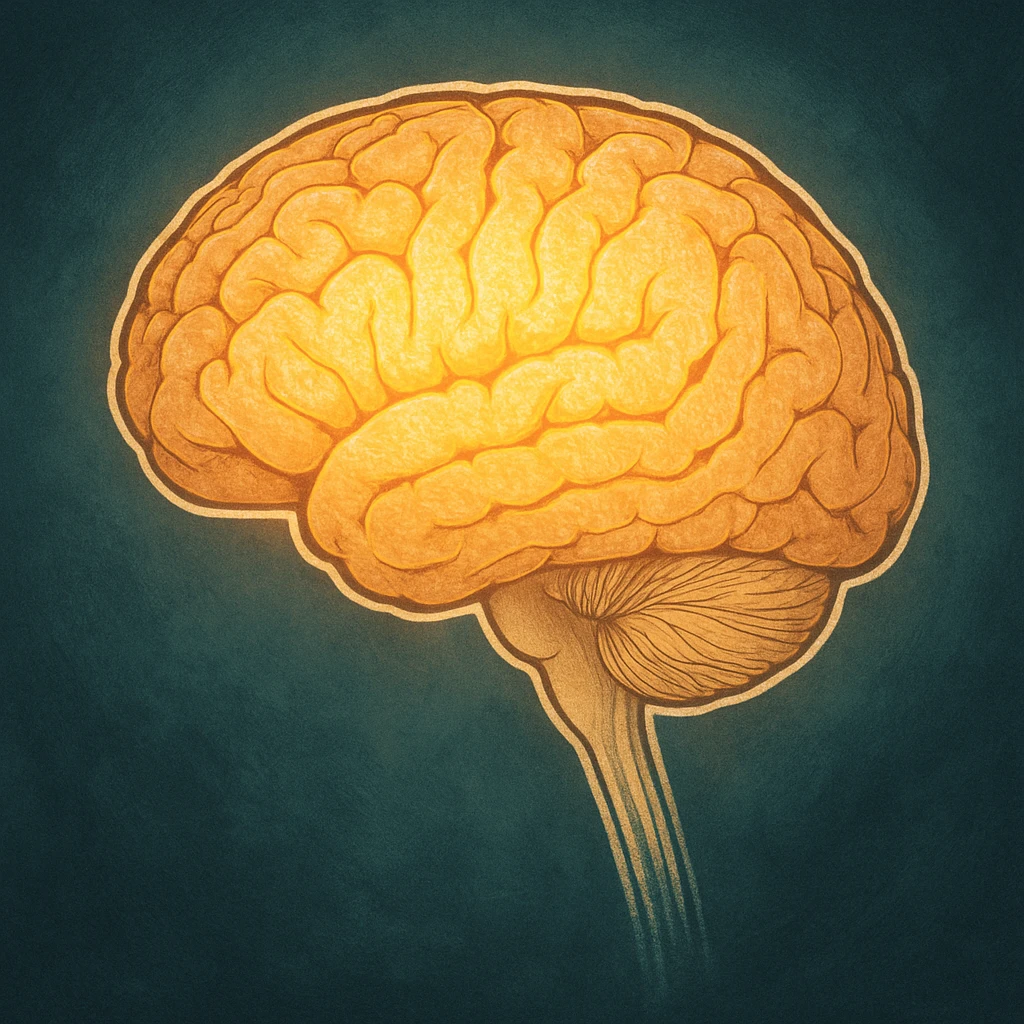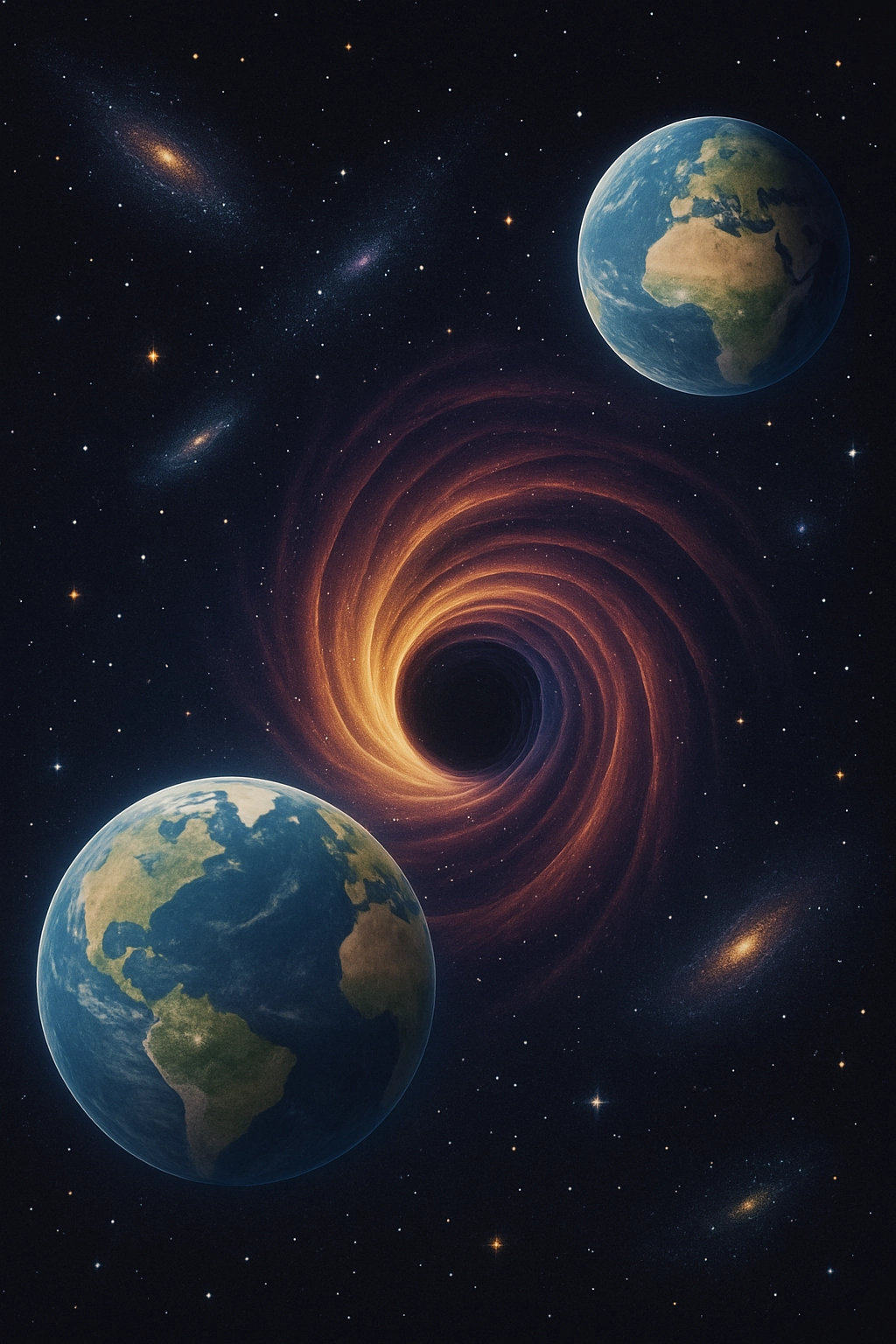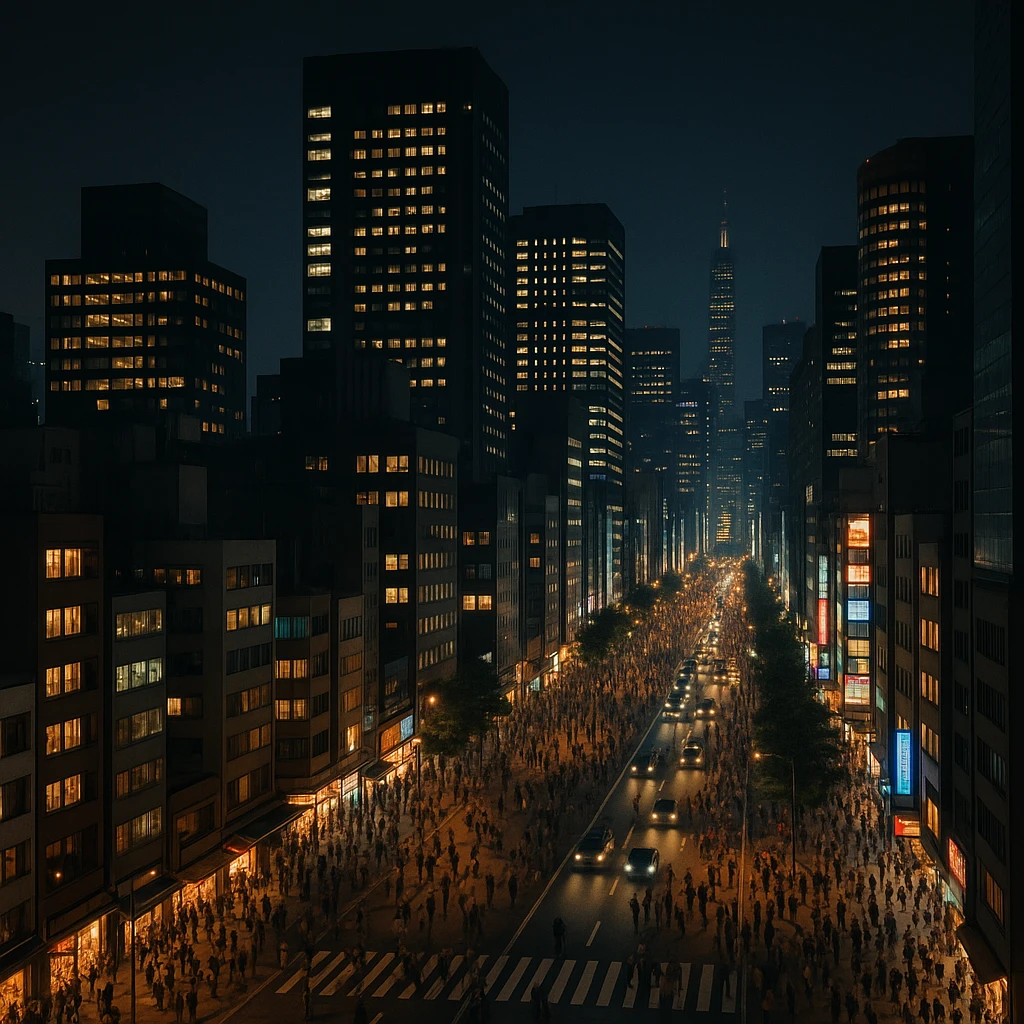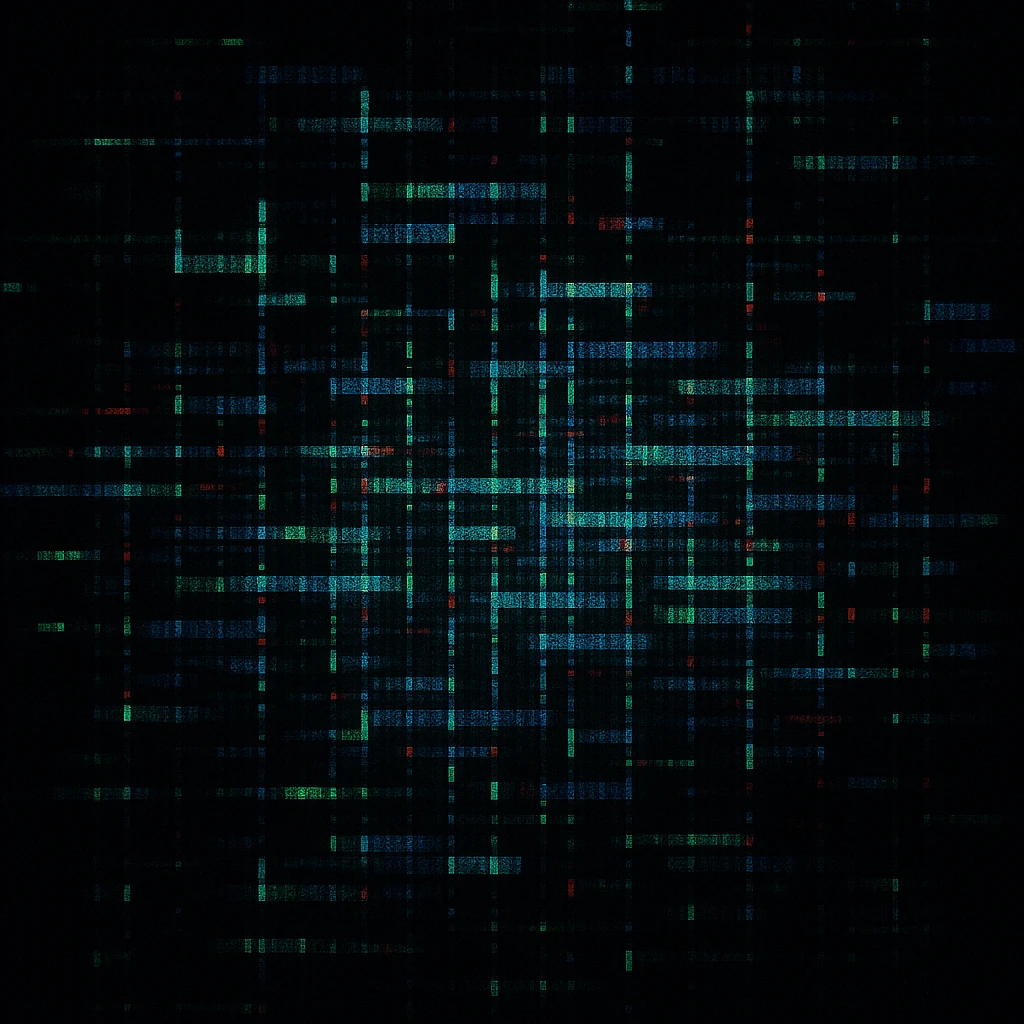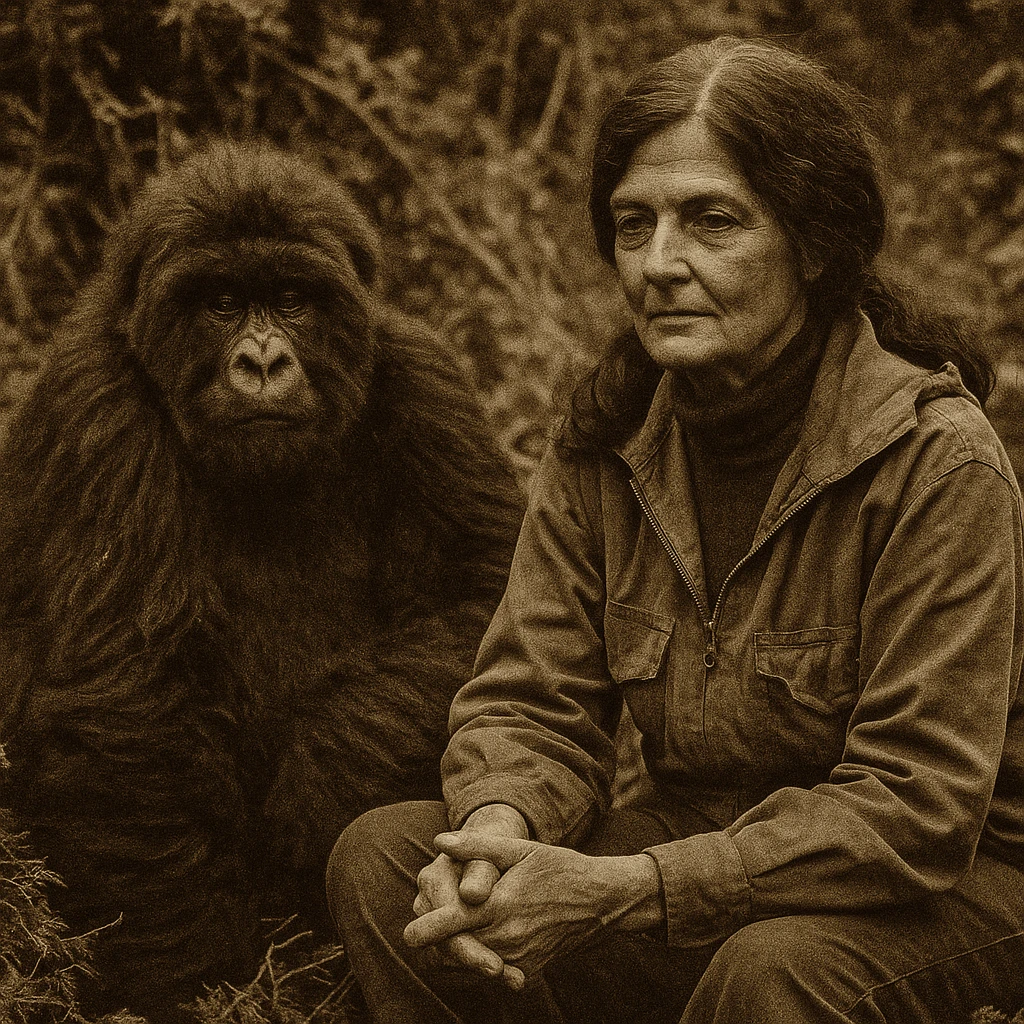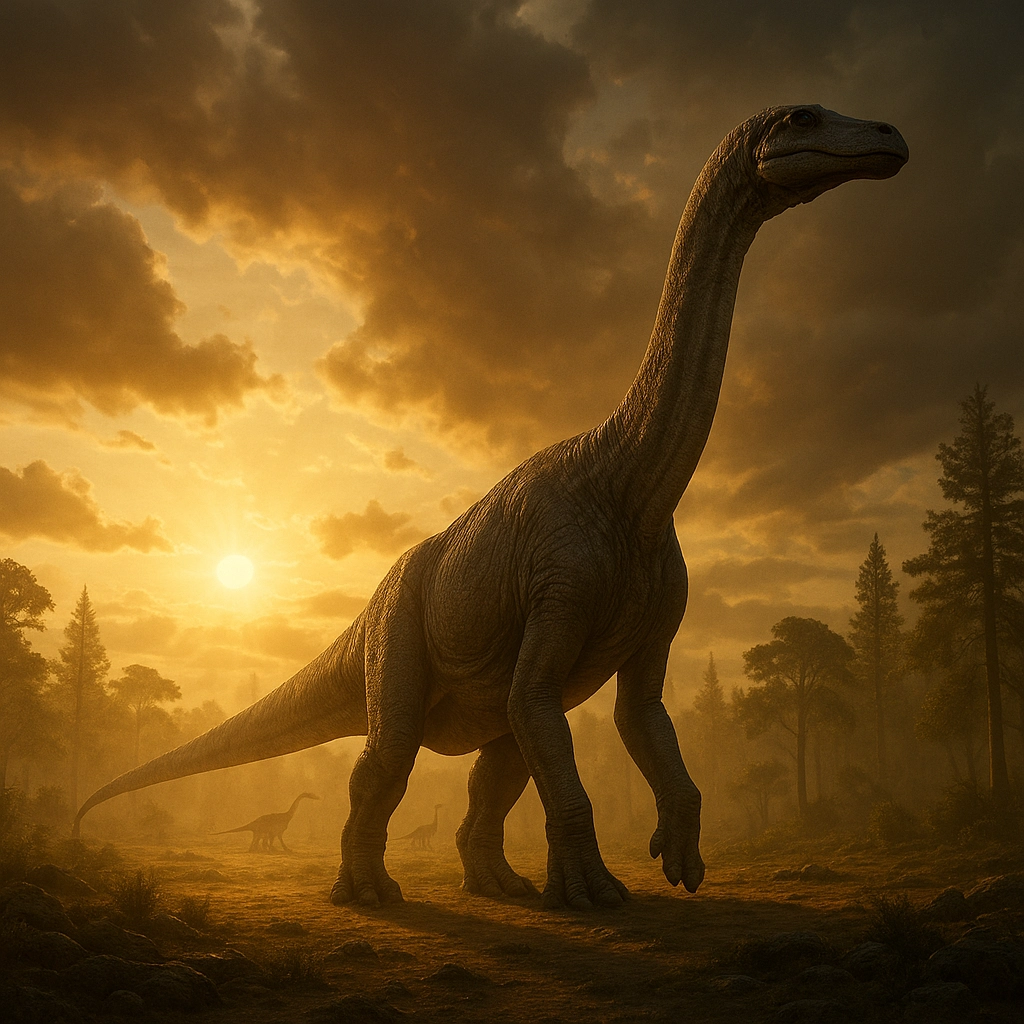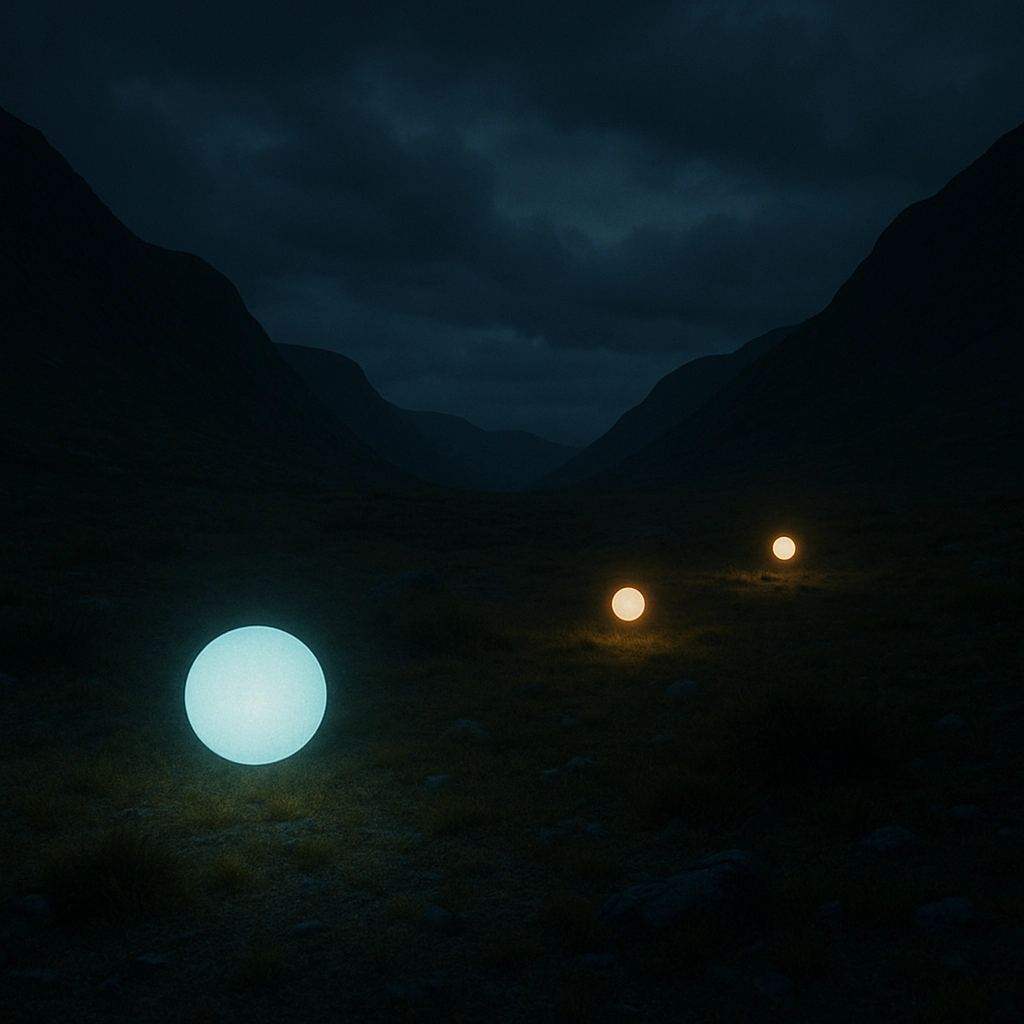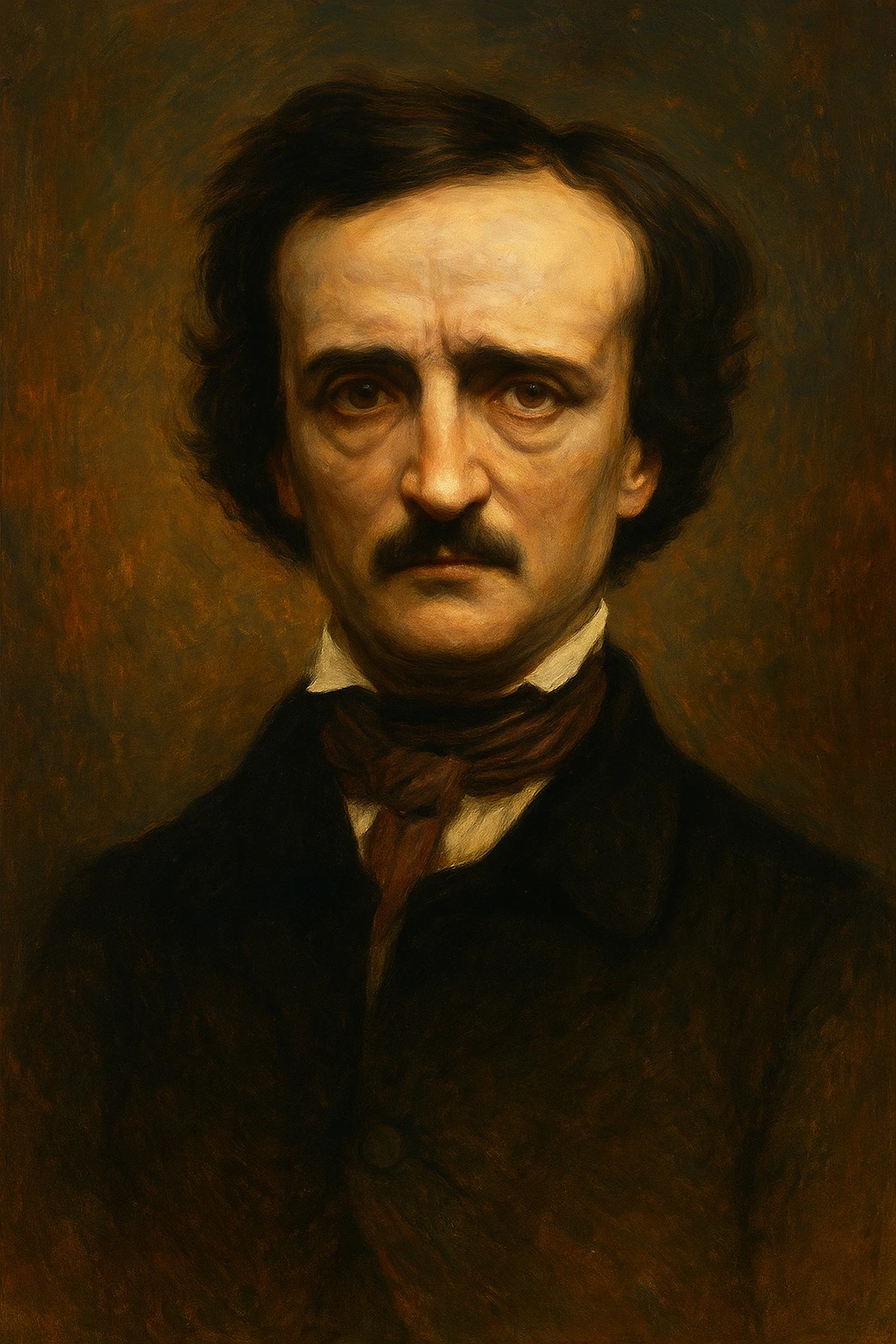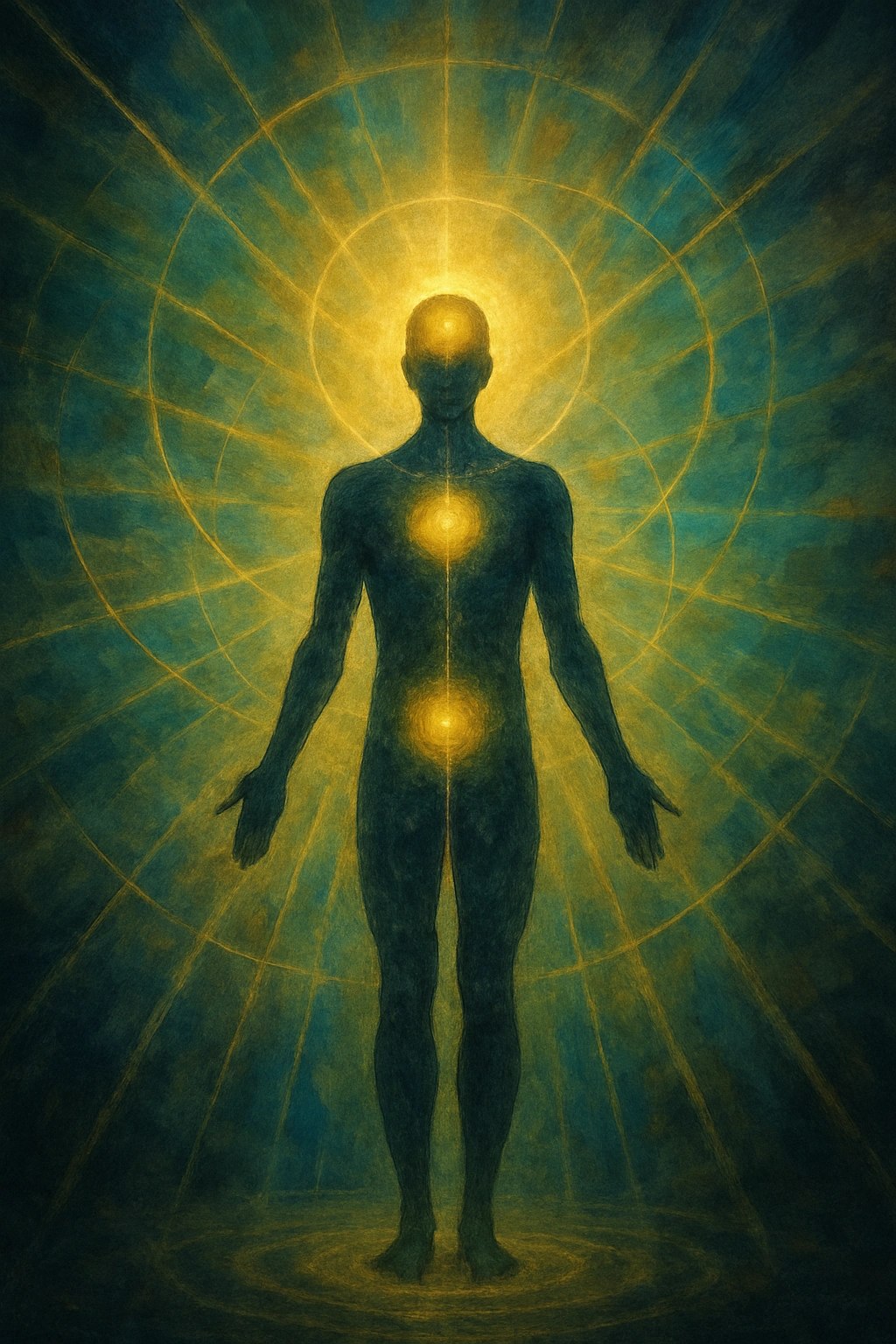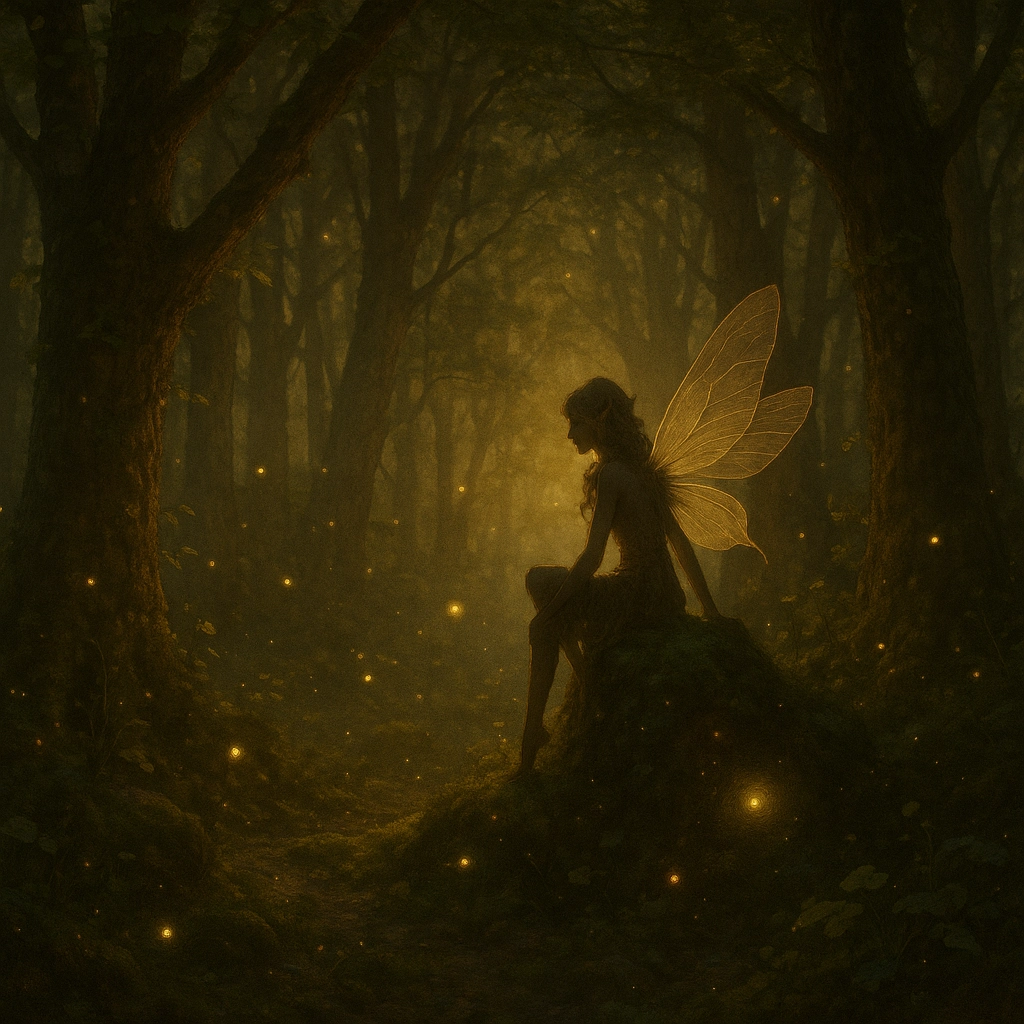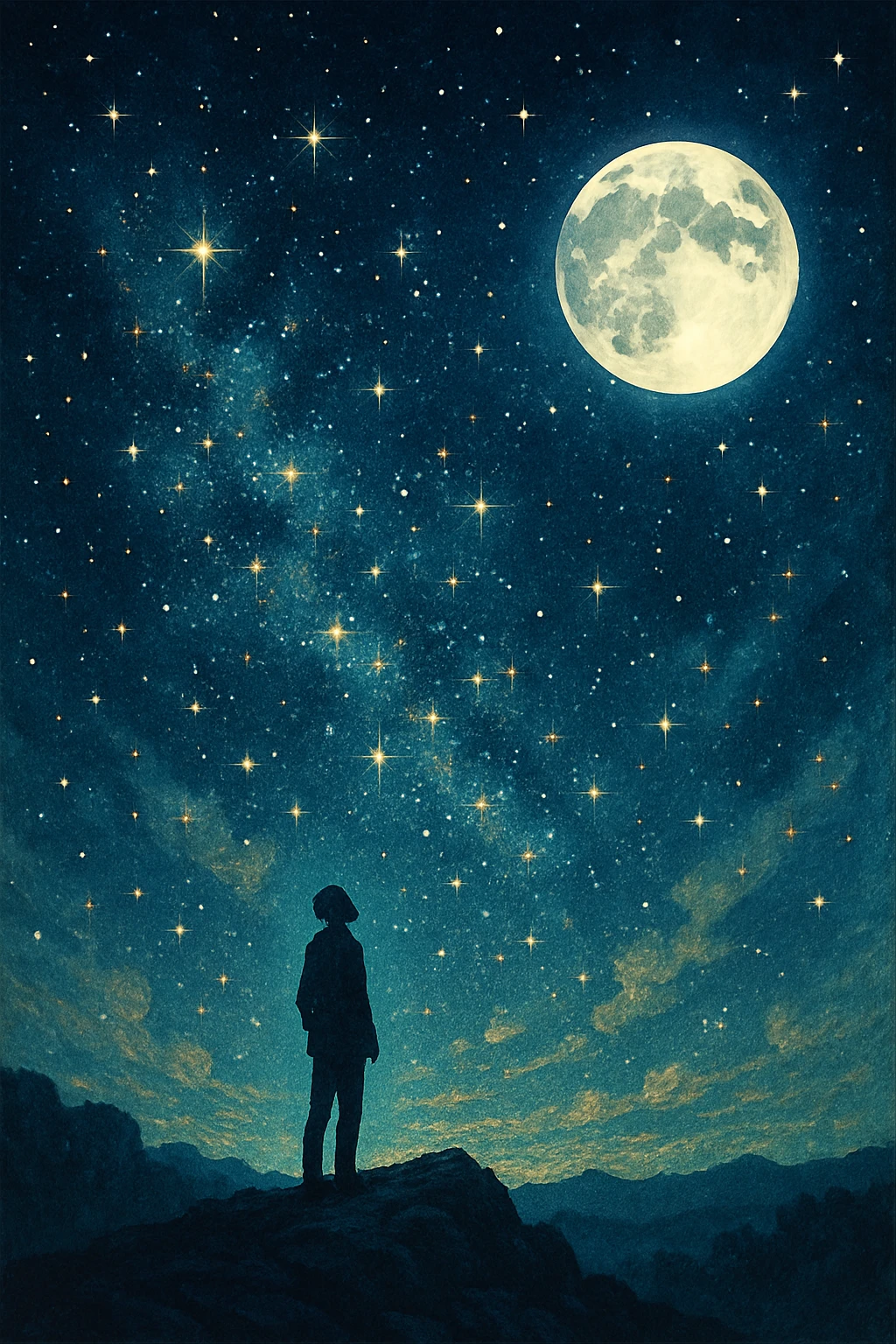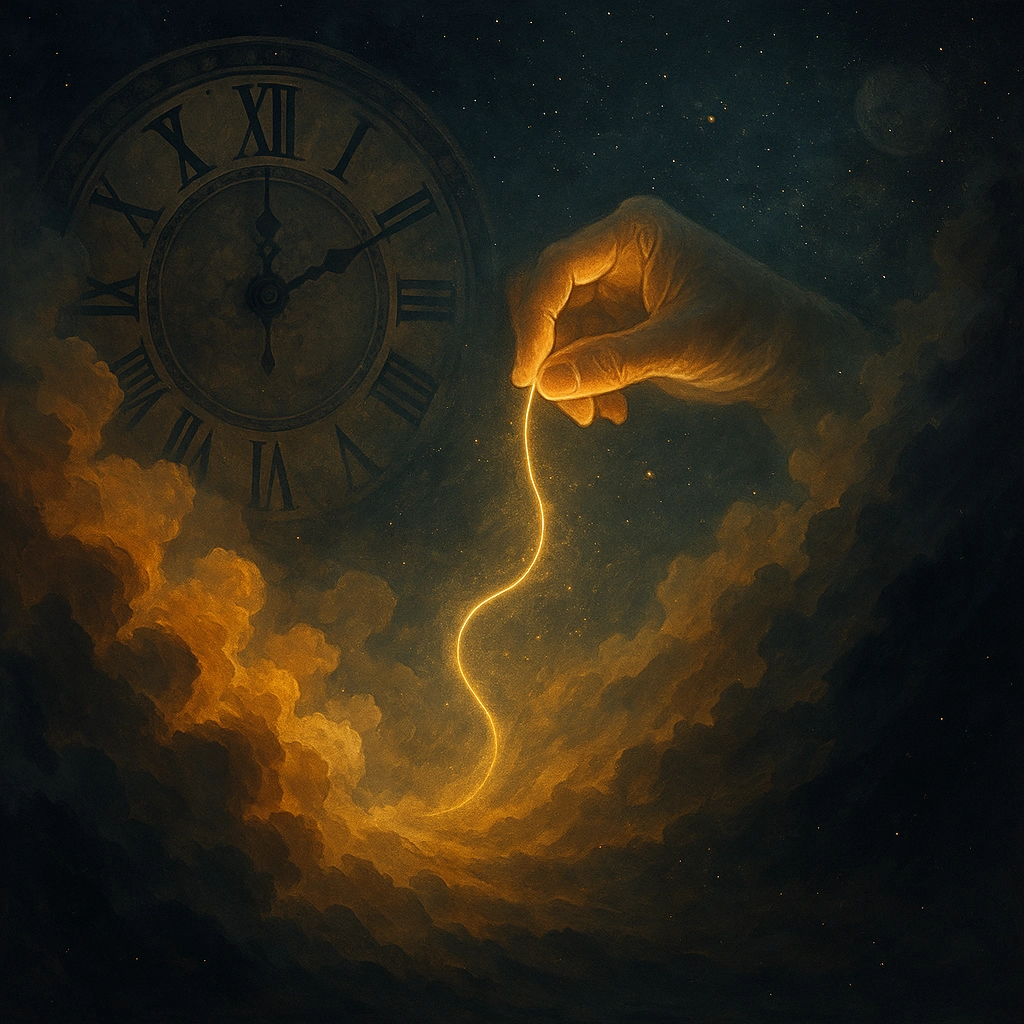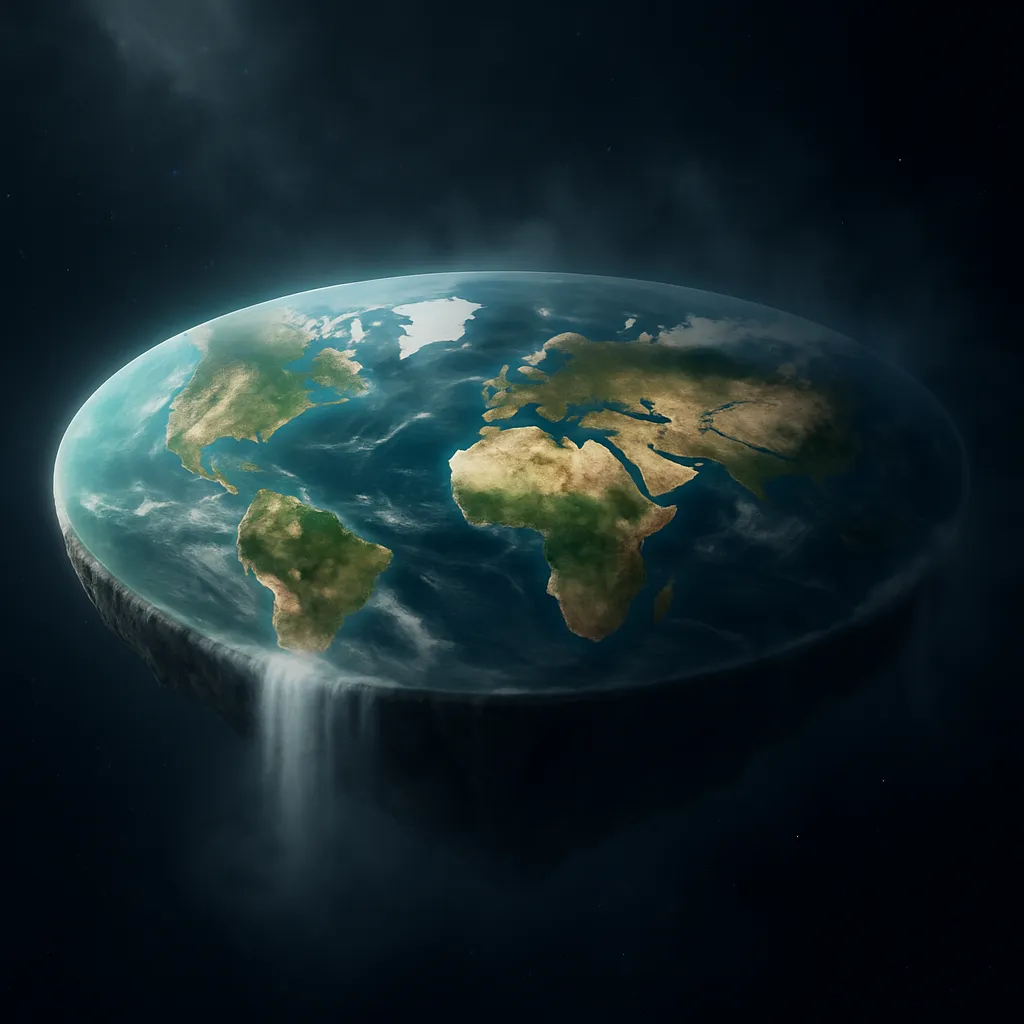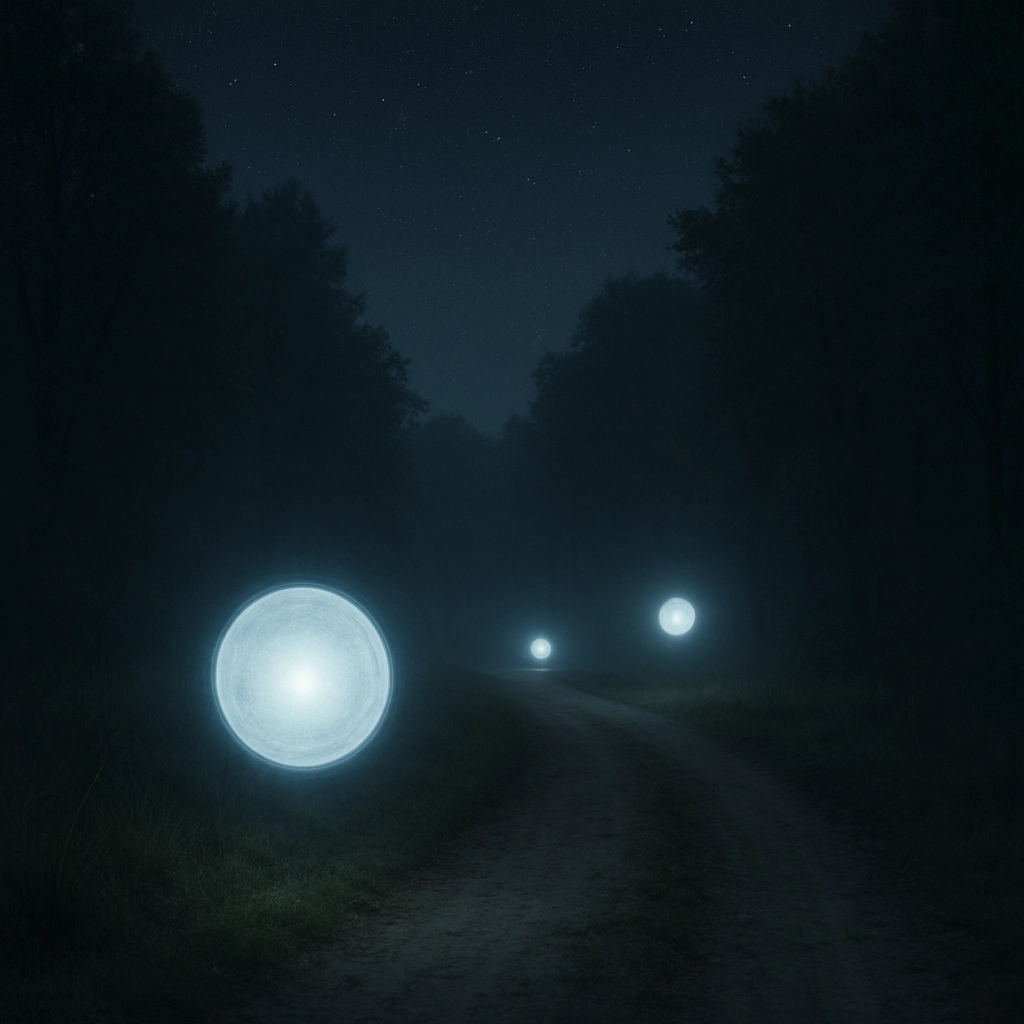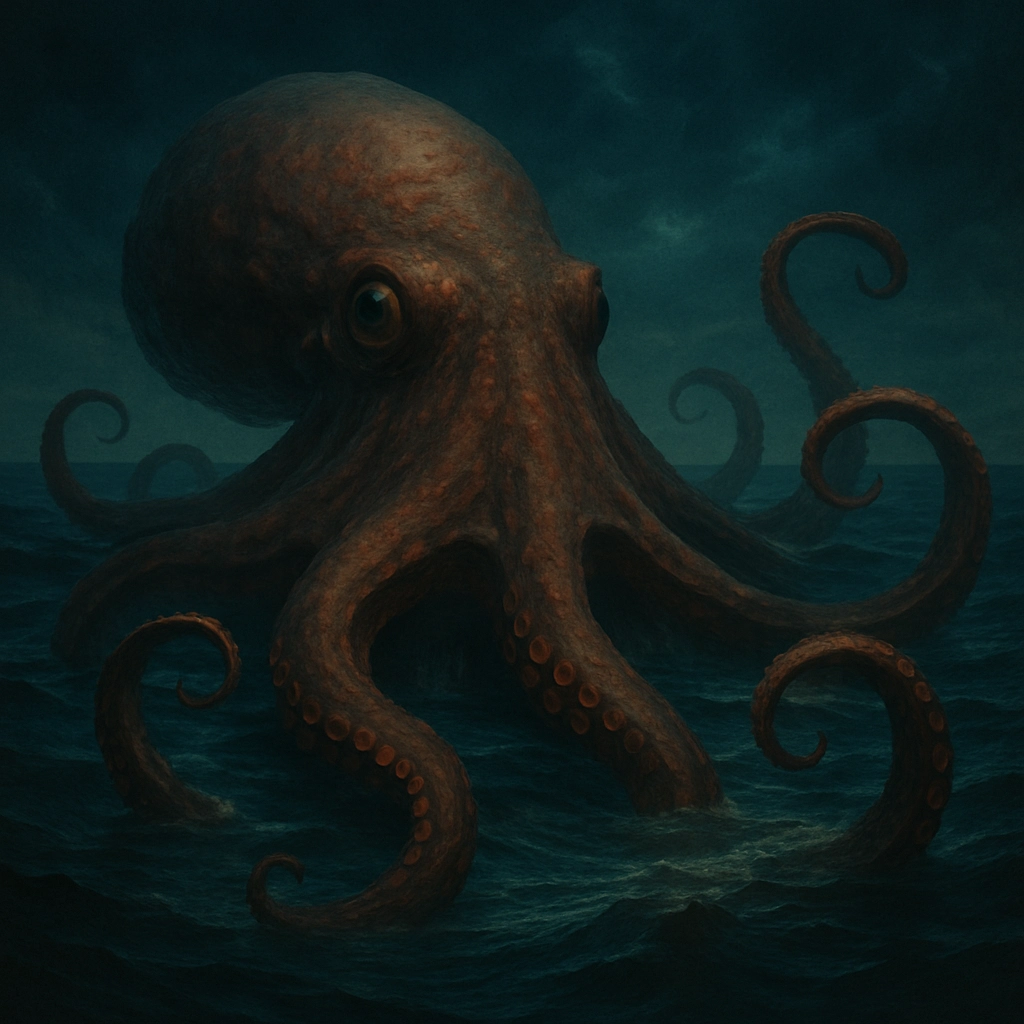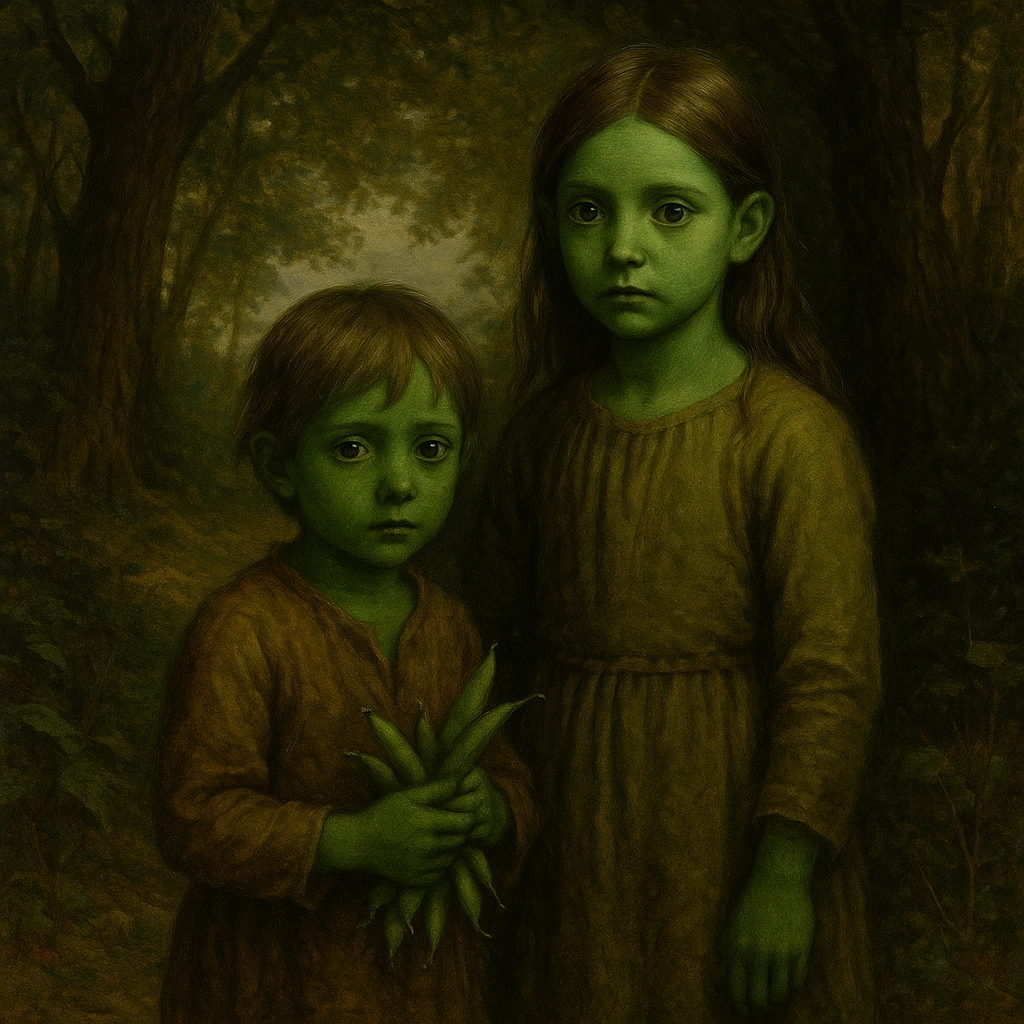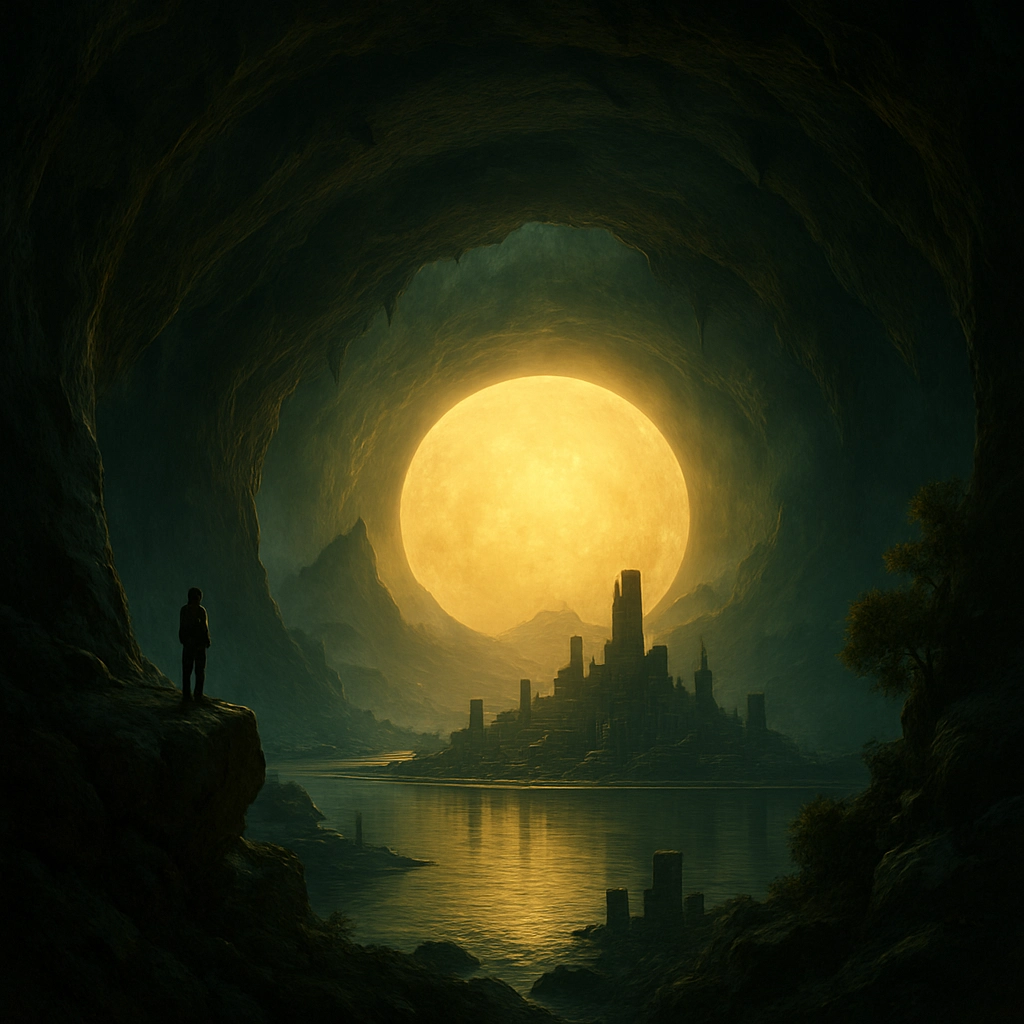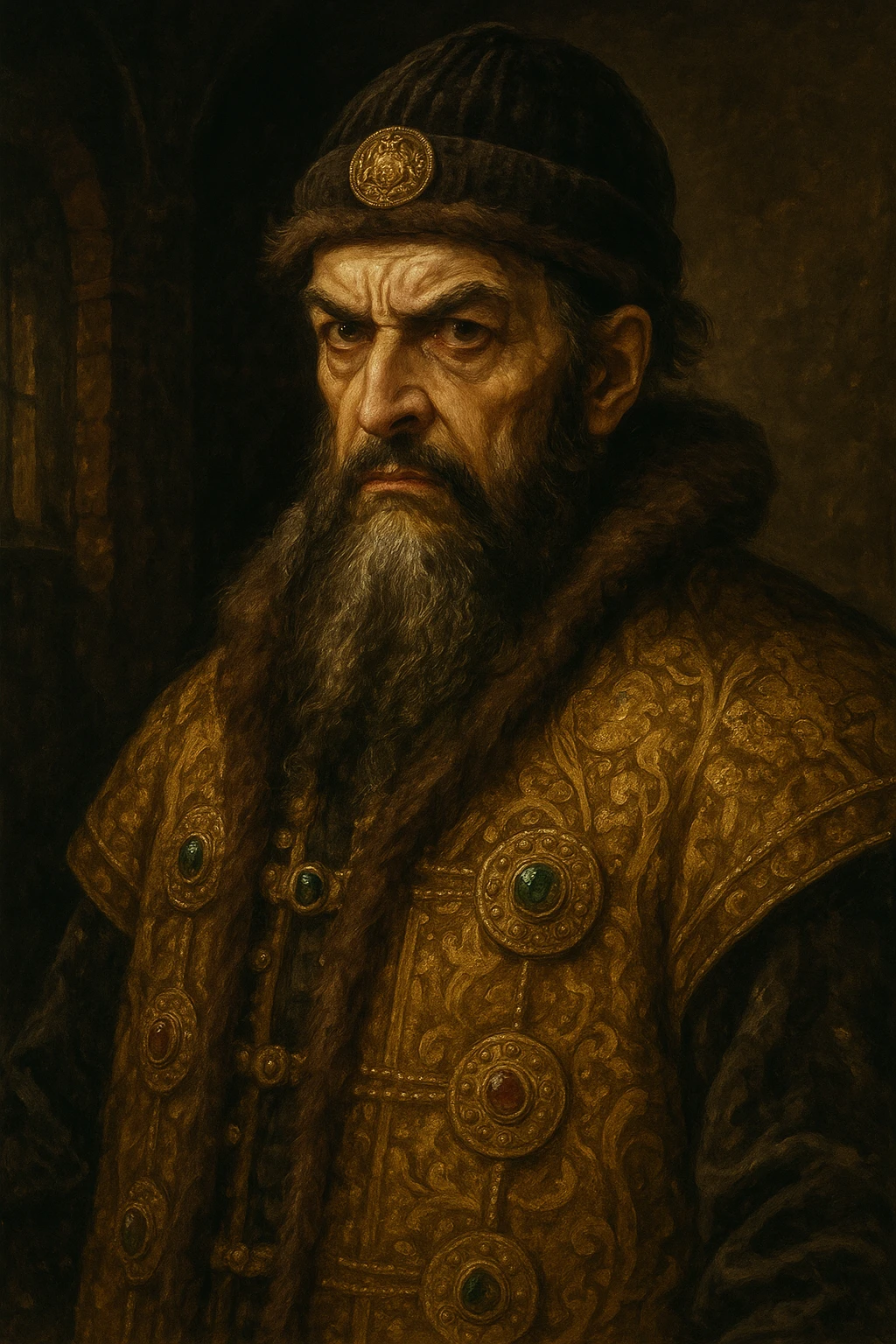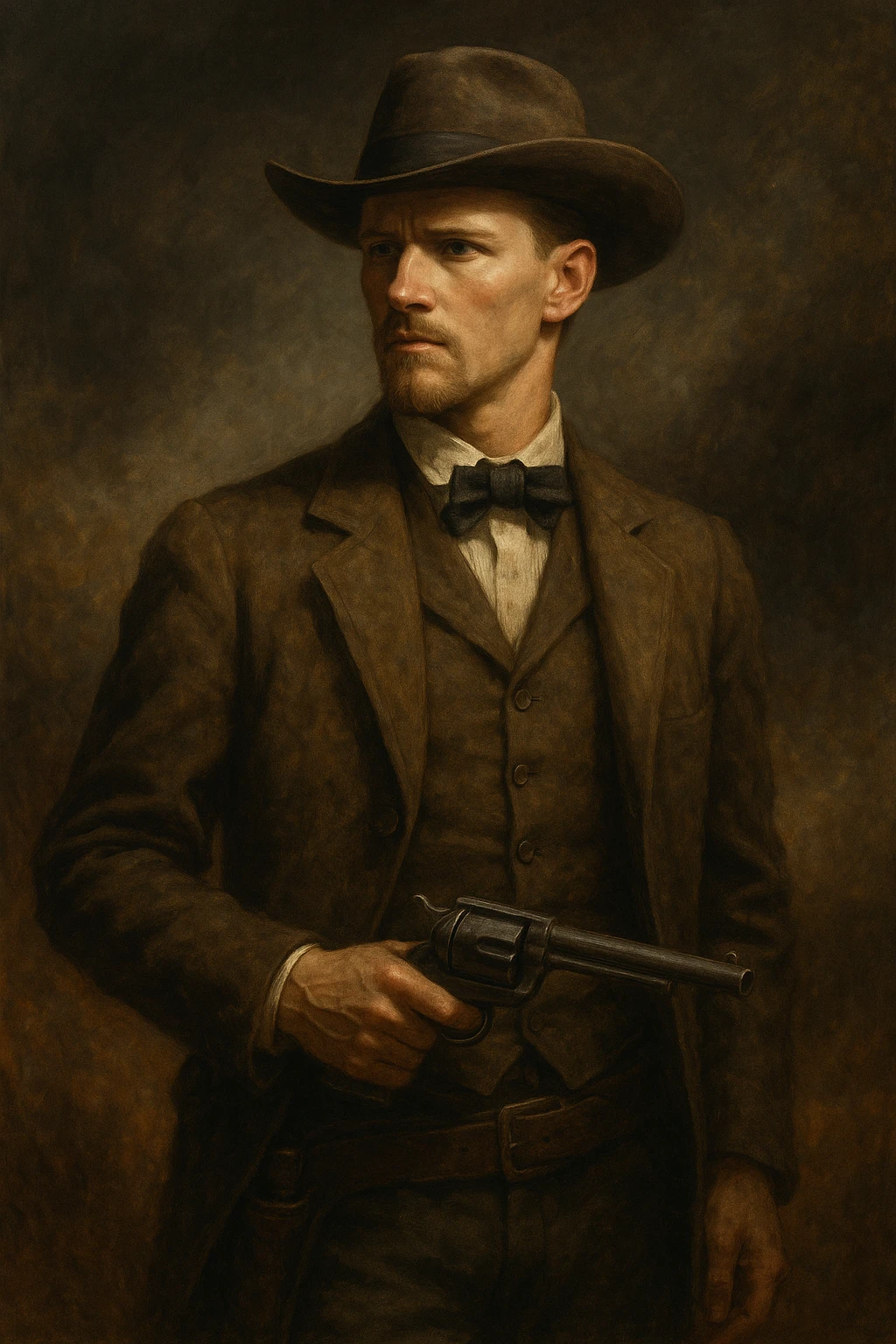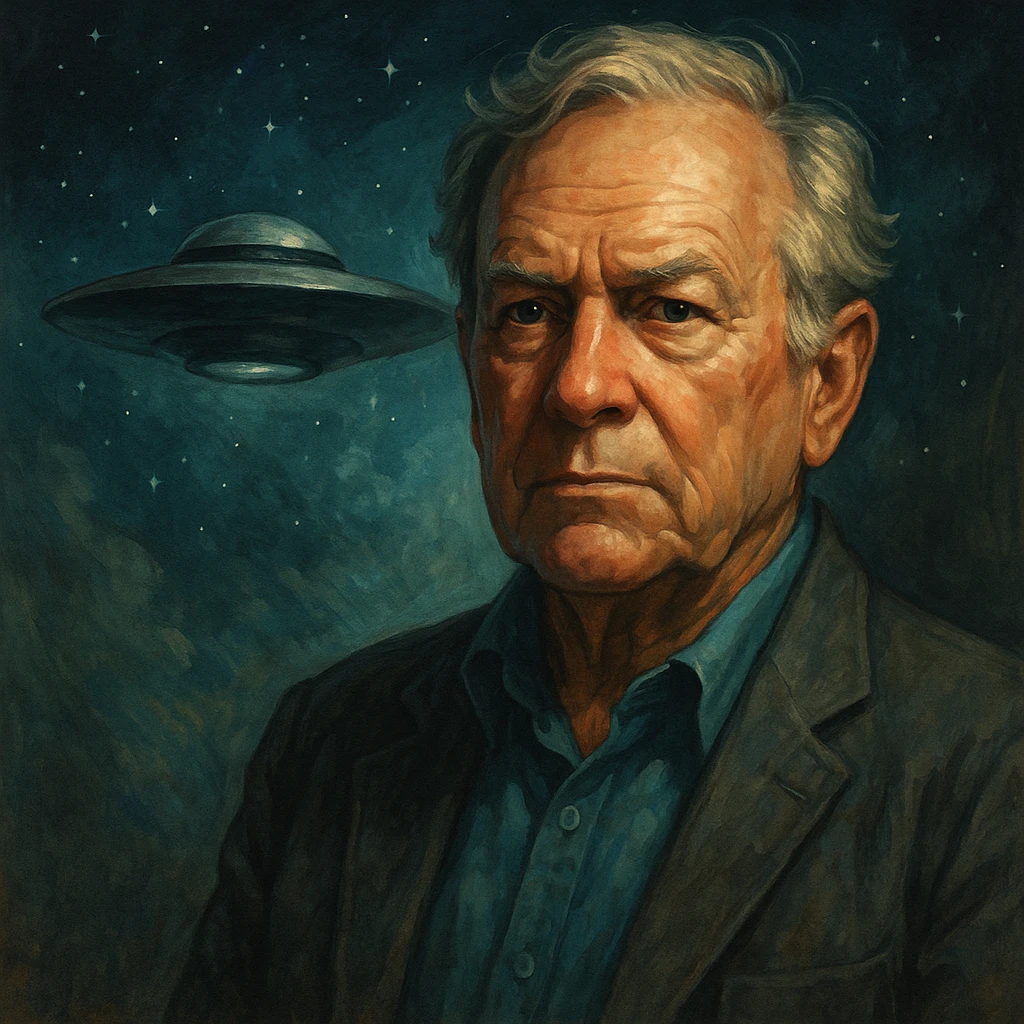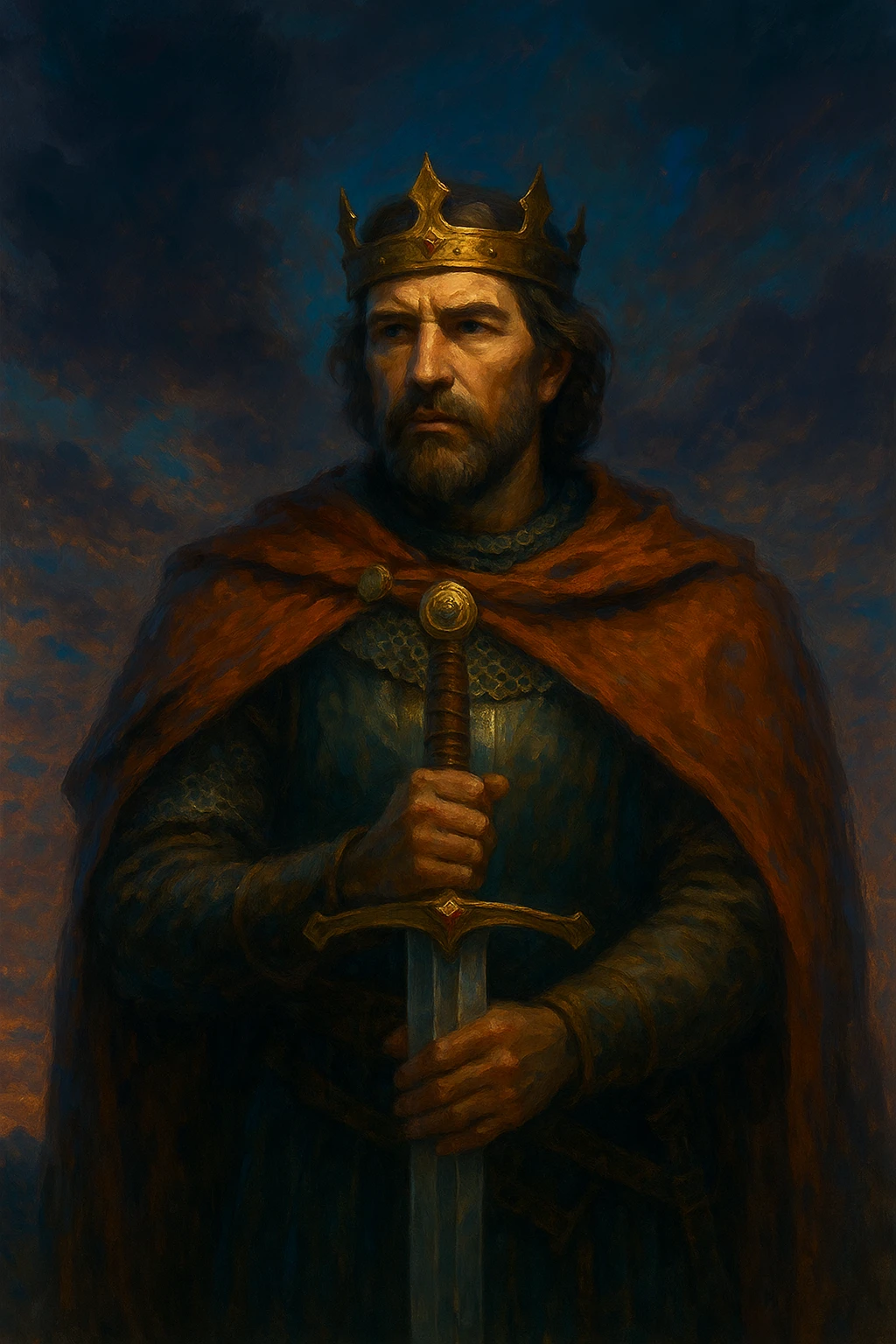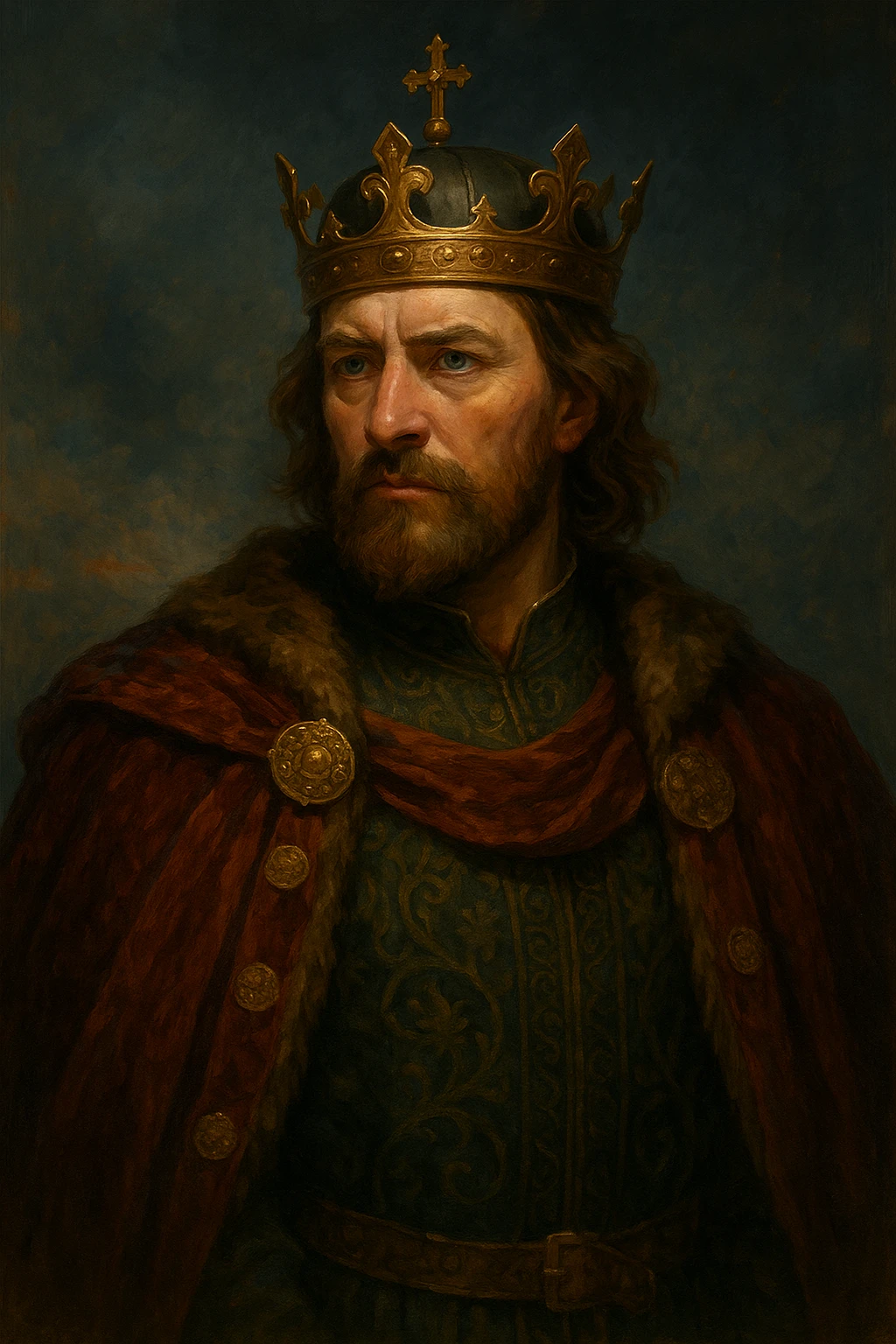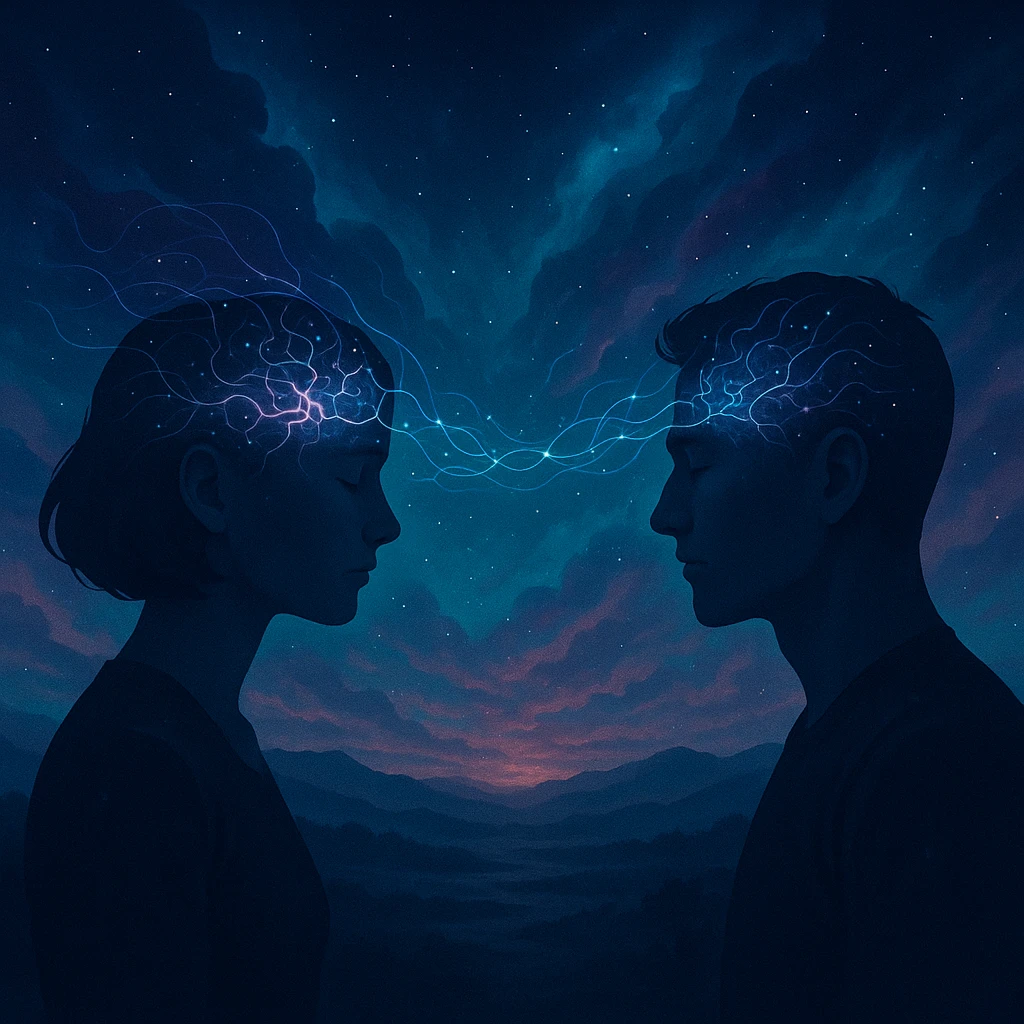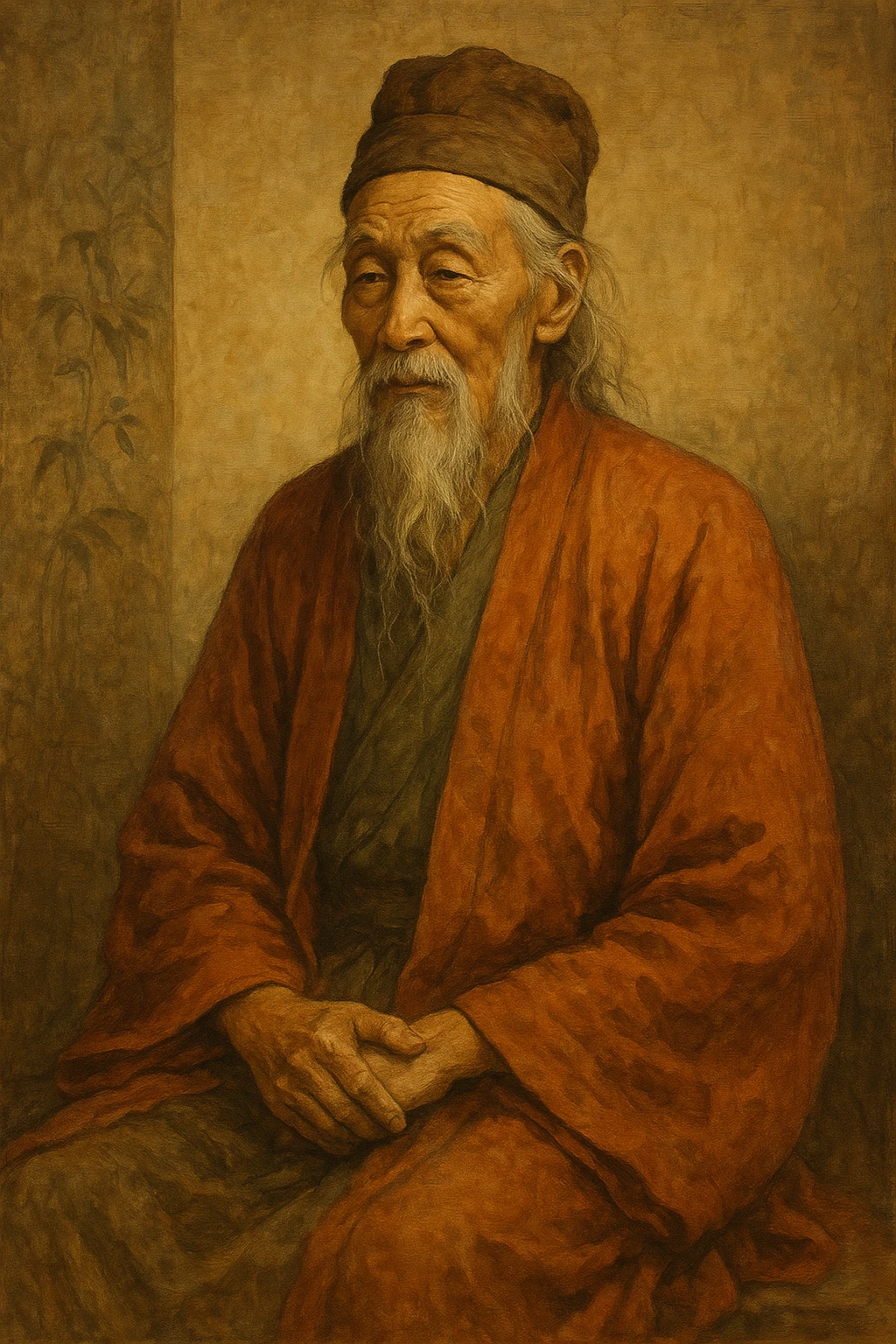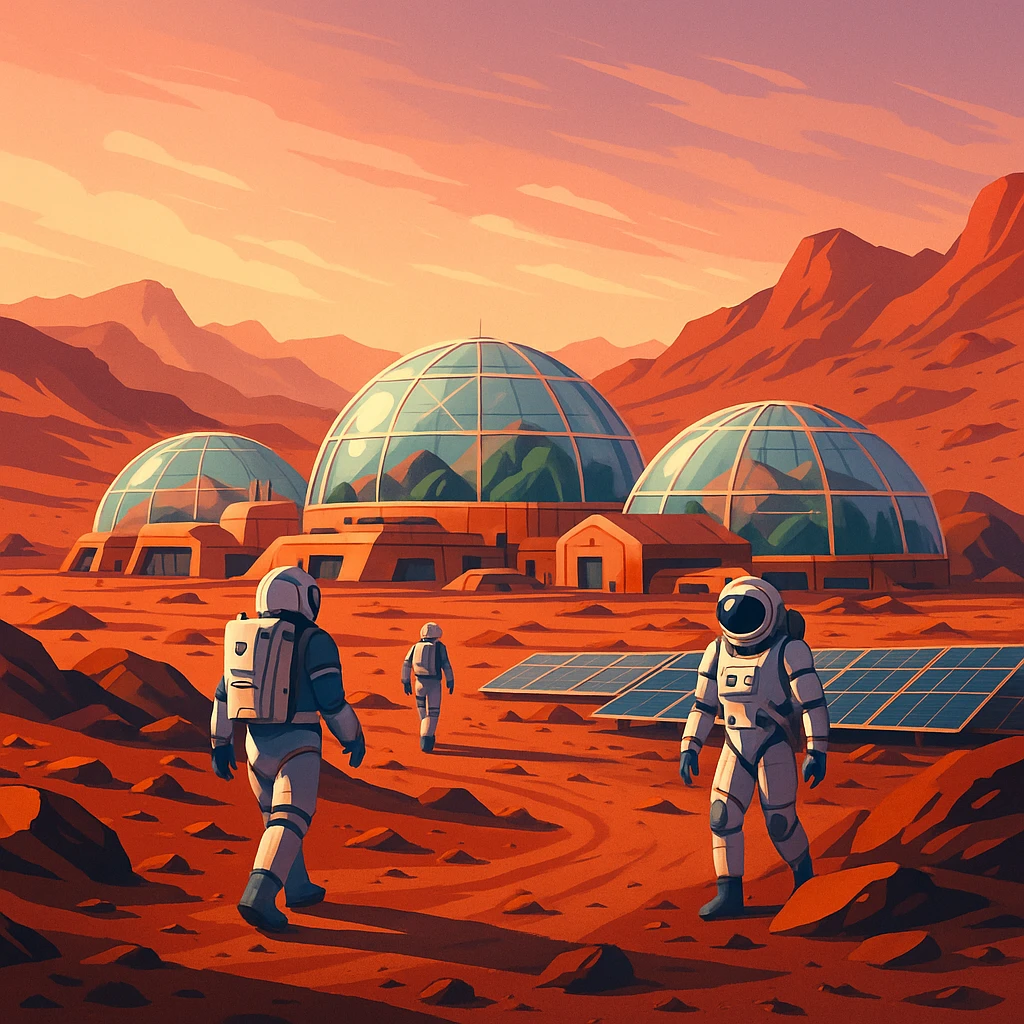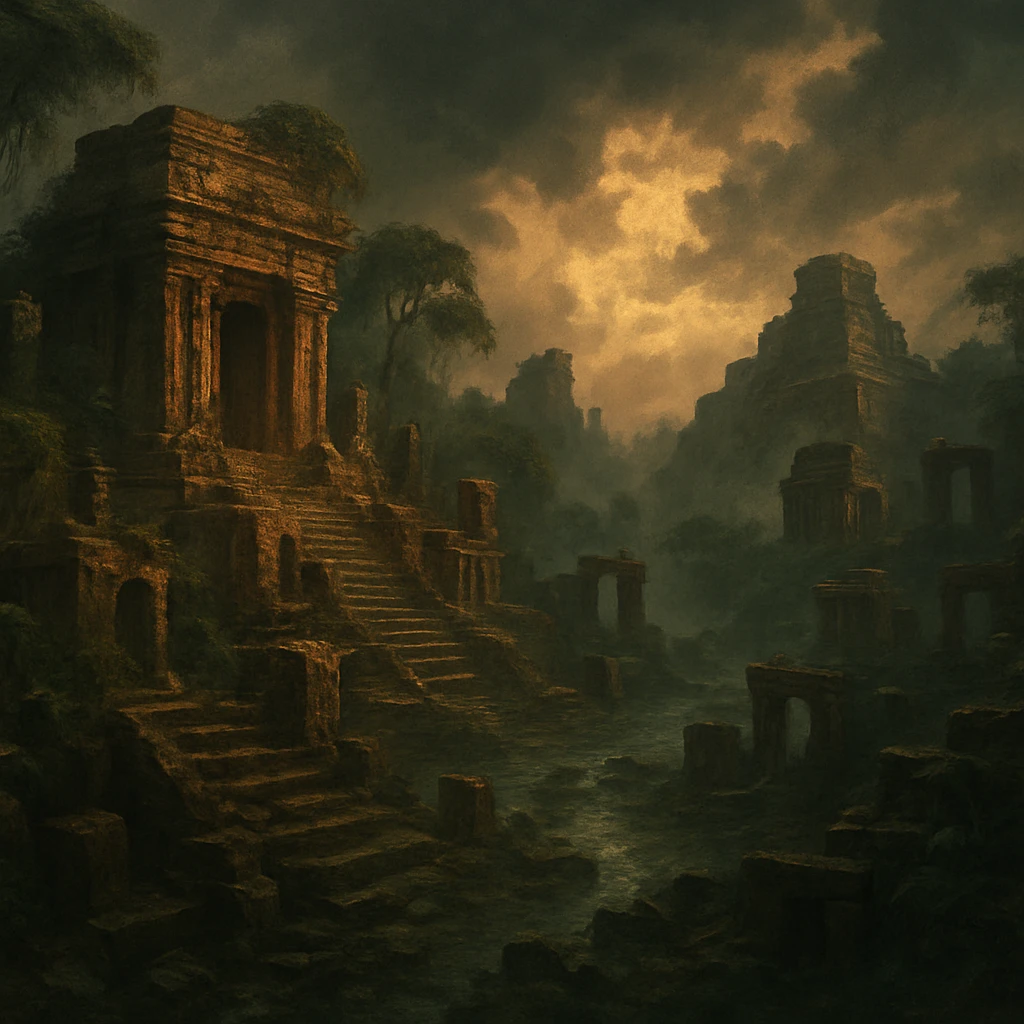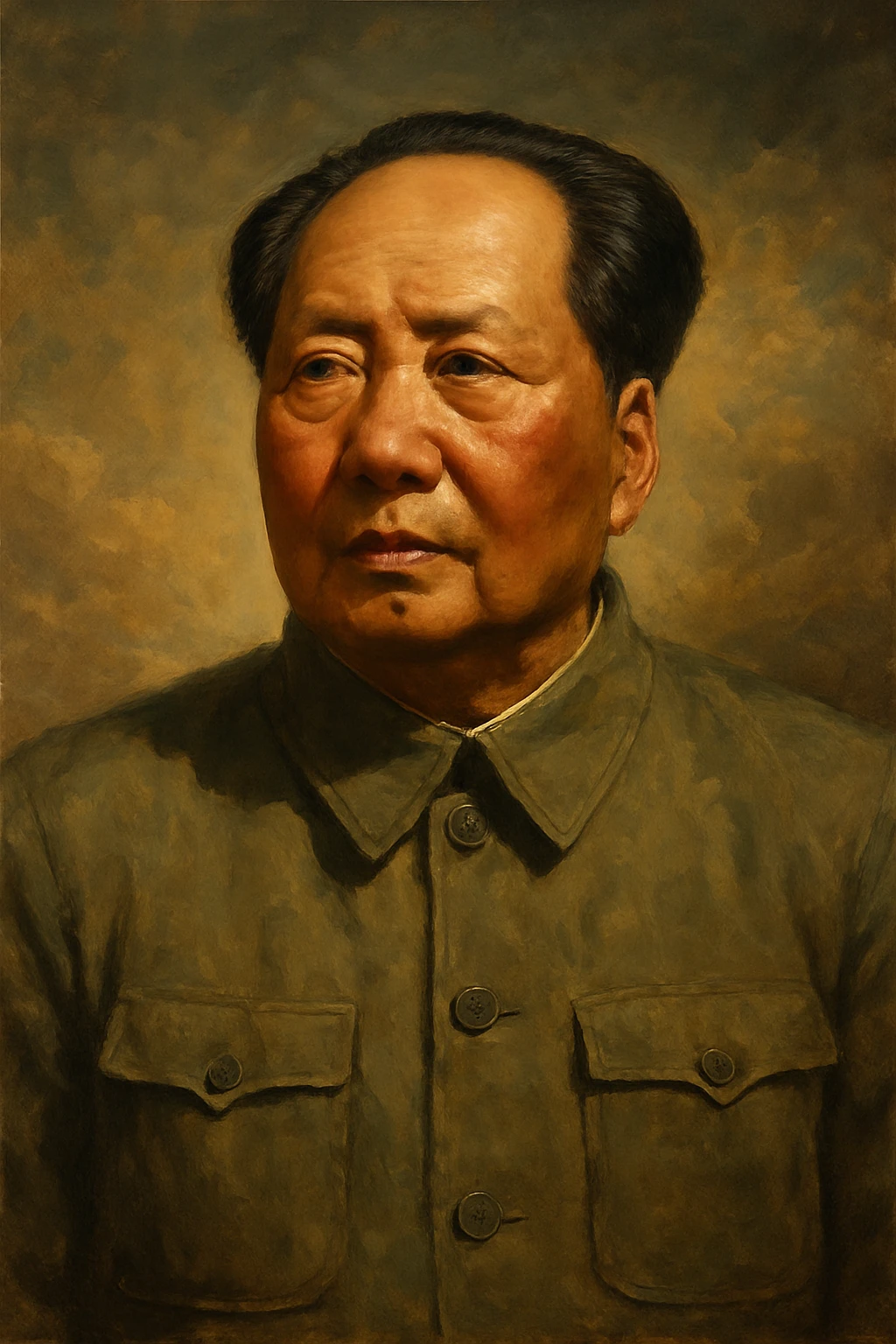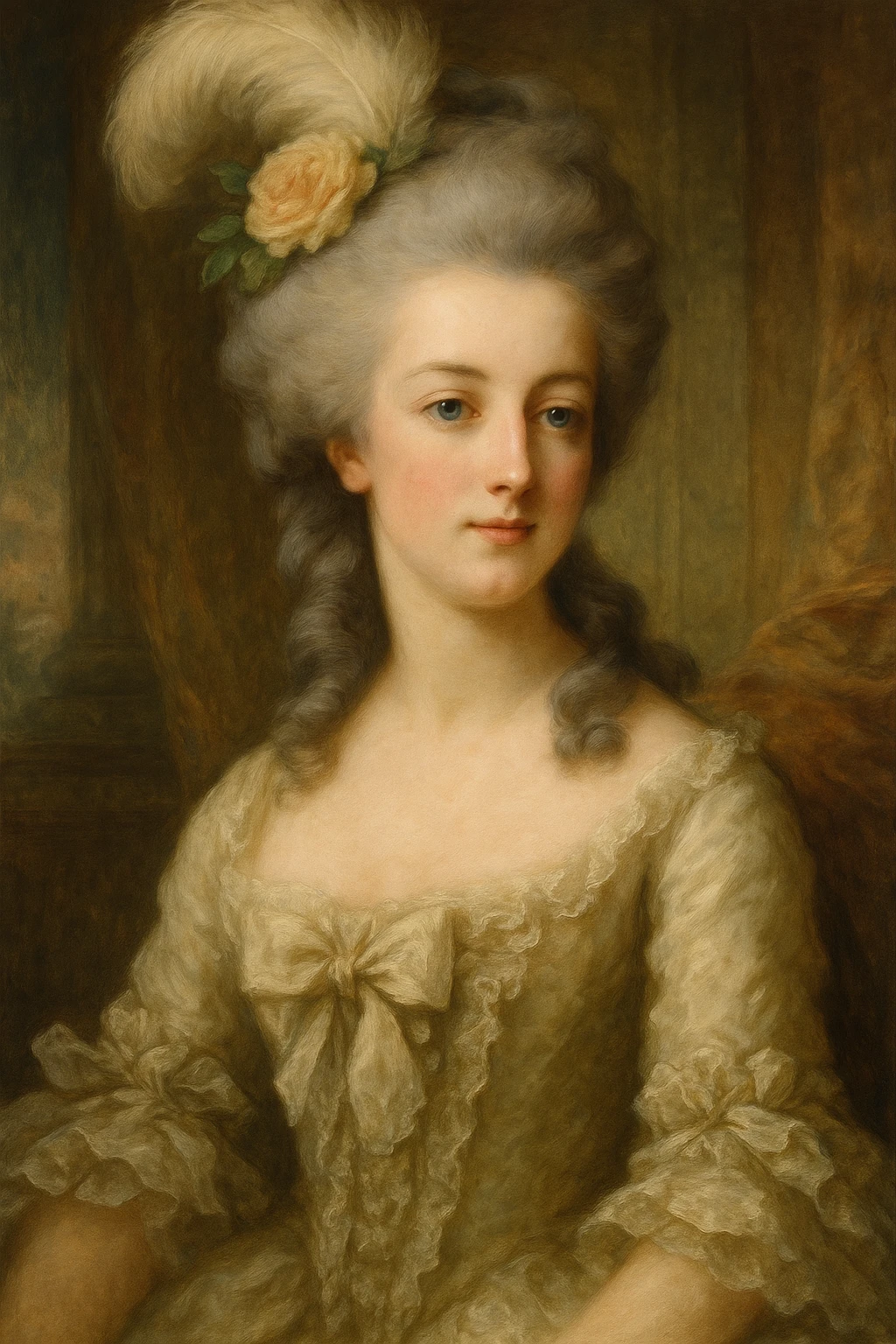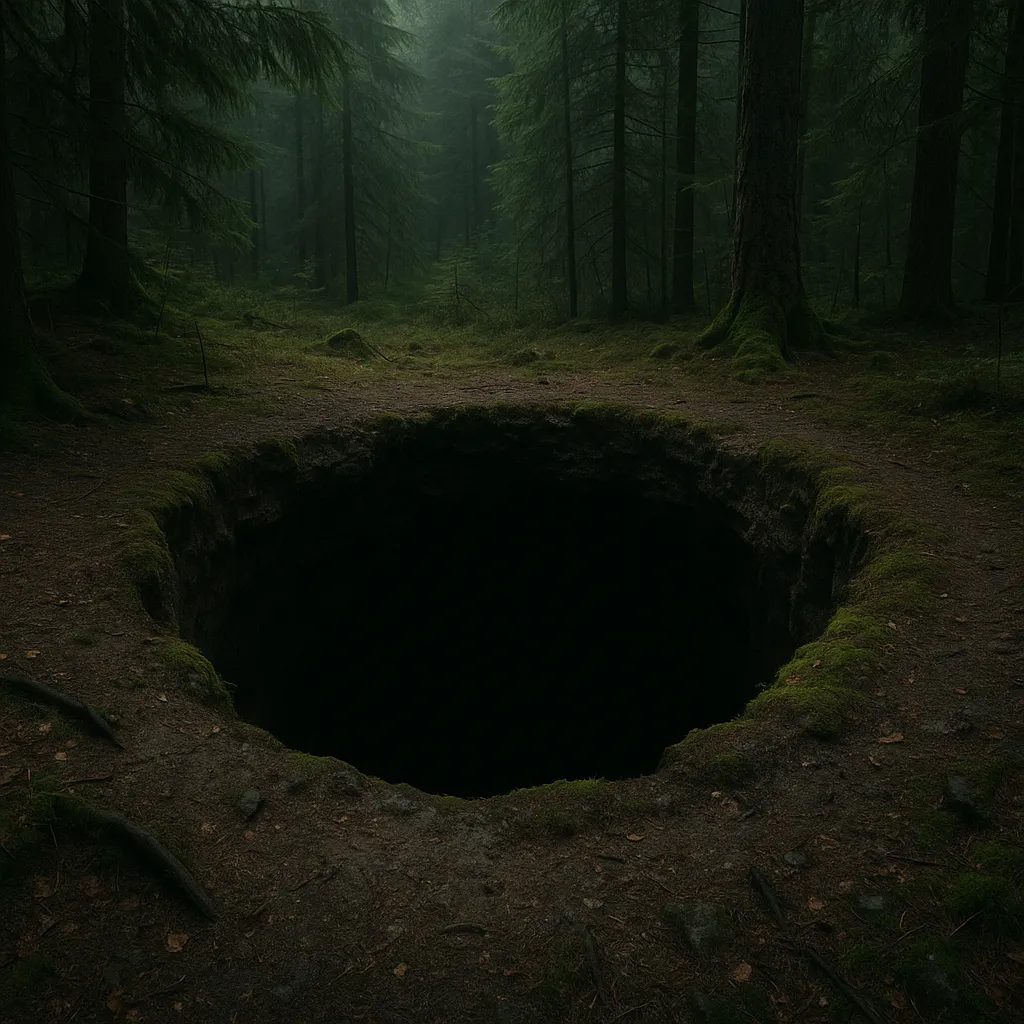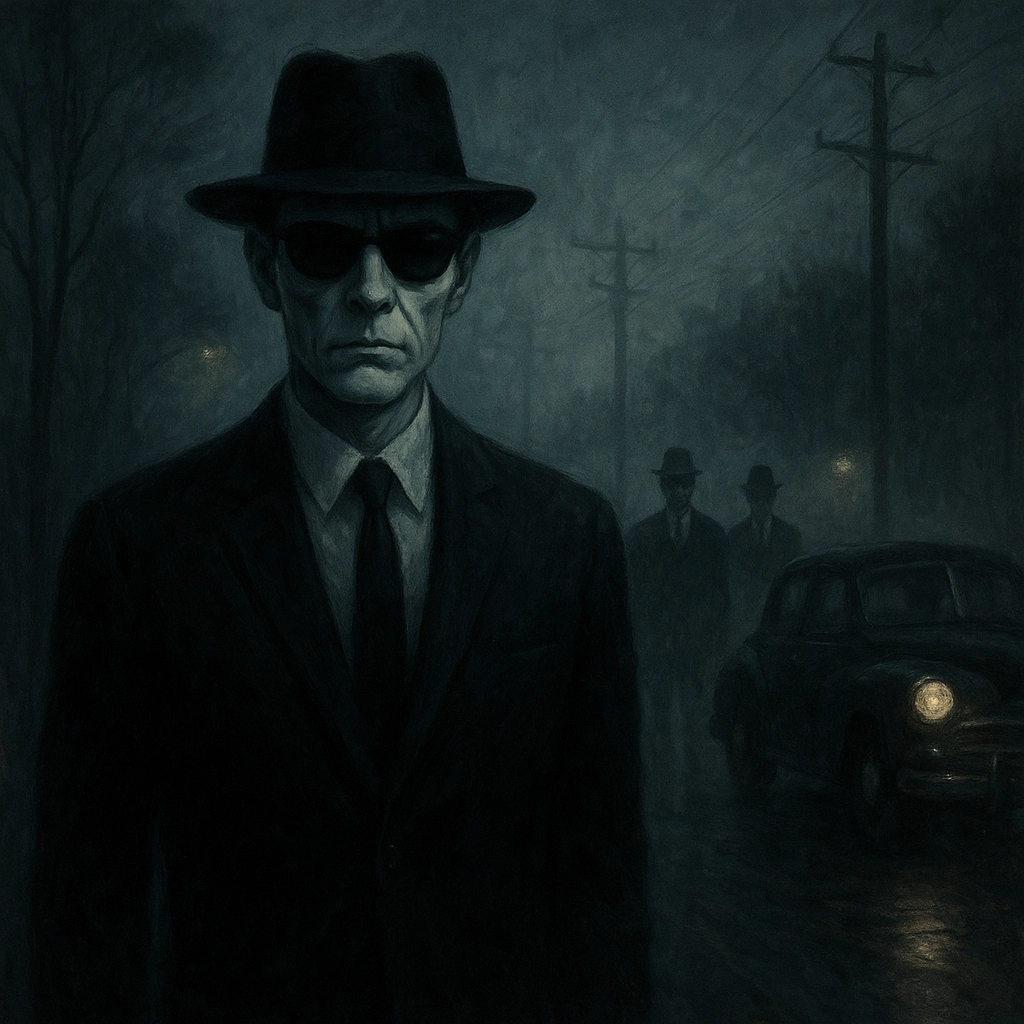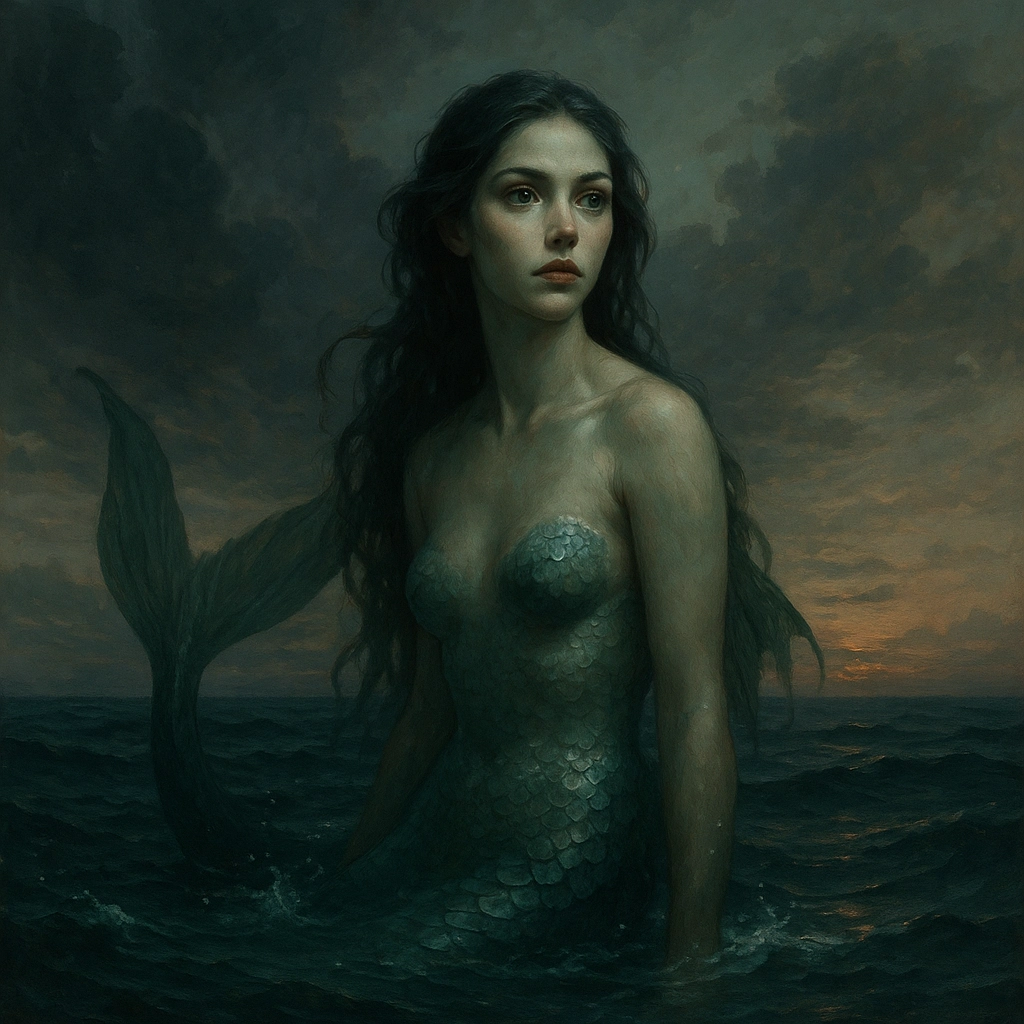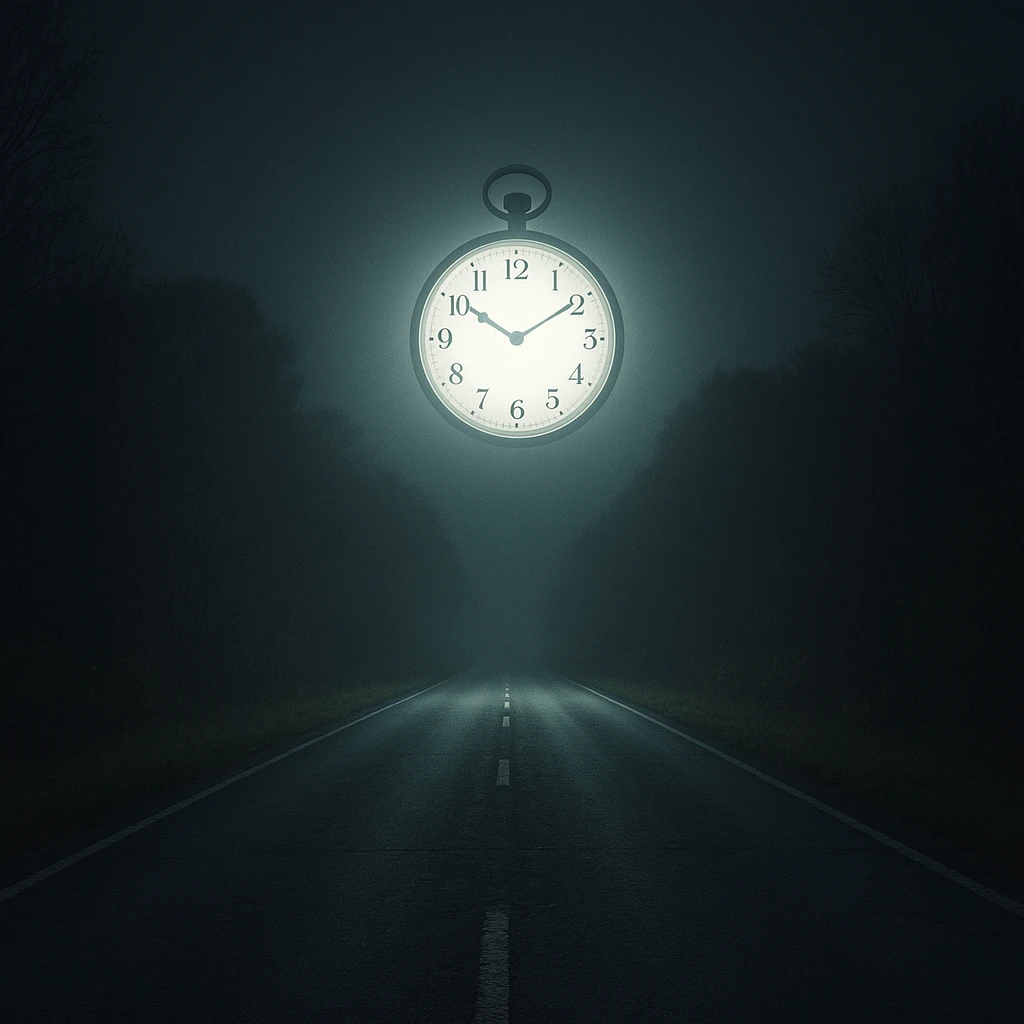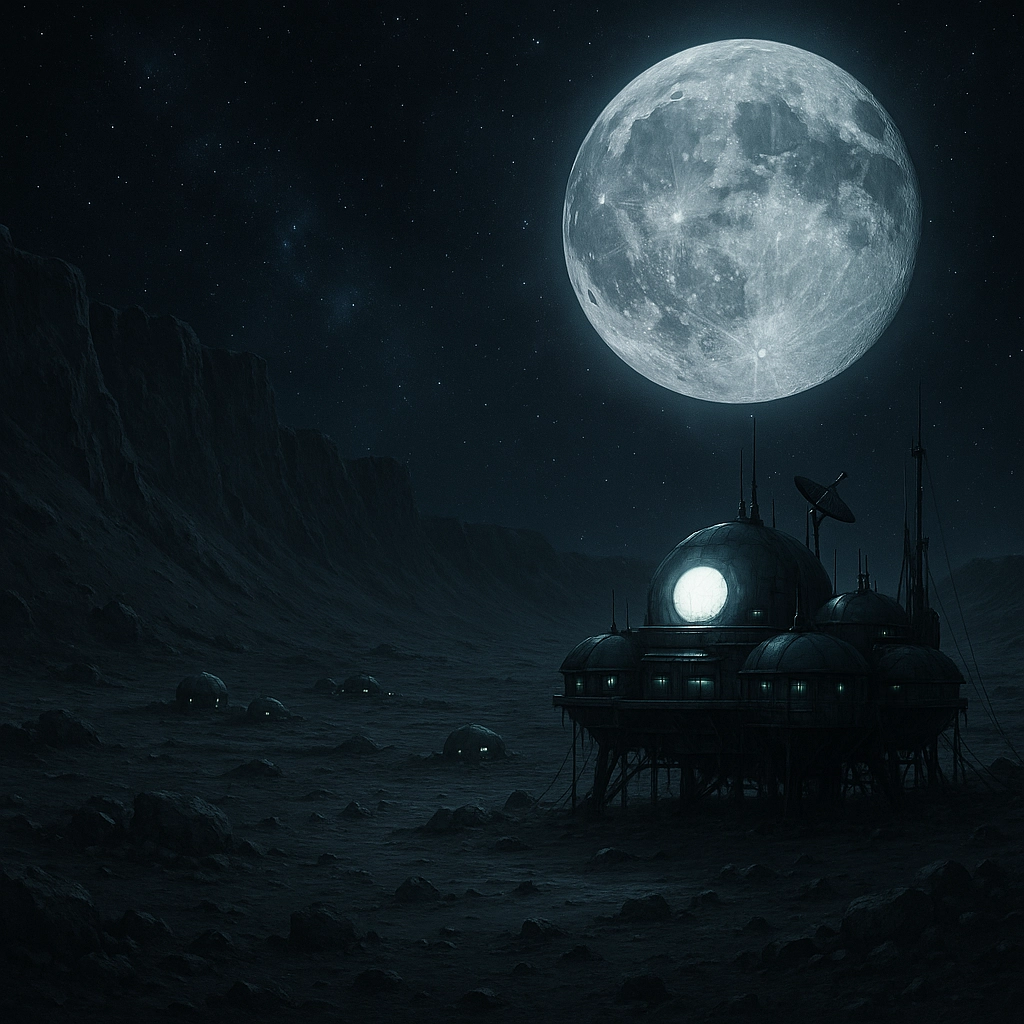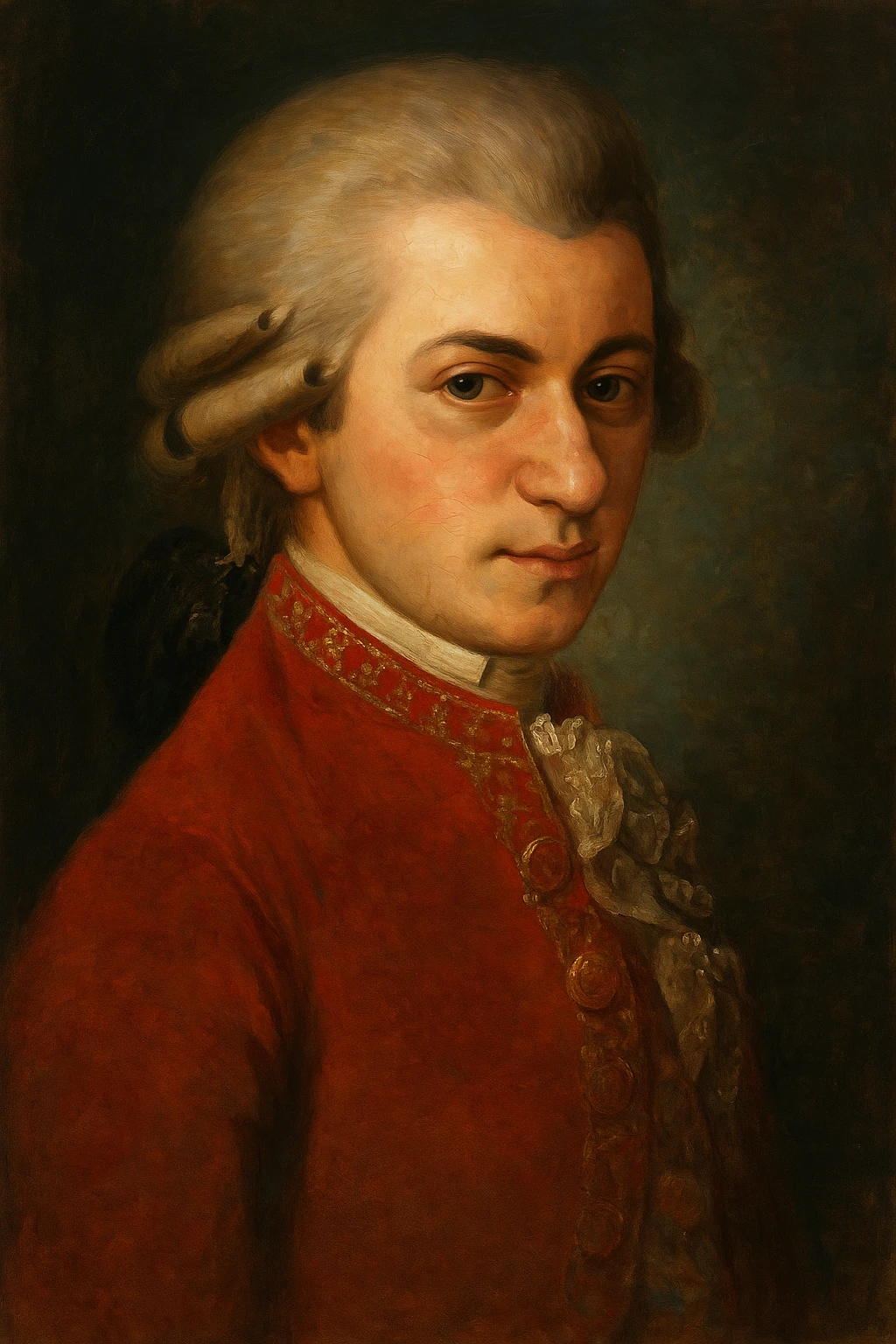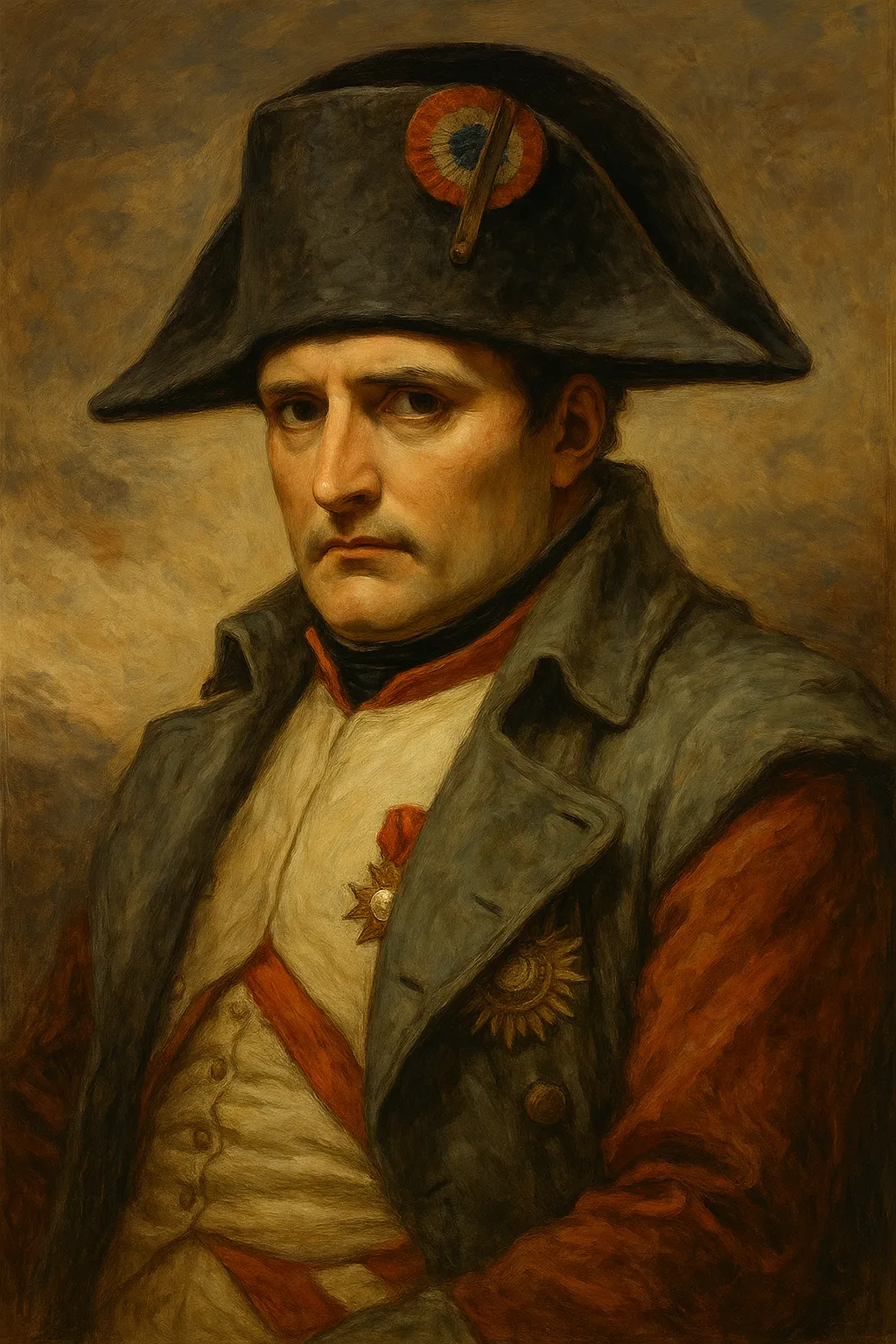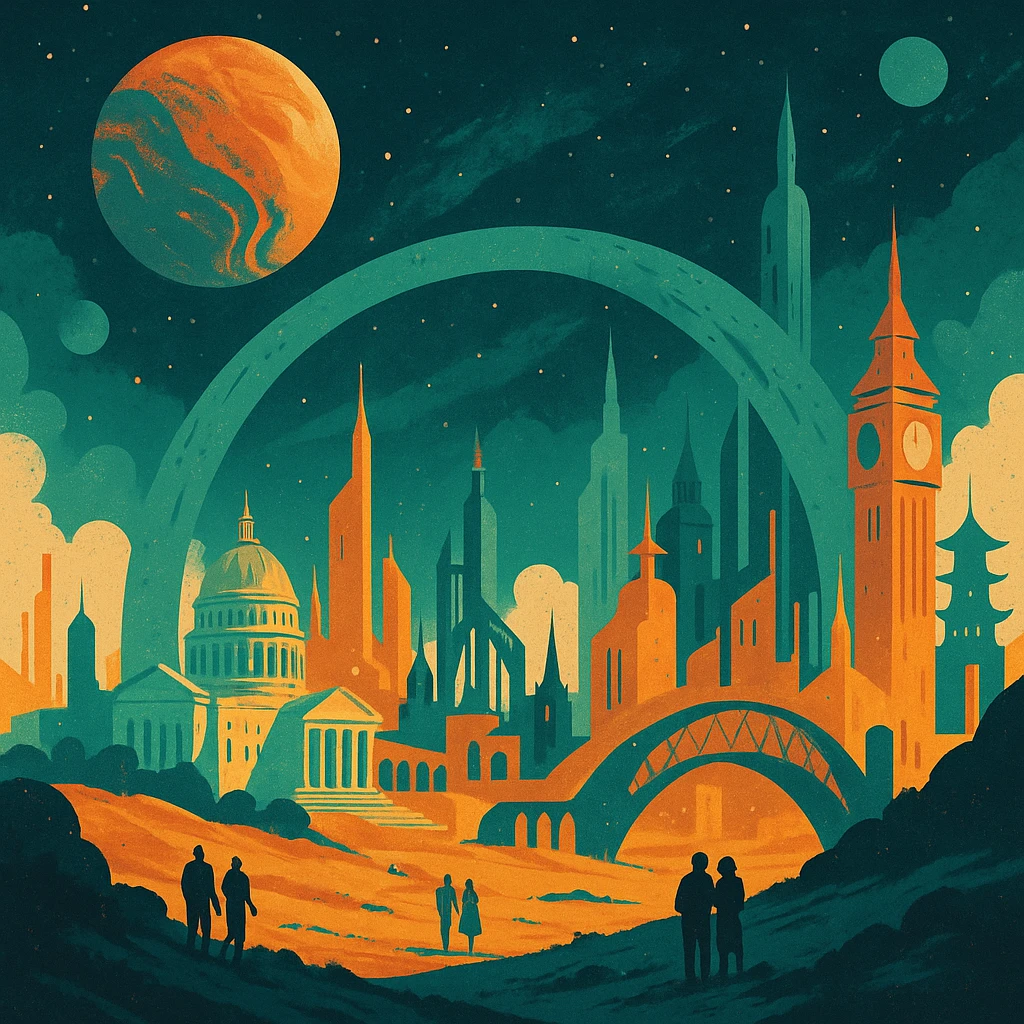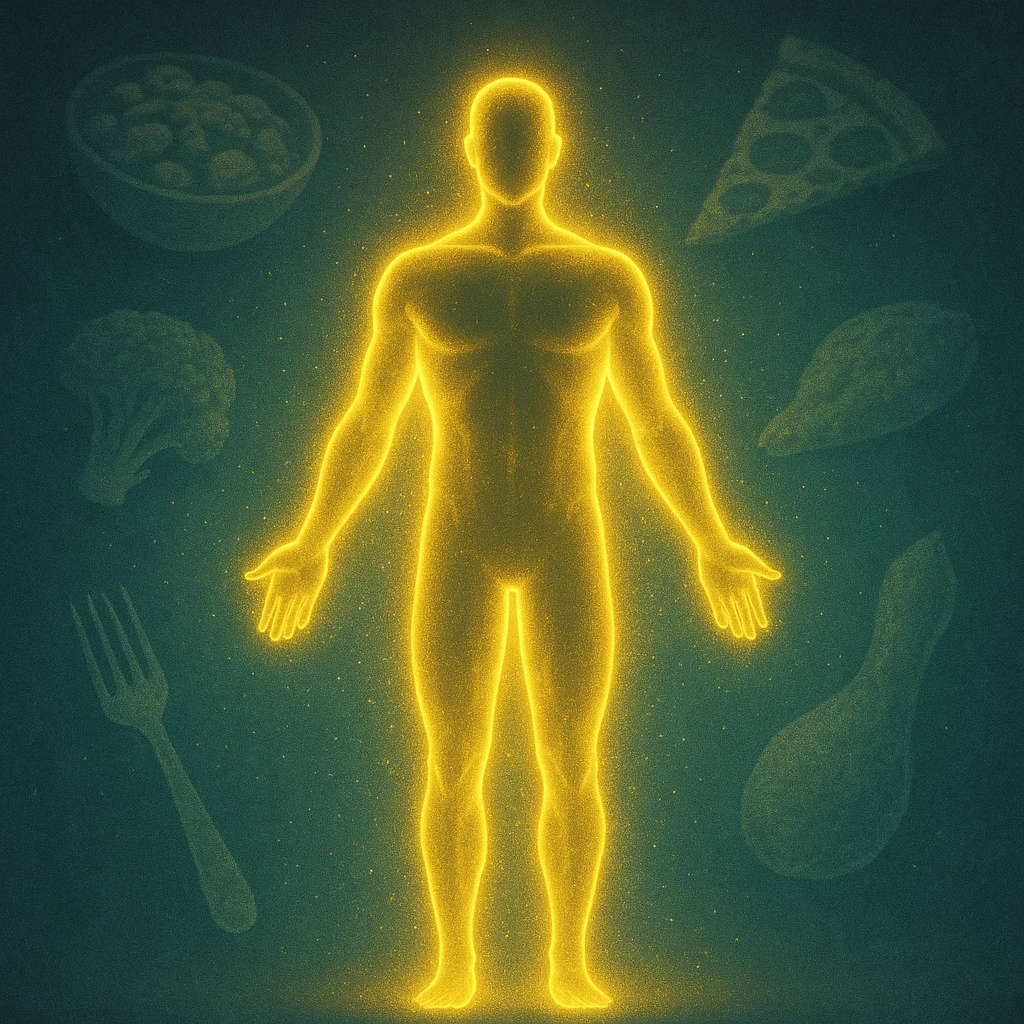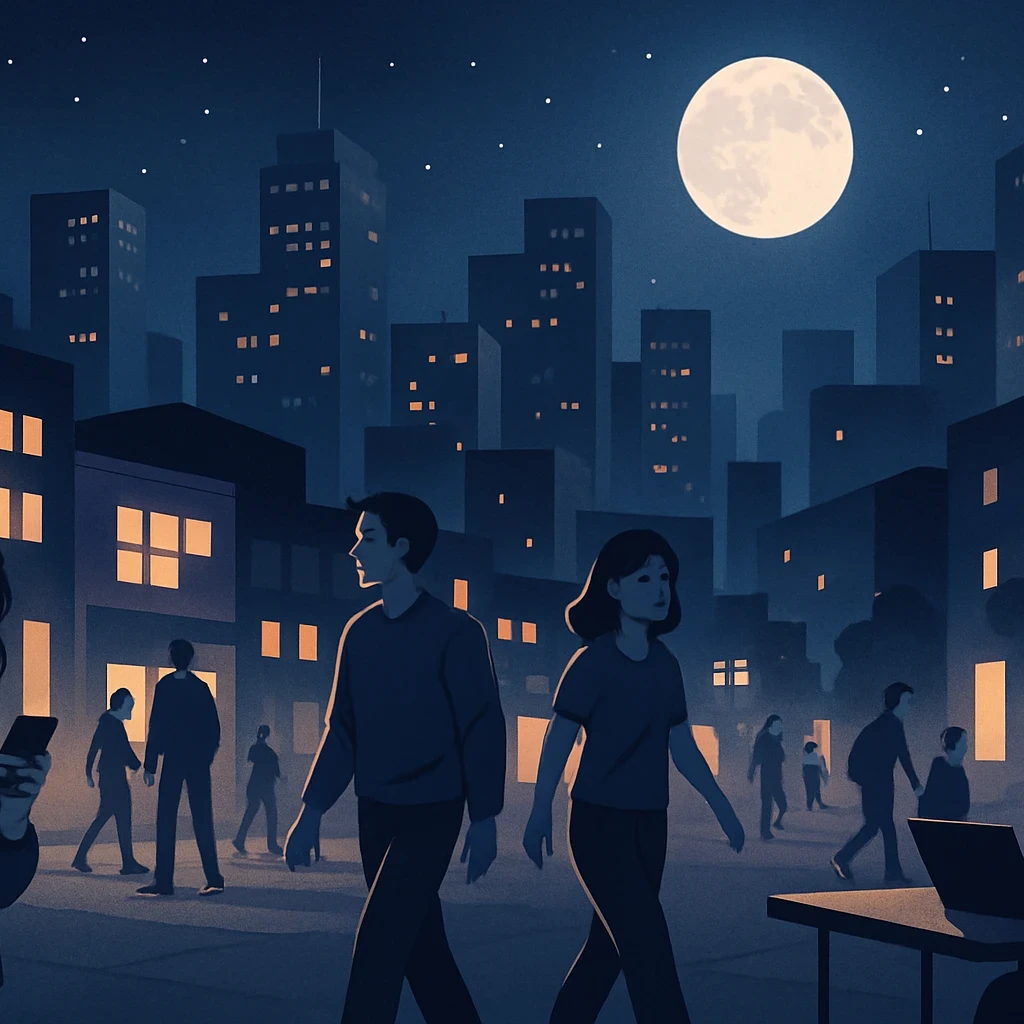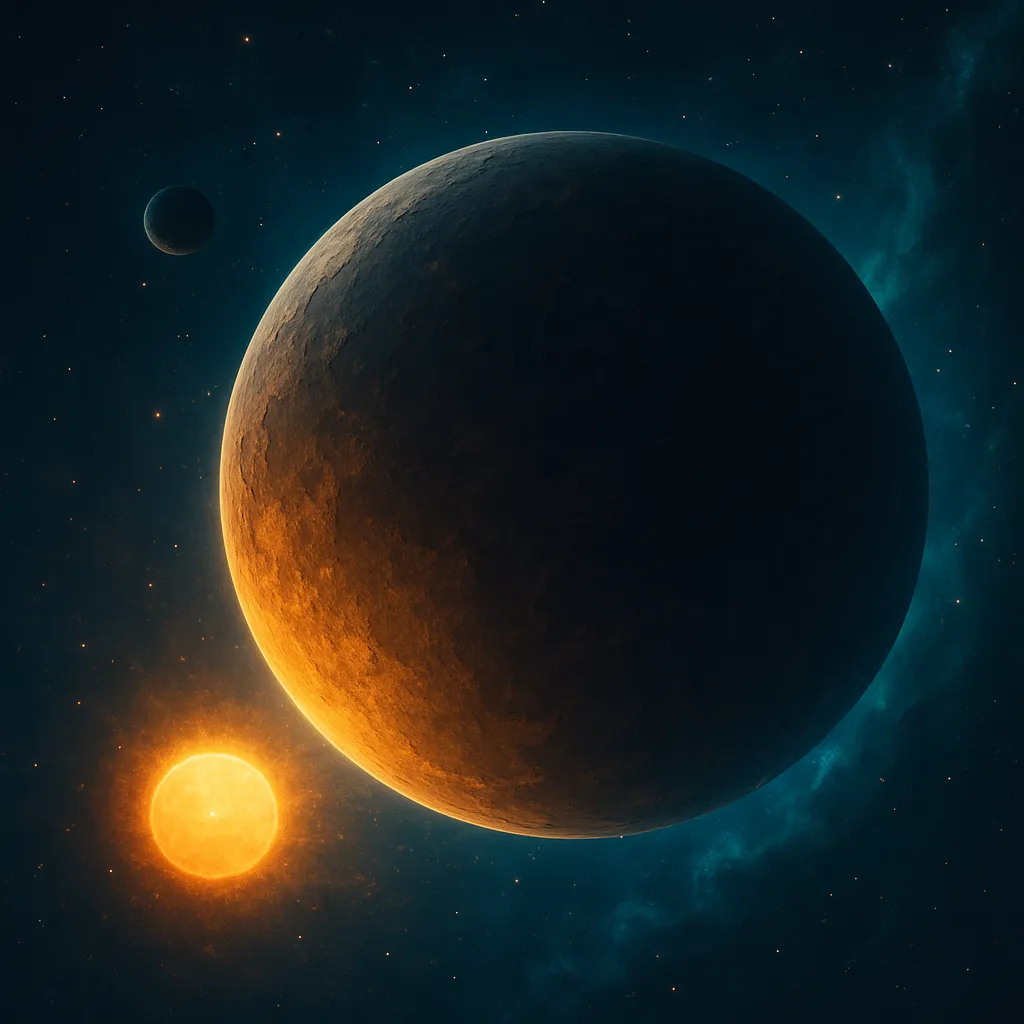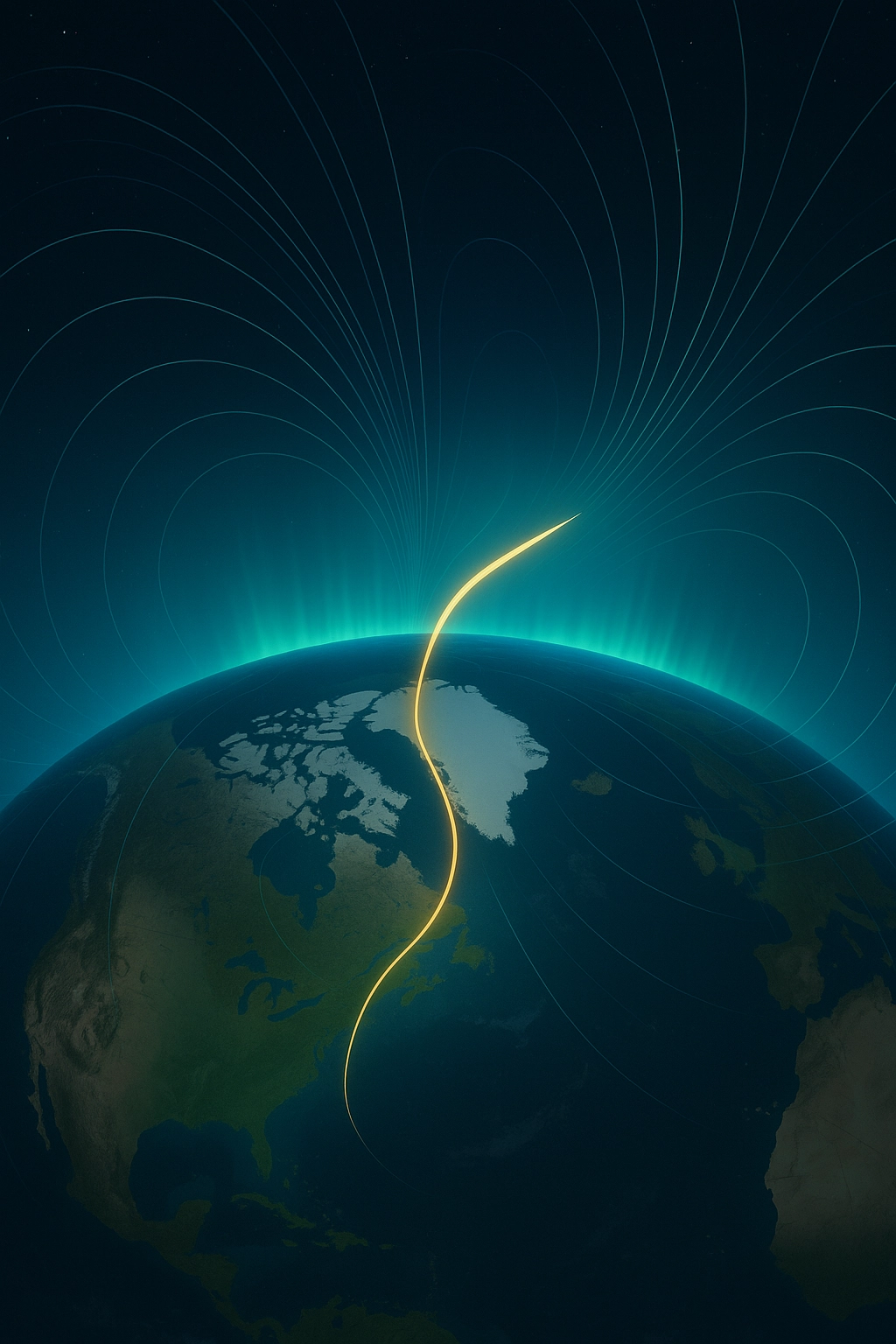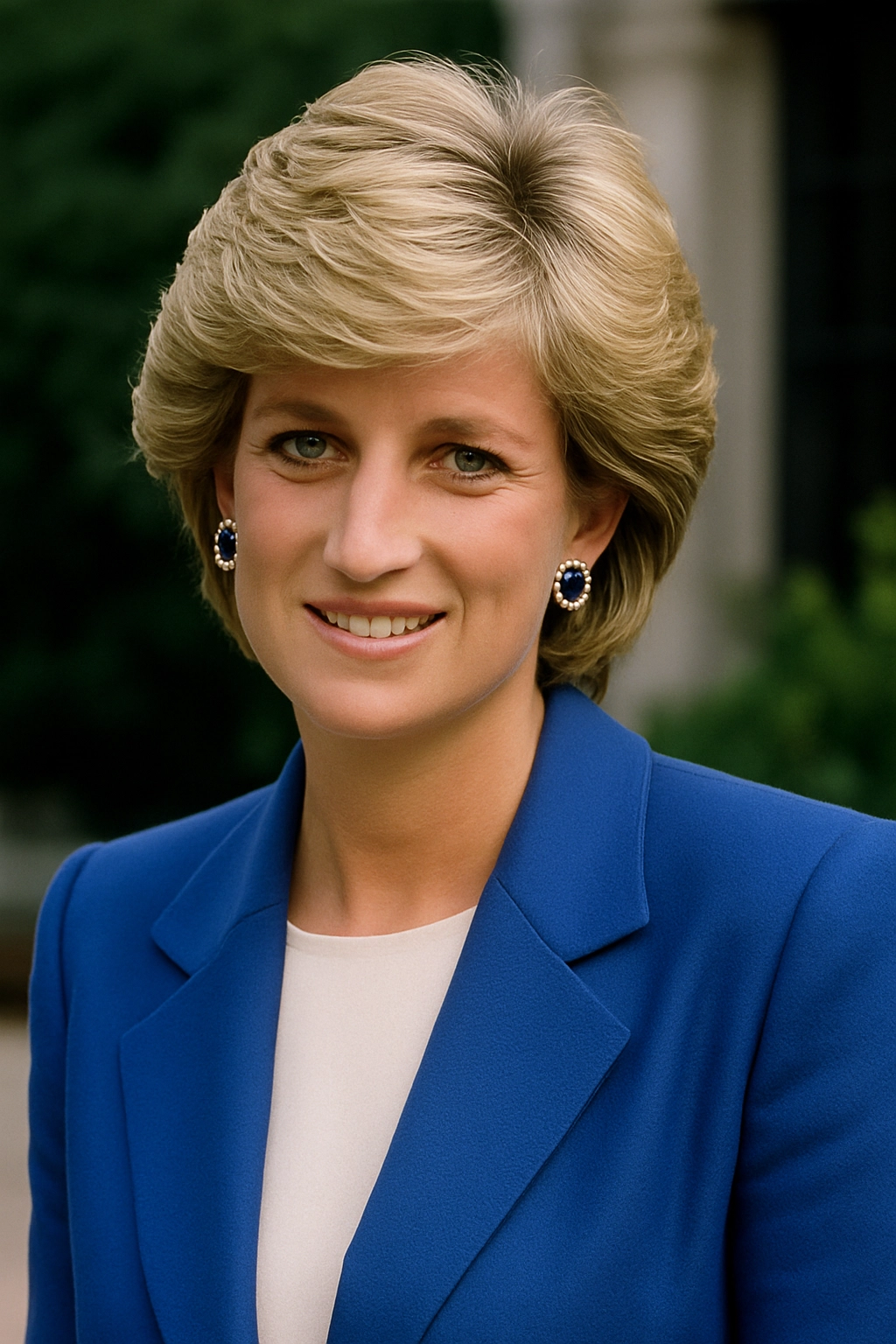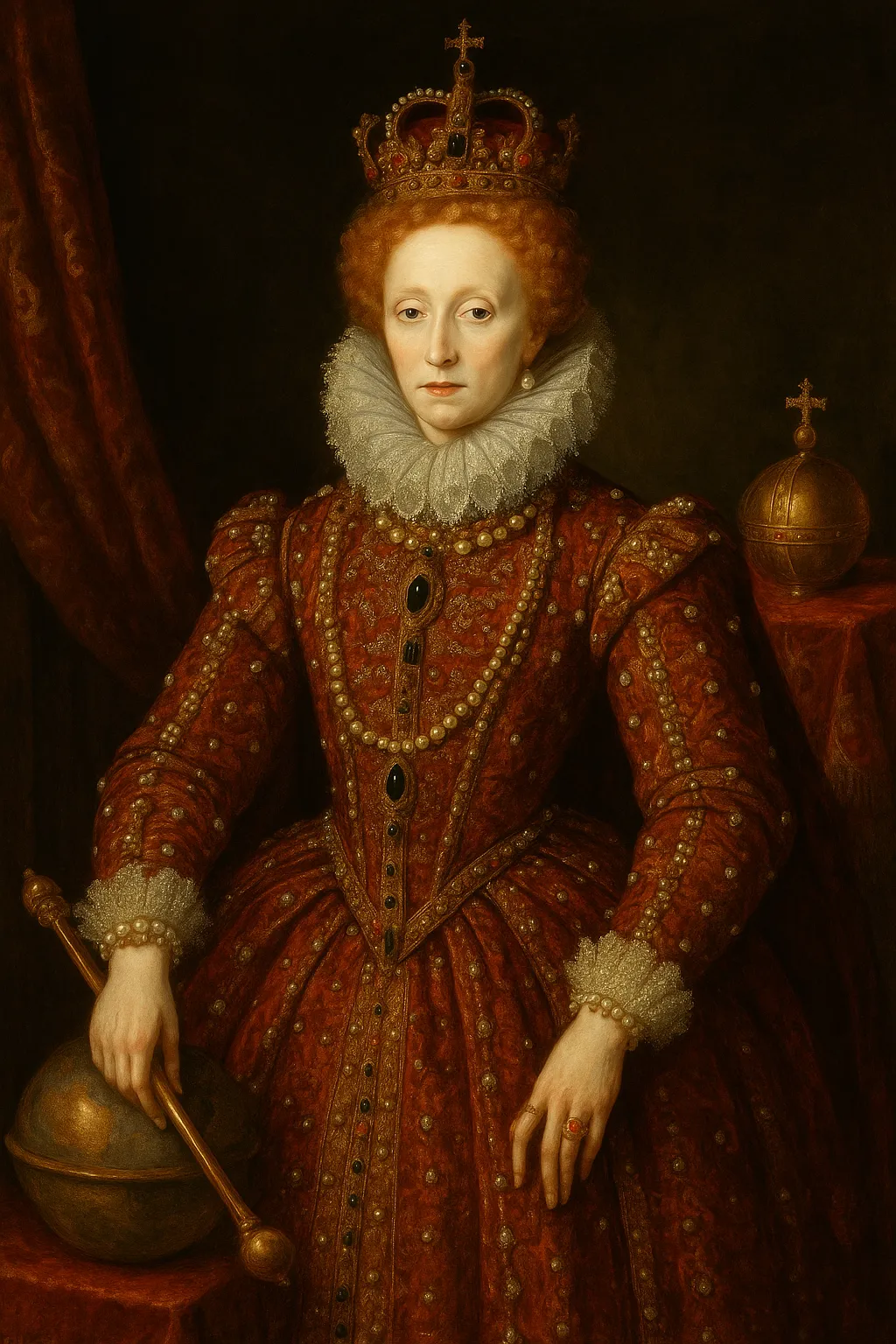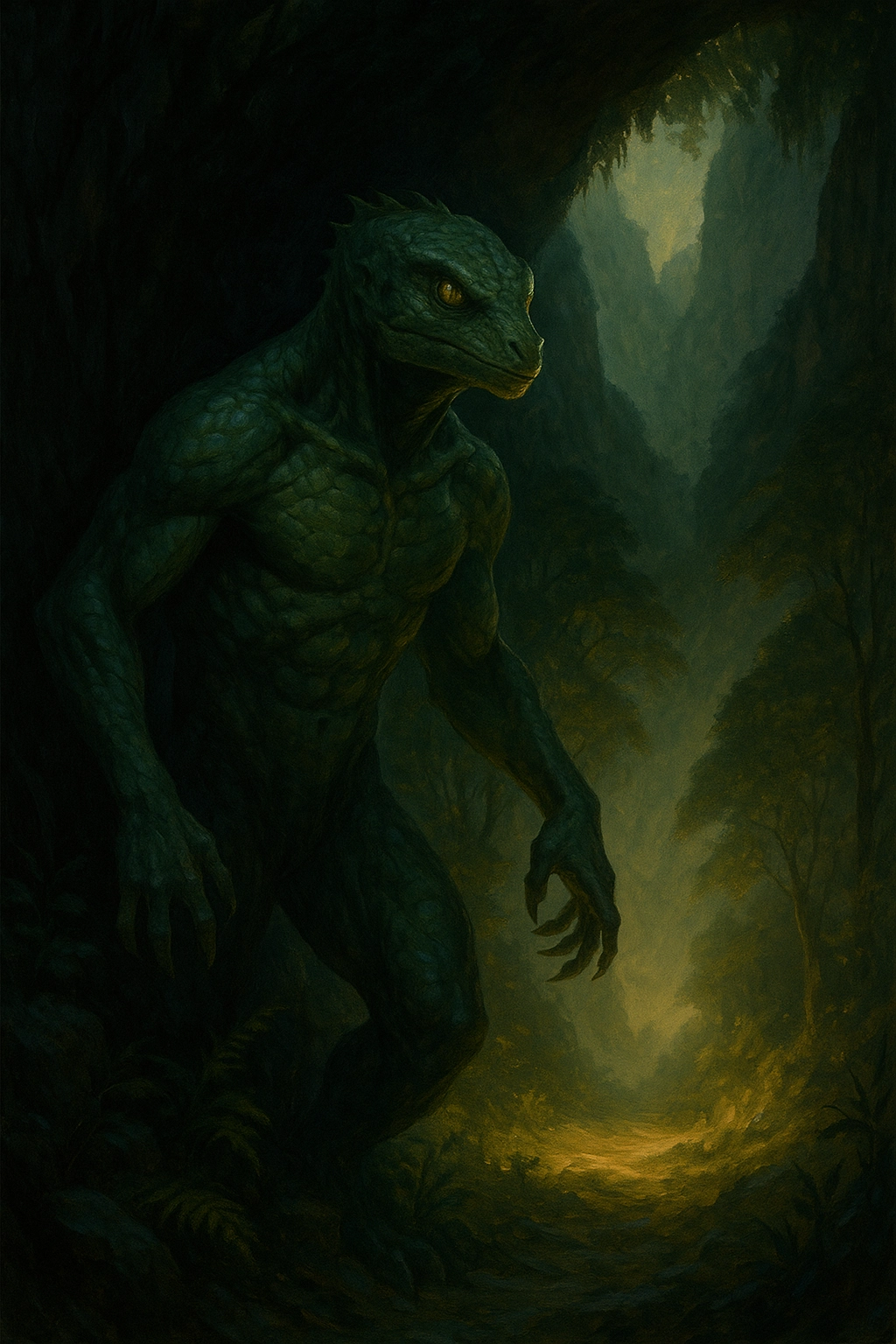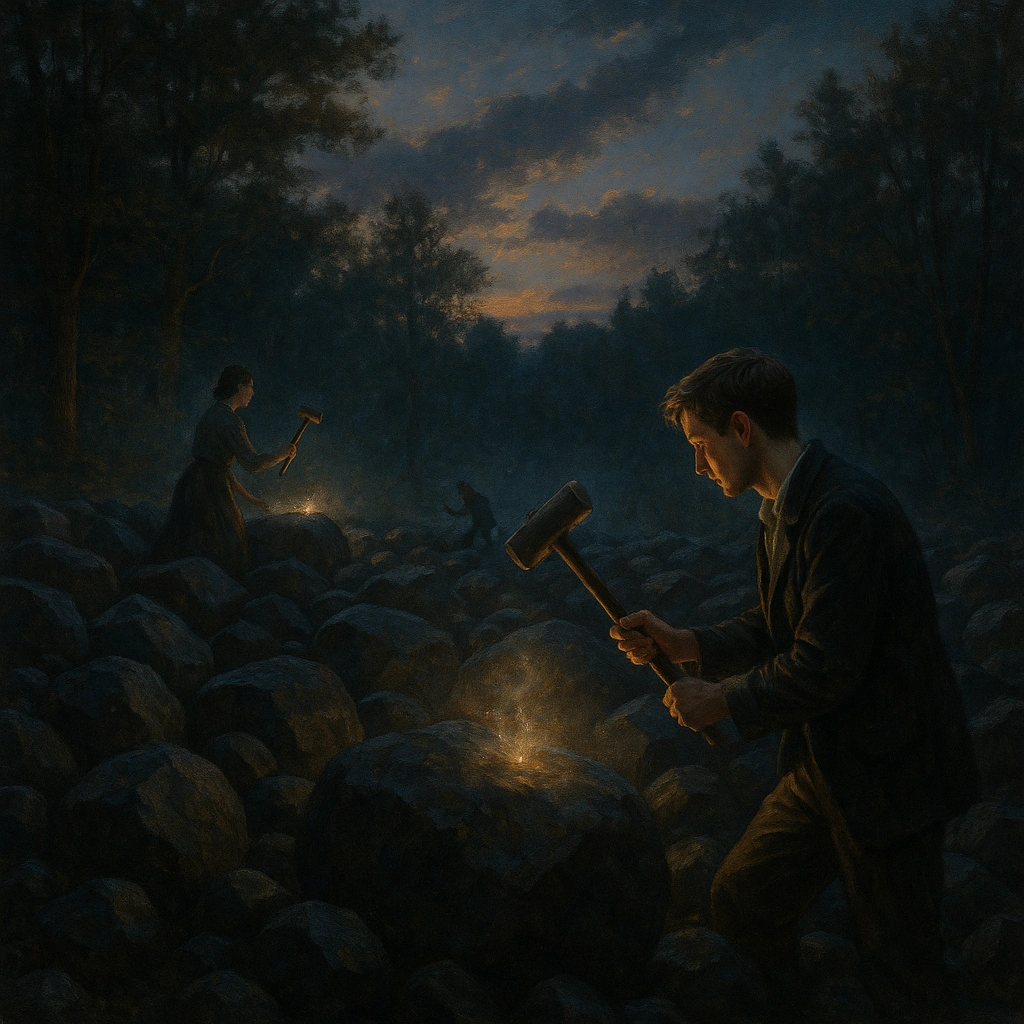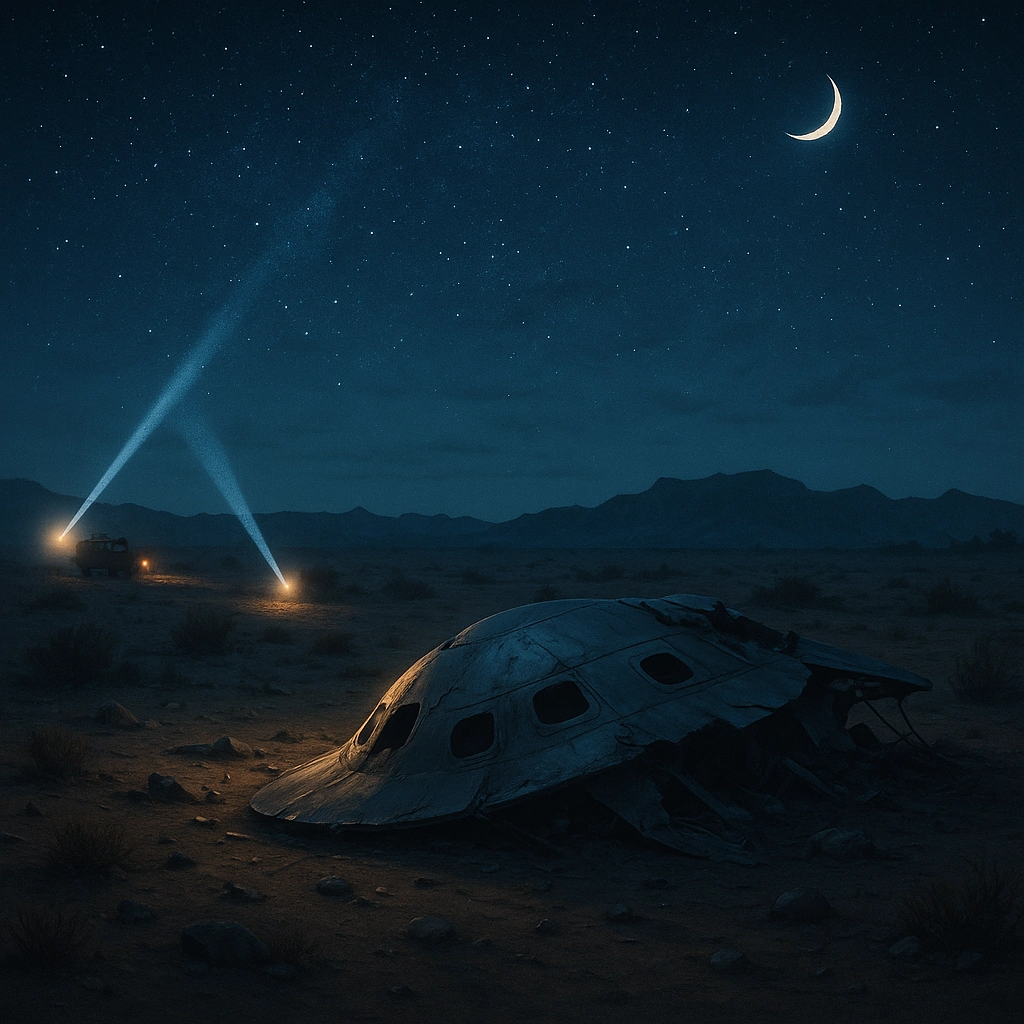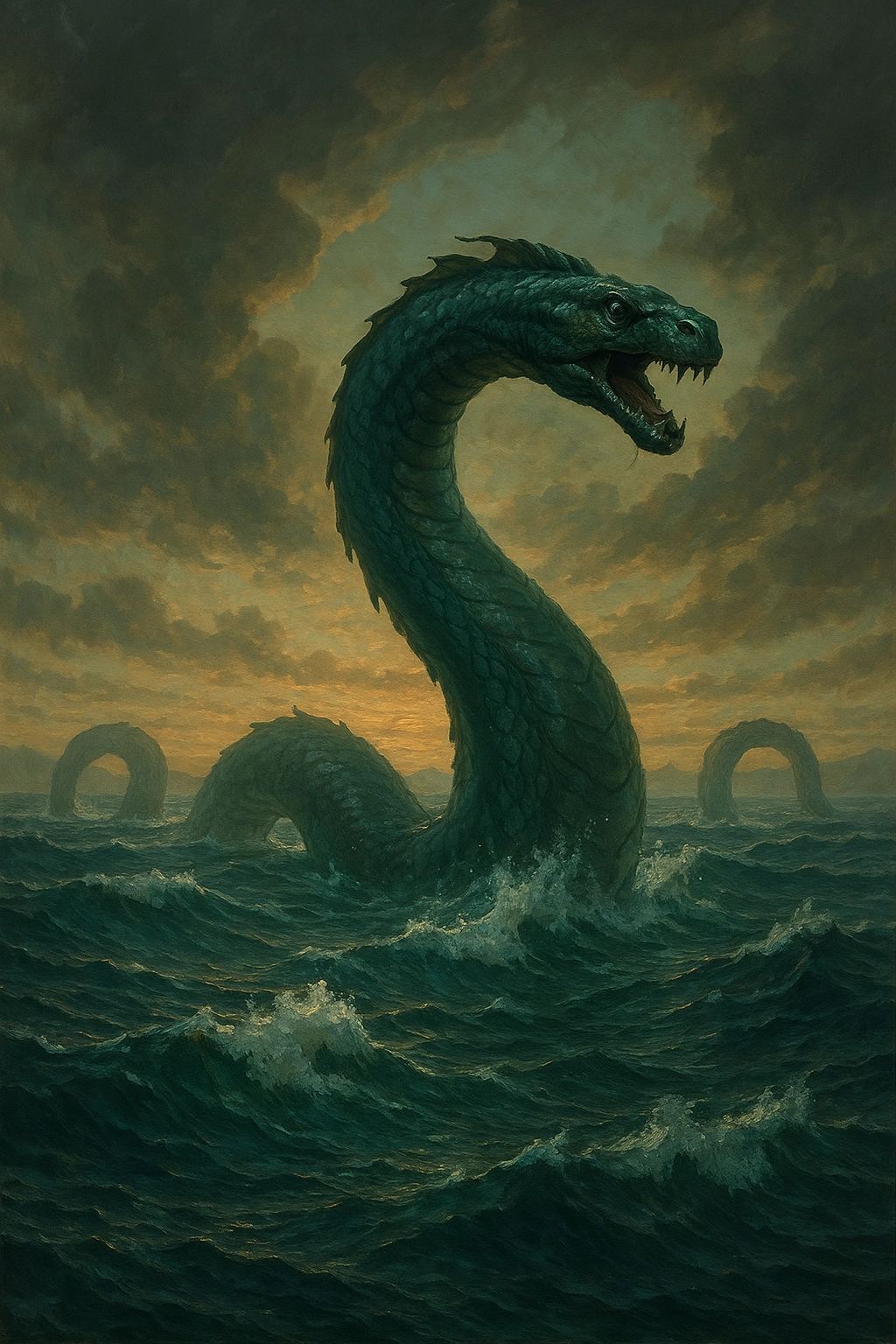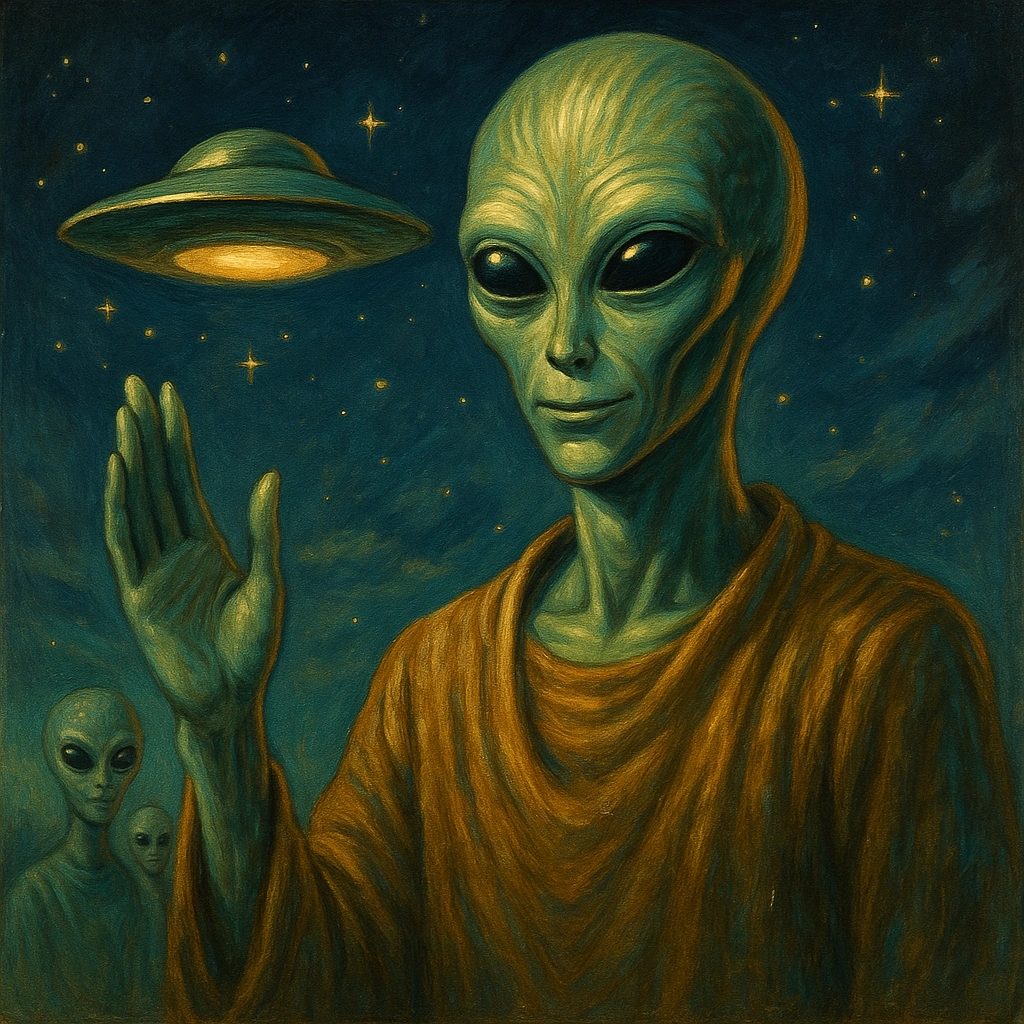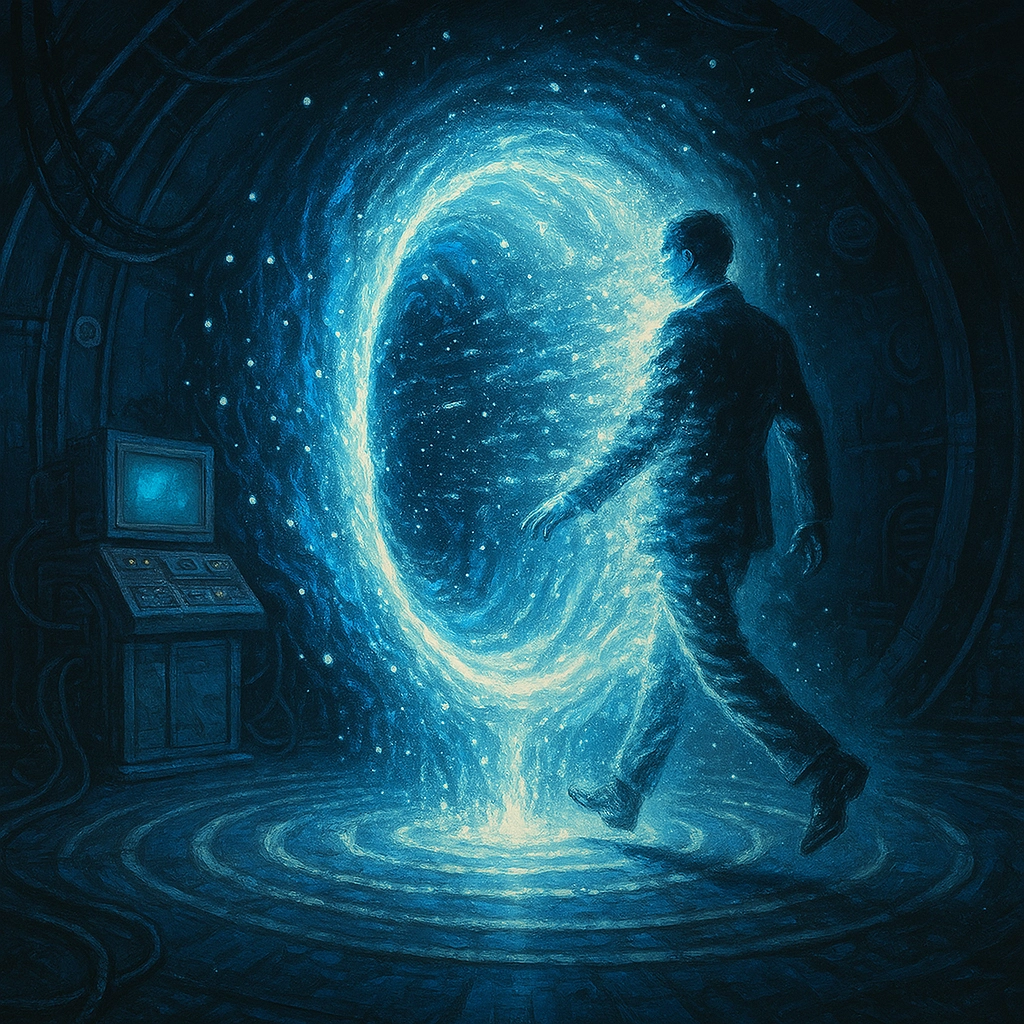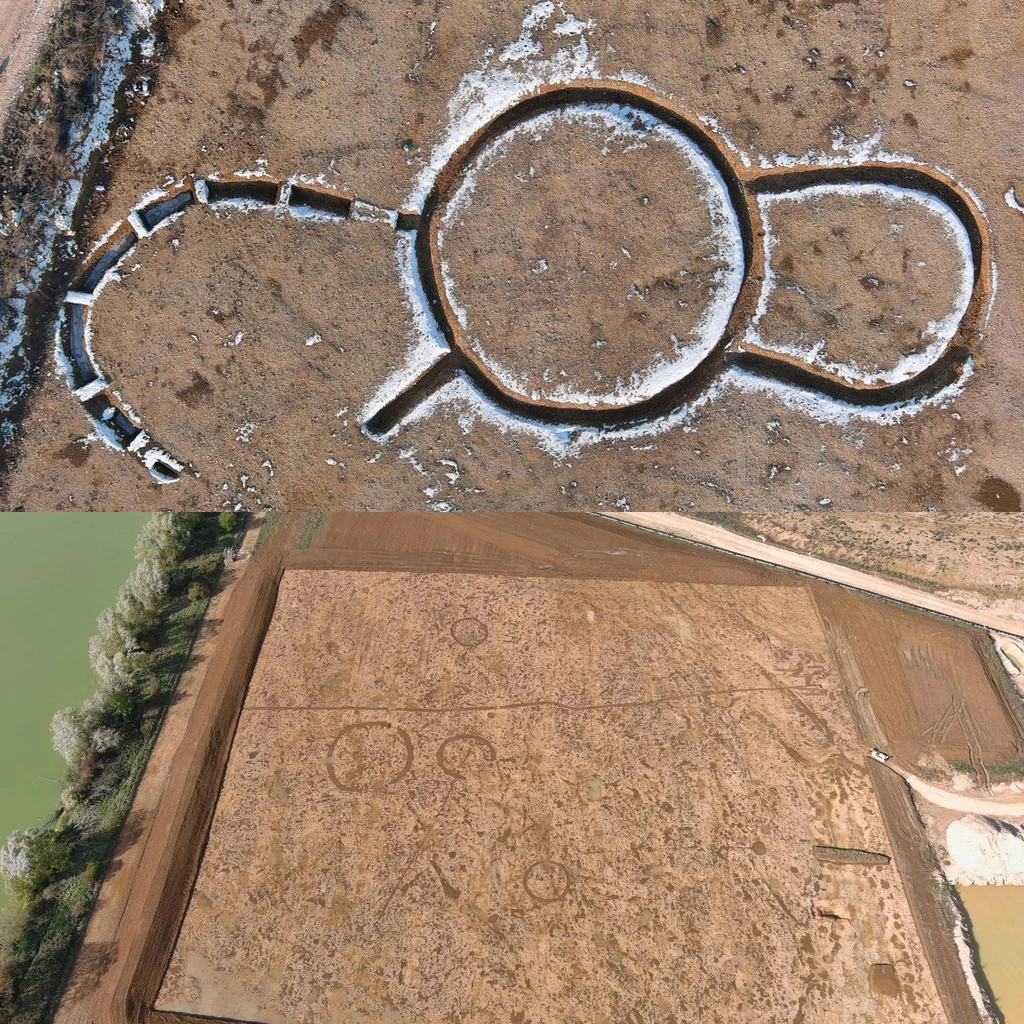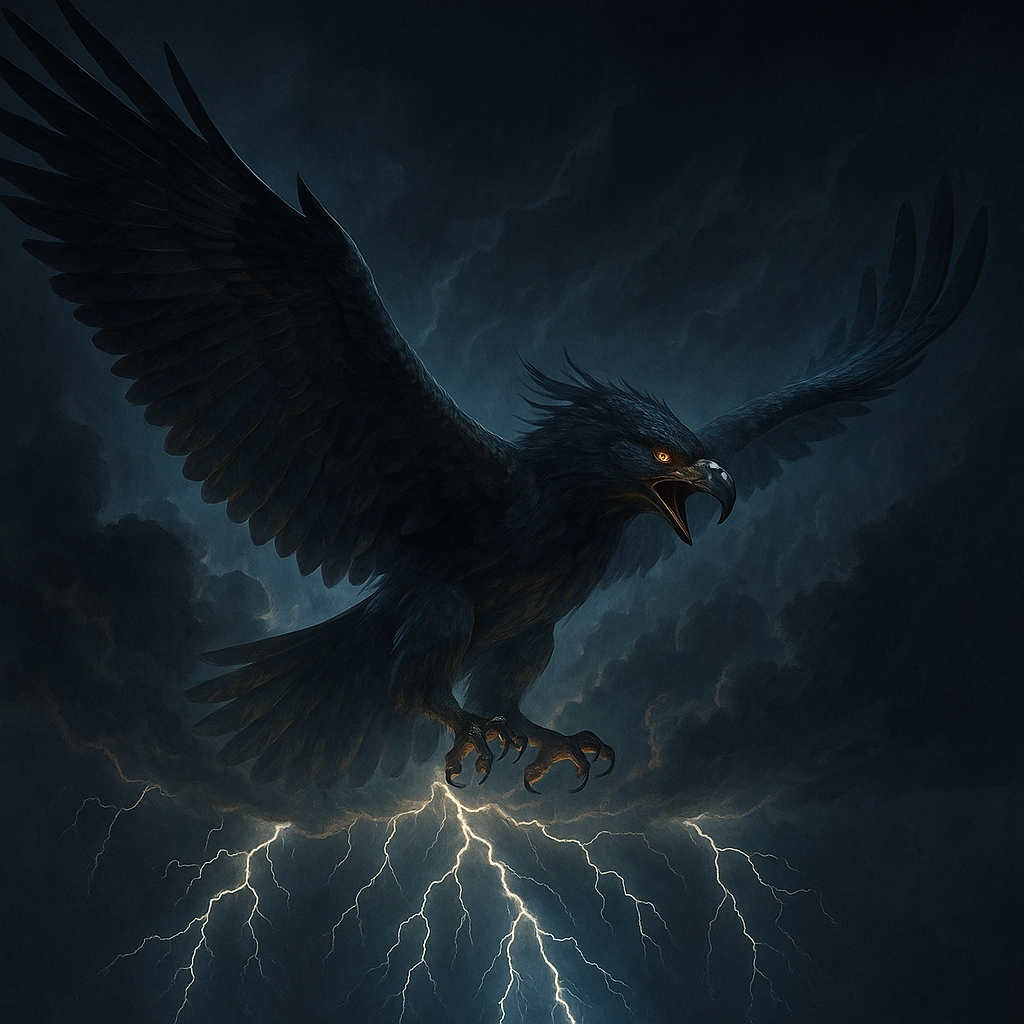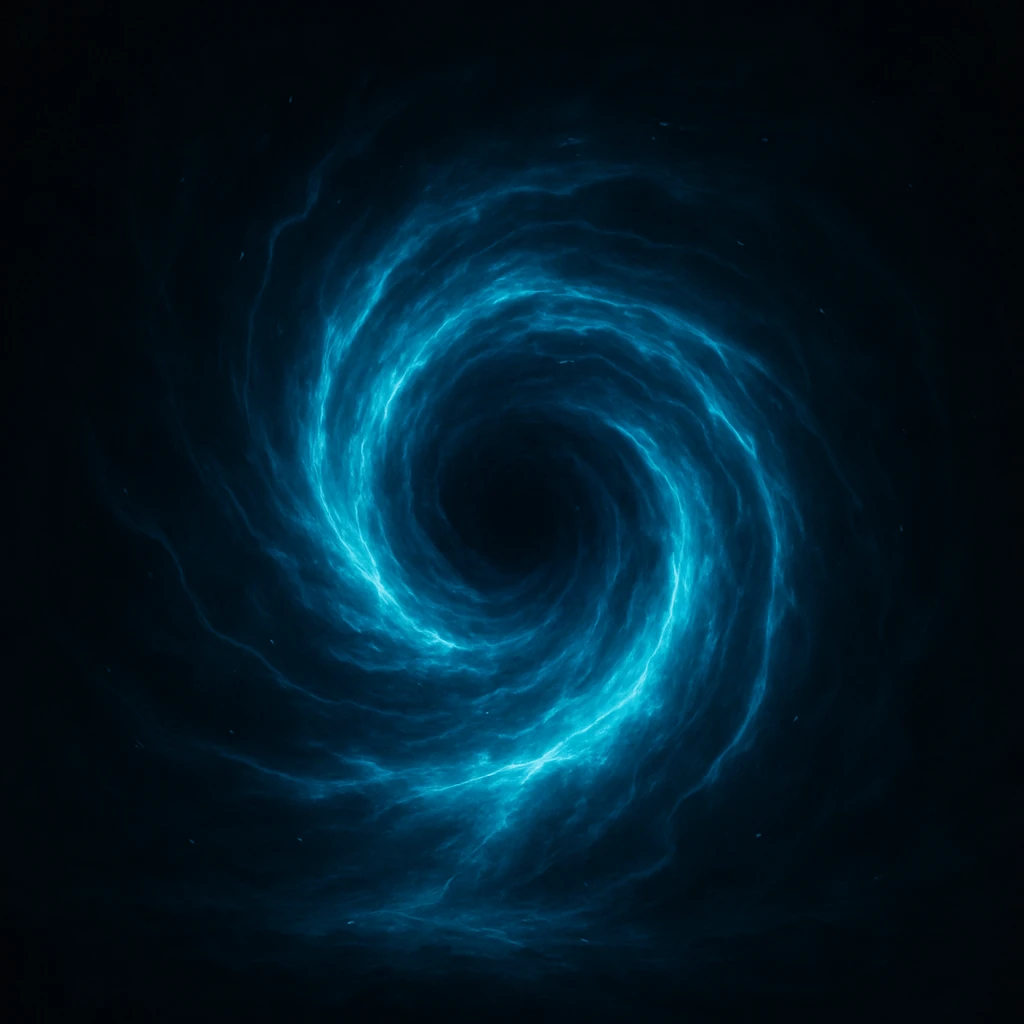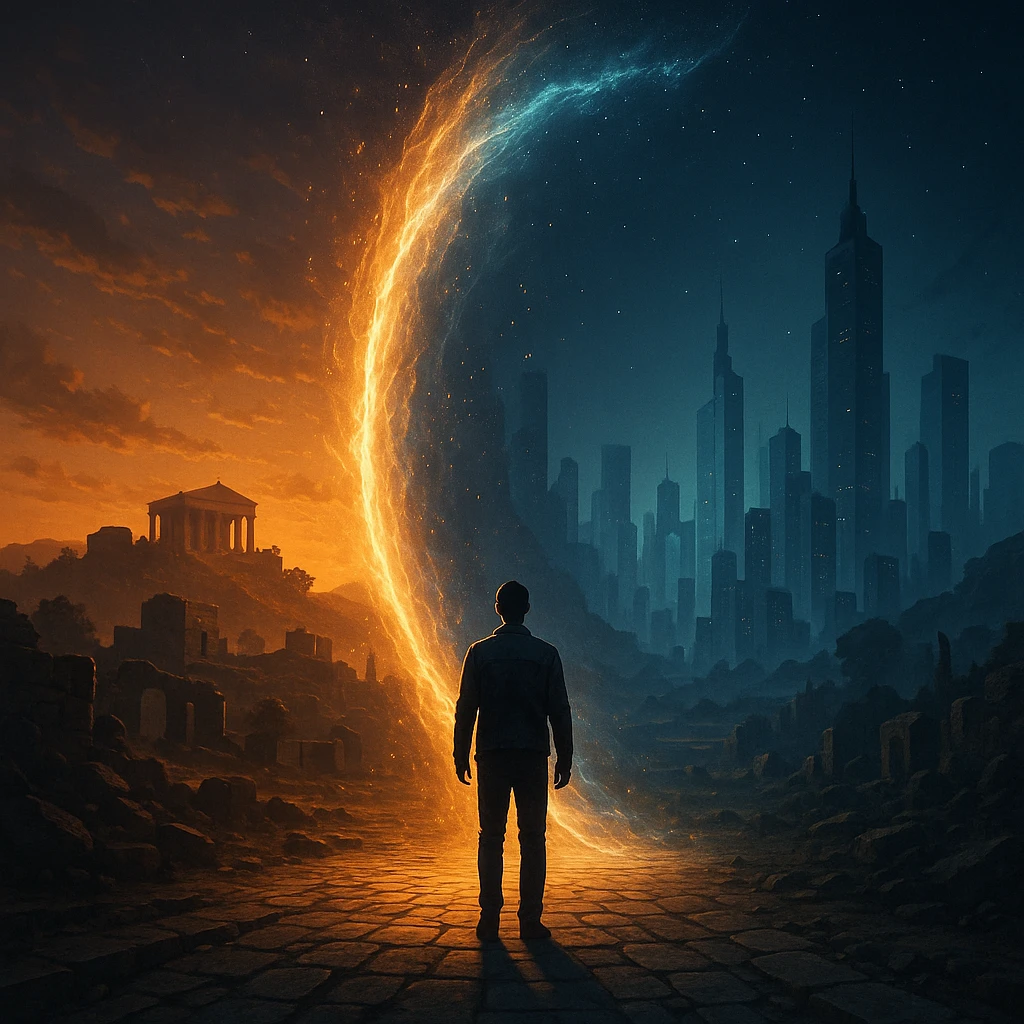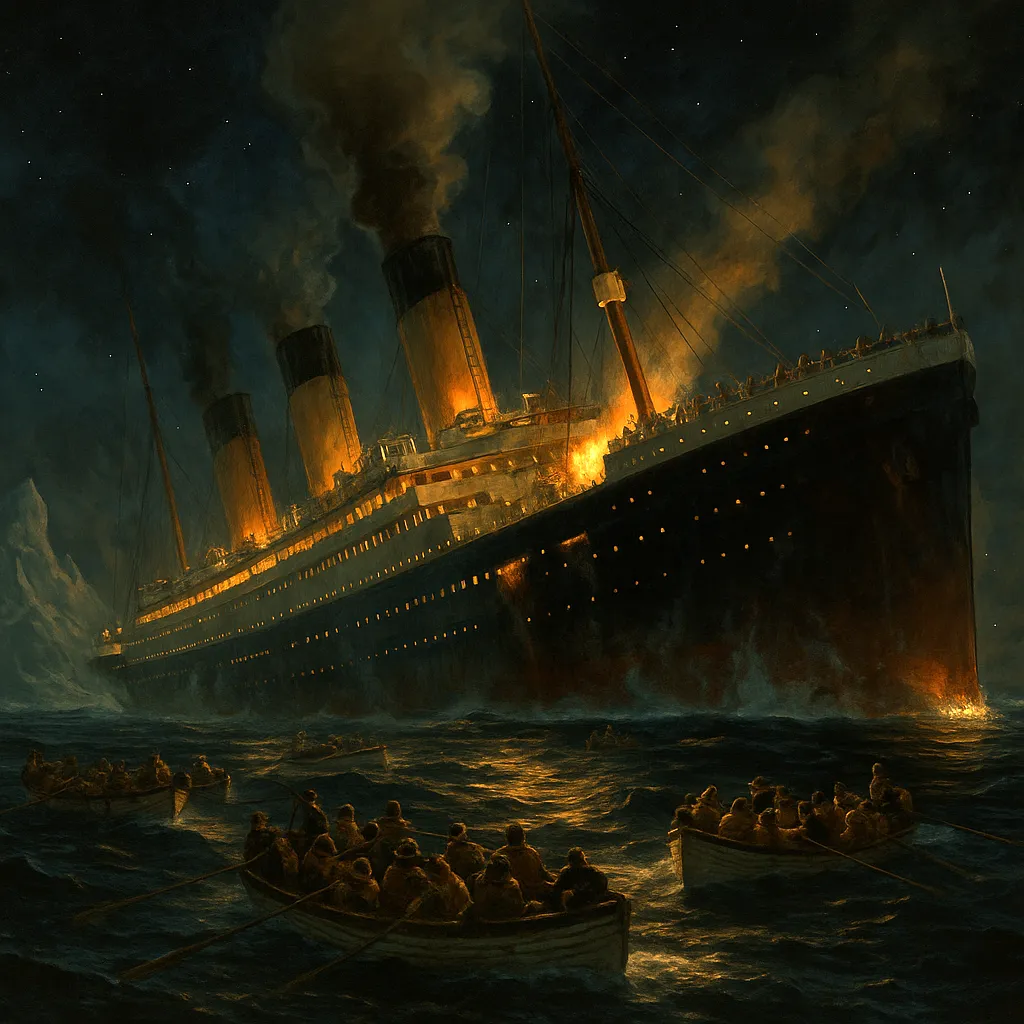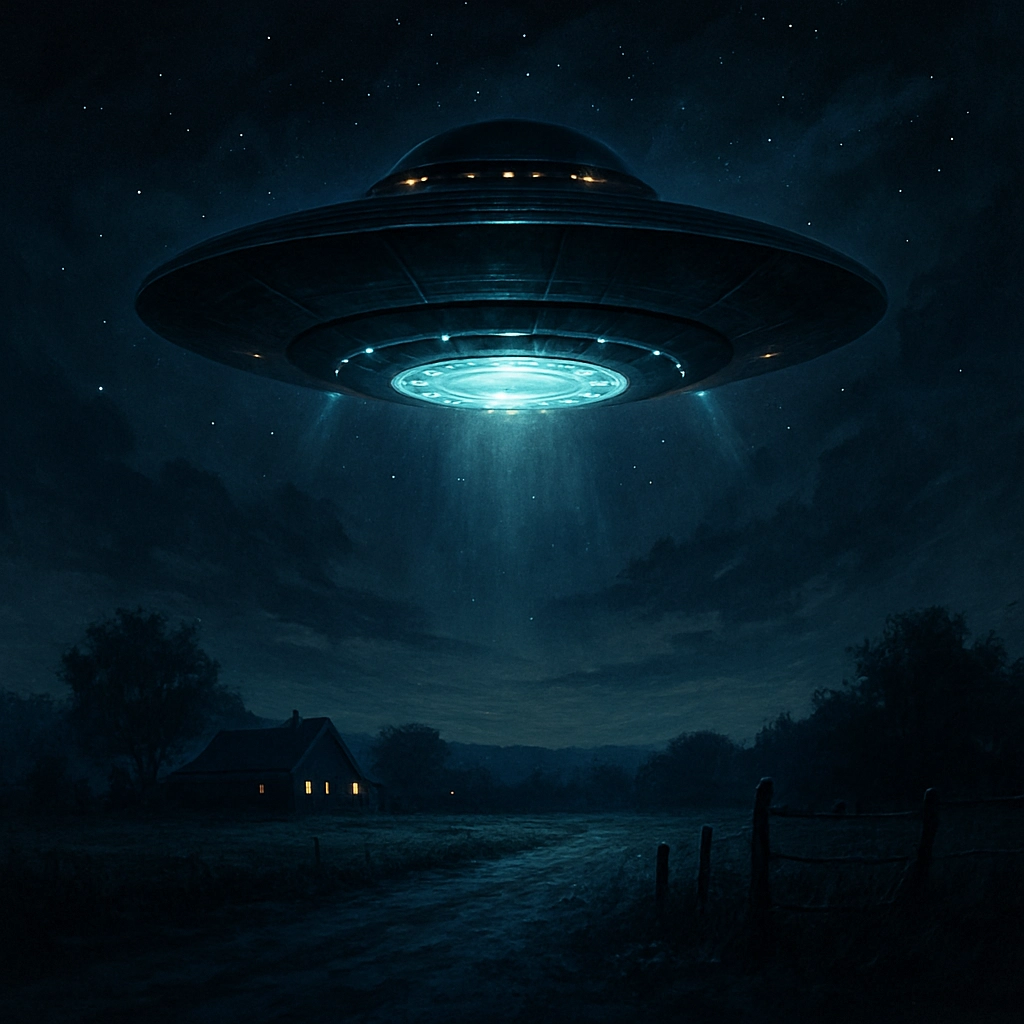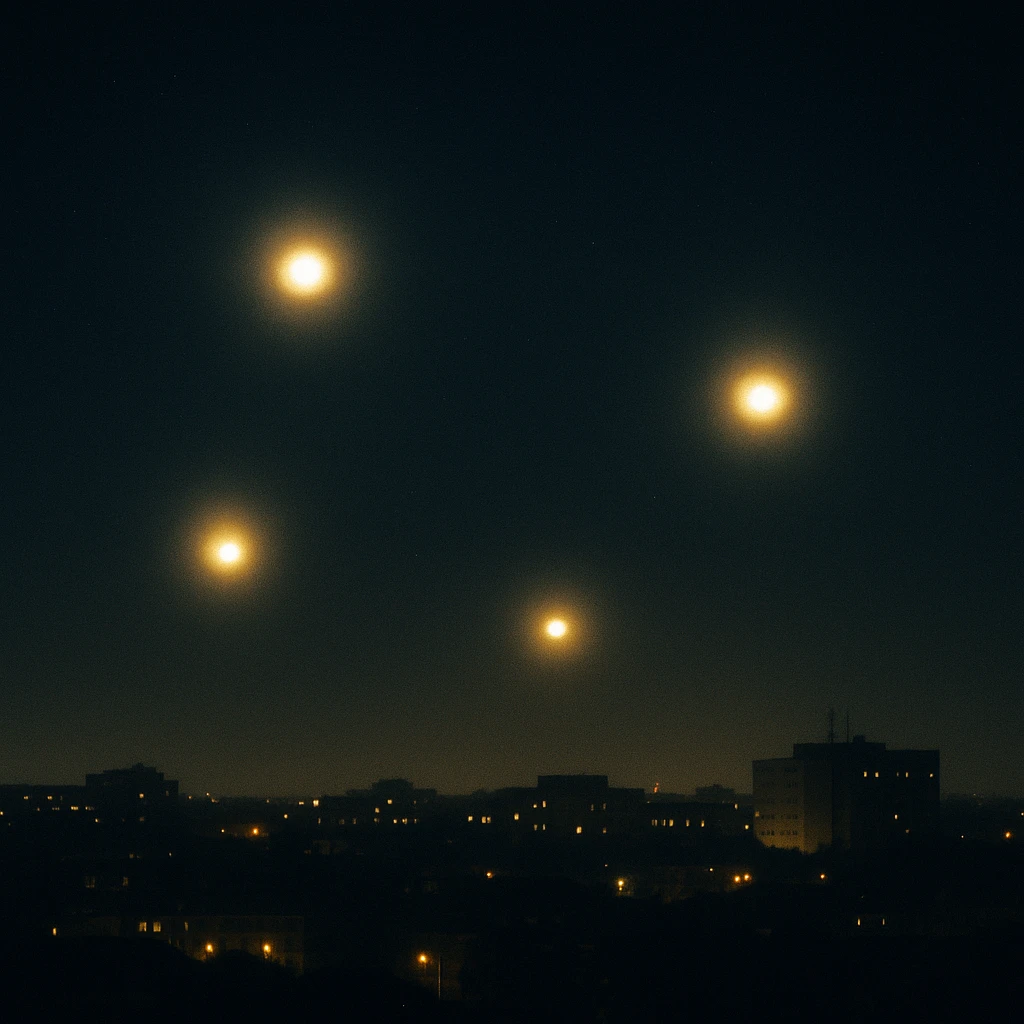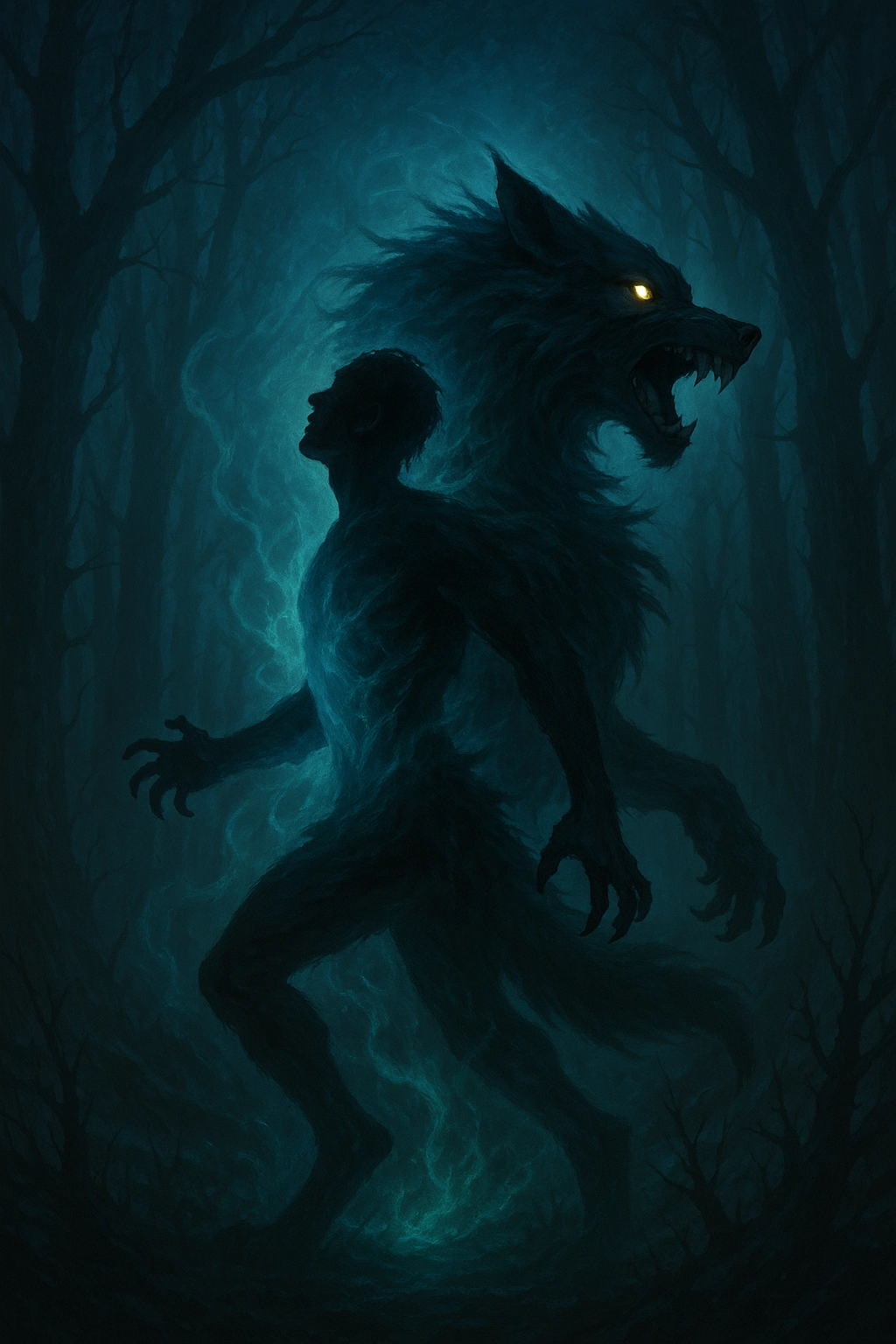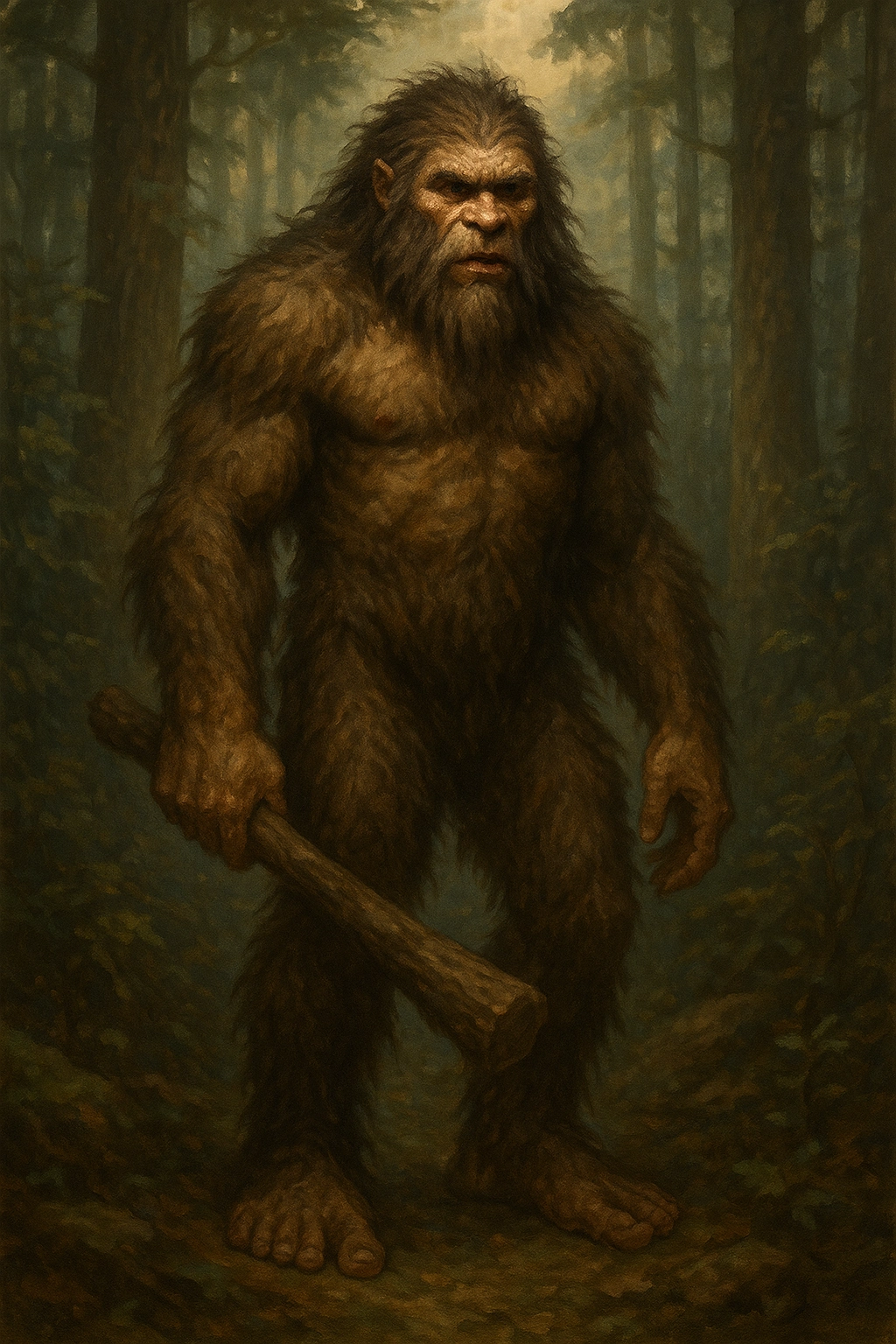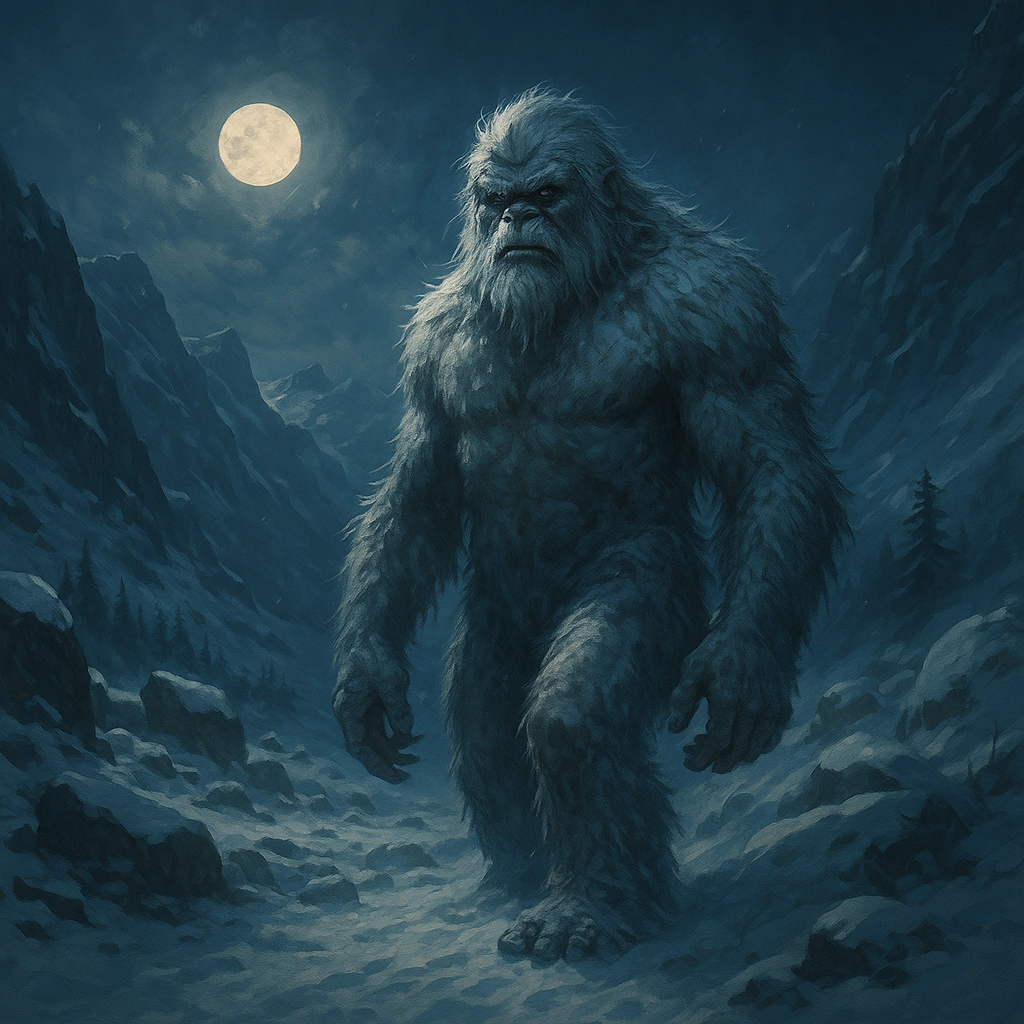What If Humans Never Aged?
Quick Answer: If humans never aged, life would look very different. People could live for centuries, change careers many times, and families would span many generations, but society might also face new problems.
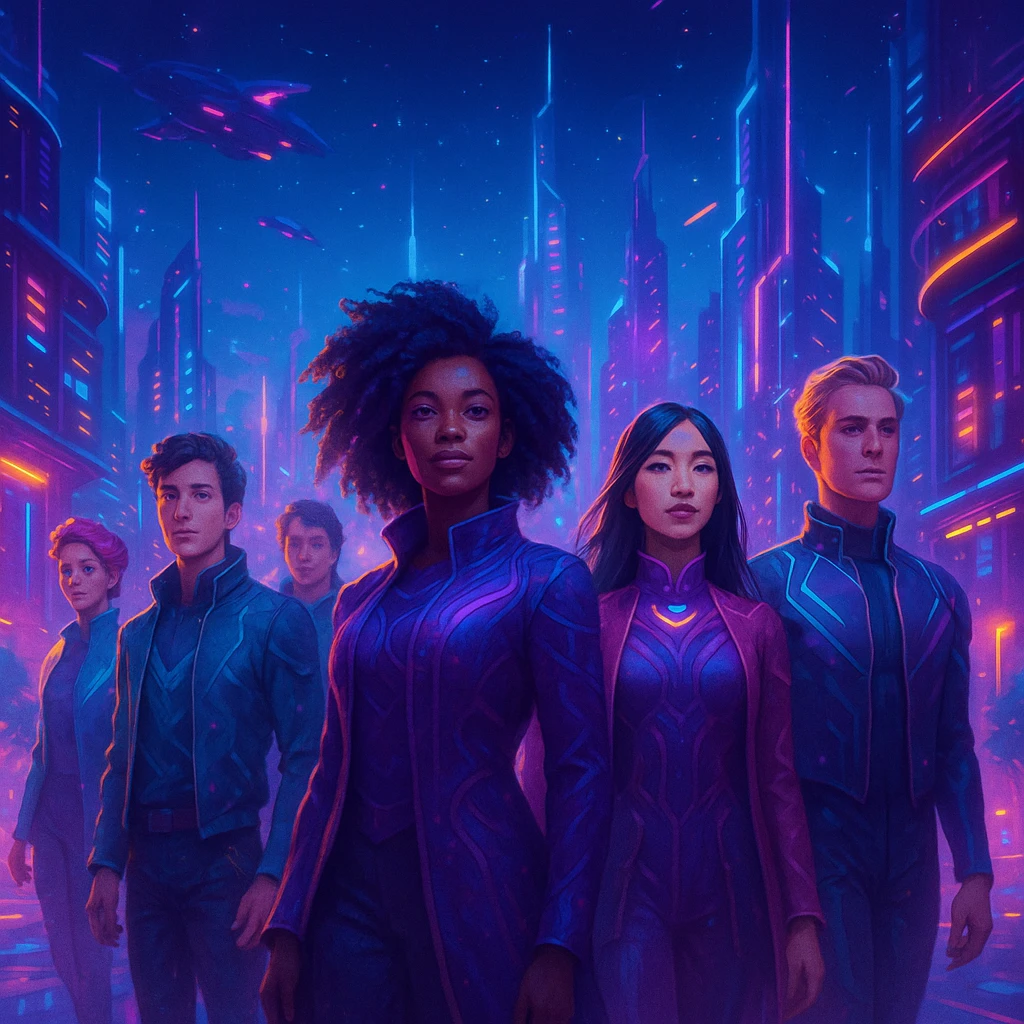
The Premise
What if humans never showed signs of aging? Children would still grow into adulthood, but after reaching physical and biological maturity, the aging process would stop. No wrinkles, no weakening bones, no gray hair. From that point forward, everyone would look and feel the same for the rest of their lives.
Imagine a world where a 25-year-old and a 200-year-old appear identical. Vital signs remain steady, immune systems remain strong, and energy levels stay consistent decade after decade. People would not fear birthdays. Time would lose its usual grip on the human body.
This kind of biological stasis could emerge from a genetic mutation, a breakthrough in cellular repair, or the introduction of nanotechnology that constantly reverses damage. Telomeres-the protective caps on our DNA-might never shorten. Cells would repair without error, and degenerative diseases could vanish.
While death by accident, illness, or violence would still be possible, natural aging as we know it would no longer exist. This opens the door to a completely different human experience-one where society, relationships, and even memory are shaped by a body that never grows old.
The Science and Speculation
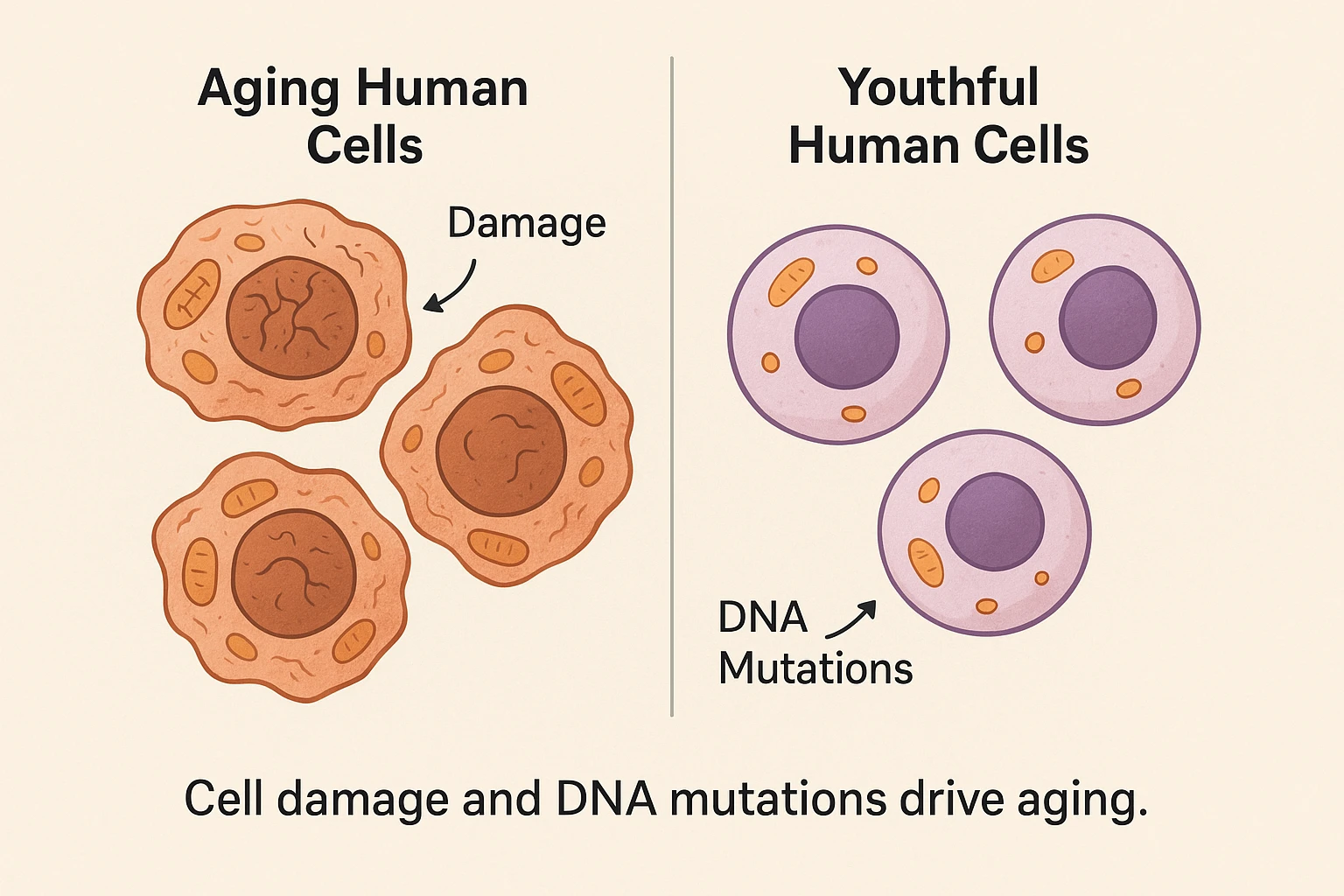
Aging happens because of damage to our cells over time. As cells divide, they accumulate errors. Telomeres shorten, mitochondria weaken, and free radicals cause damage at the molecular level. The body's ability to repair itself declines, leading to the slow breakdown we call aging.
Some animals, like the naked mole rat or certain species of jellyfish, seem to escape this fate. These creatures show little or no signs of aging and remain fertile for most of their lives. The so-called immortal jellyfish, *Turritopsis dohrnii*, can even revert its cells to a younger state, essentially reversing its life cycle. This has caught the attention of longevity researchers looking for clues.
Scientists are exploring the role of stem cells, gene therapy, and cellular reprogramming to slow or halt aging. One target is telomerase, an enzyme that can rebuild telomeres and extend the lifespan of cells. Another is senolytics-drugs that remove damaged "zombie" cells that no longer function but refuse to die. Lab mice treated with these methods have lived longer and stayed healthier into old age.
Some experts suggest that nanotechnology or synthetic biology could one day repair tissues continuously at the cellular level. Others propose artificial bodies or brain-computer interfaces to escape biological limits entirely. While these ideas remain speculative, the fact that aging is being treated as a solvable problem marks a major shift in scientific thinking.
Possible Consequences

Endless youth: People would stay strong, healthy, and physically unchanged for centuries. No decline in eyesight, no aching joints, no memory loss. This could create a class of hyper-capable individuals who retain peak performance across generations. Olympic athletes might still compete a hundred years later. Artists, scientists, and leaders could keep refining their skills indefinitely.
Population growth: With natural death no longer part of the equation, the population would rise quickly. Unless birth rates were strictly controlled, cities would overflow. Even if people lived cautiously, over time the Earth might struggle to support billions of extra lives. Space colonization could shift from science fiction to a practical necessity.
Careers and family: Life paths would stretch in unexpected ways. People could pursue dozens of careers, change fields every few decades, or take long sabbaticals between phases of life. Family structures would become vast and layered-great-great-great-grandparents might live alongside their distant descendants, all appearing roughly the same age. Emotional connections could either deepen over centuries or grow complex and strained with time.
Resources: A planet full of ageless humans would place immense pressure on resources. Food, clean water, energy, and housing would be in constant demand. The need for sustainable infrastructure would be urgent. Political systems might need to address longevity limits, equity in access to life-extension technology, and planetary carrying capacity.
In Pop Culture
Stories about immortality and eternal youth have appeared for thousands of years. From ancient myths to modern sci-fi, the idea of escaping aging captures both wonder and fear. In many tales, youth without end is a blessing at first, but slowly turns into a burden.
Greek myths warned of immortals who outlived everyone they loved. In "The Picture of Dorian Gray," a man remains young while a hidden portrait bears the marks of age and guilt. More recently, films like "The Age of Adaline" and "Highlander" explore what it means to live through centuries while the world keeps changing around you.
Pop culture often contrasts the beauty of endless youth with the loneliness and ethical tension it brings. Would people form real connections if time lost its meaning? Would society lose its urgency, or become frozen by those who never step aside?
Whether framed as a fantasy or a warning, the dream of never aging continues to echo in stories because it taps into something deeply human desire for more time, and a fear of what that time might cost.
Expert Take
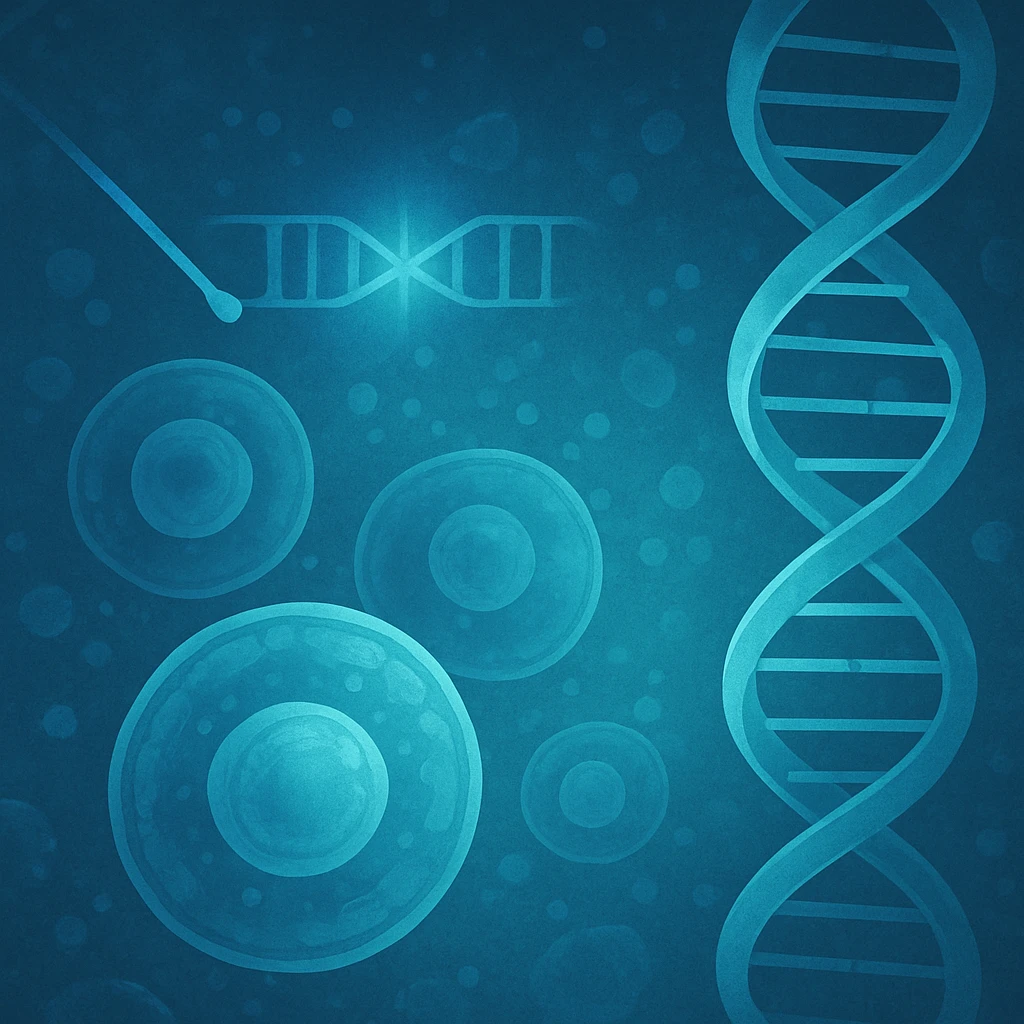
"Stopping aging would require a full redesign of human biology," says Dr Leena Masuda, molecular biologist and director of age-reversal studies at Genova Labs. "We are talking about rewriting the rules of cellular behavior-how cells divide, repair themselves, and know when to die."
She explains that aging is not caused by one single factor. "It is the cumulative effect of many processes-genetic mutations, telomere shortening, cellular waste buildup, inflammation, oxidative stress. You would need to solve all of them at once to stop aging completely."
Dr Masuda believes the science is moving fast but warns of ethical and ecological dangers. "If we halt aging before we understand its full role in evolution, we risk creating problems we cannot predict-cancer rates, neurological instability, or social collapse from population imbalance."
"It is not just about living longer," she concludes. "It is about knowing why we age, and whether the body and the planet can support a life without that natural endpoint."
Skygaze Twist
If nobody aged, how would society handle never-ending life? Would people become bored or more creative? Would new rules, traditions, or even forms of government appear?


